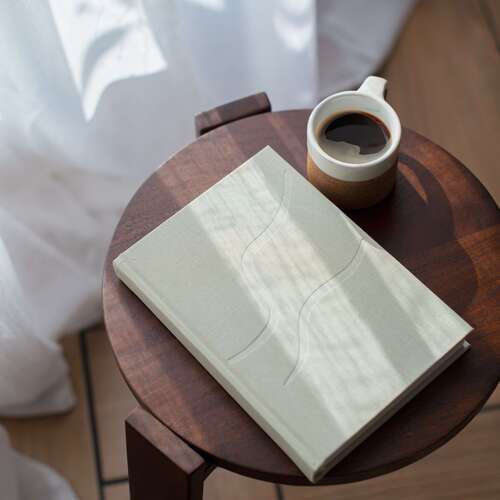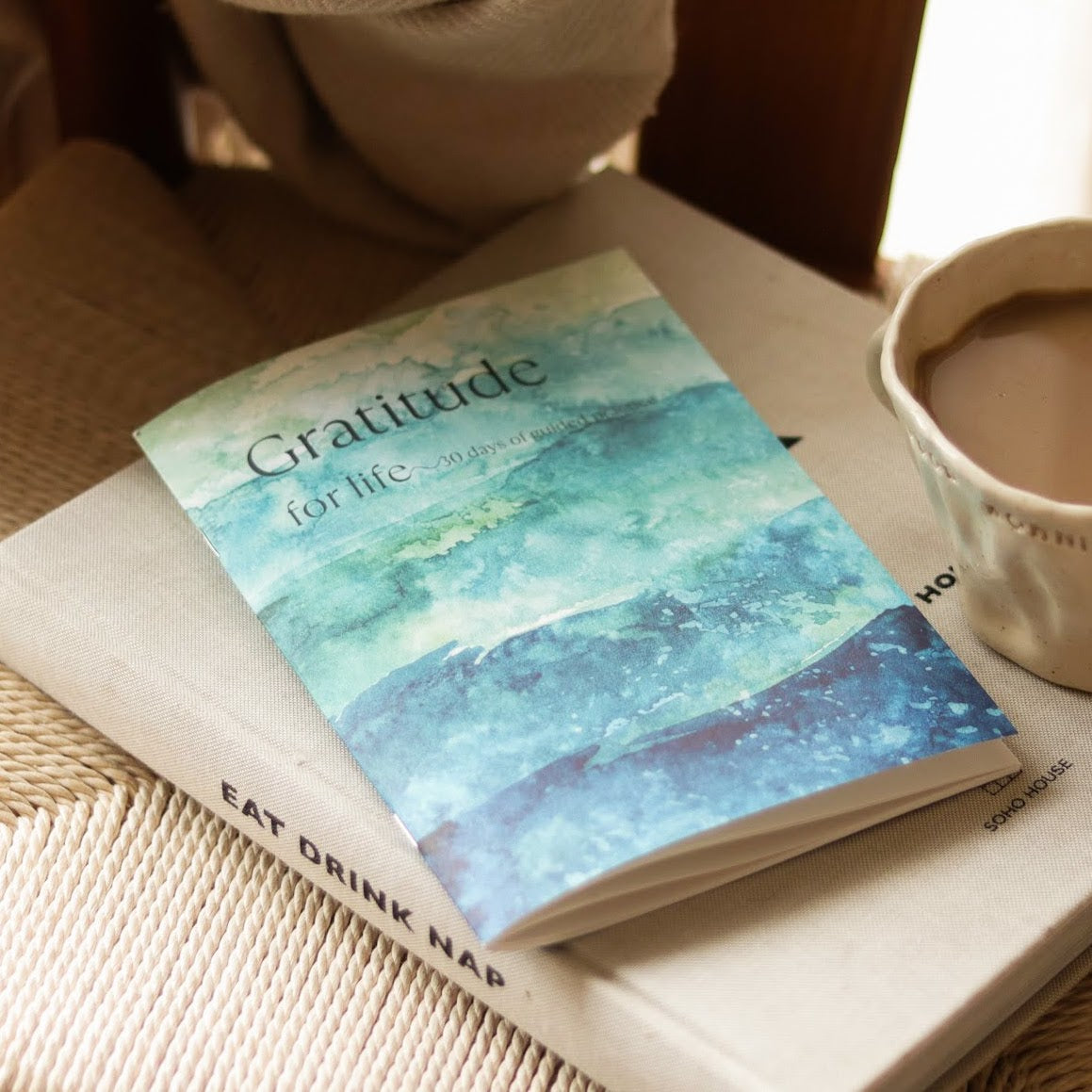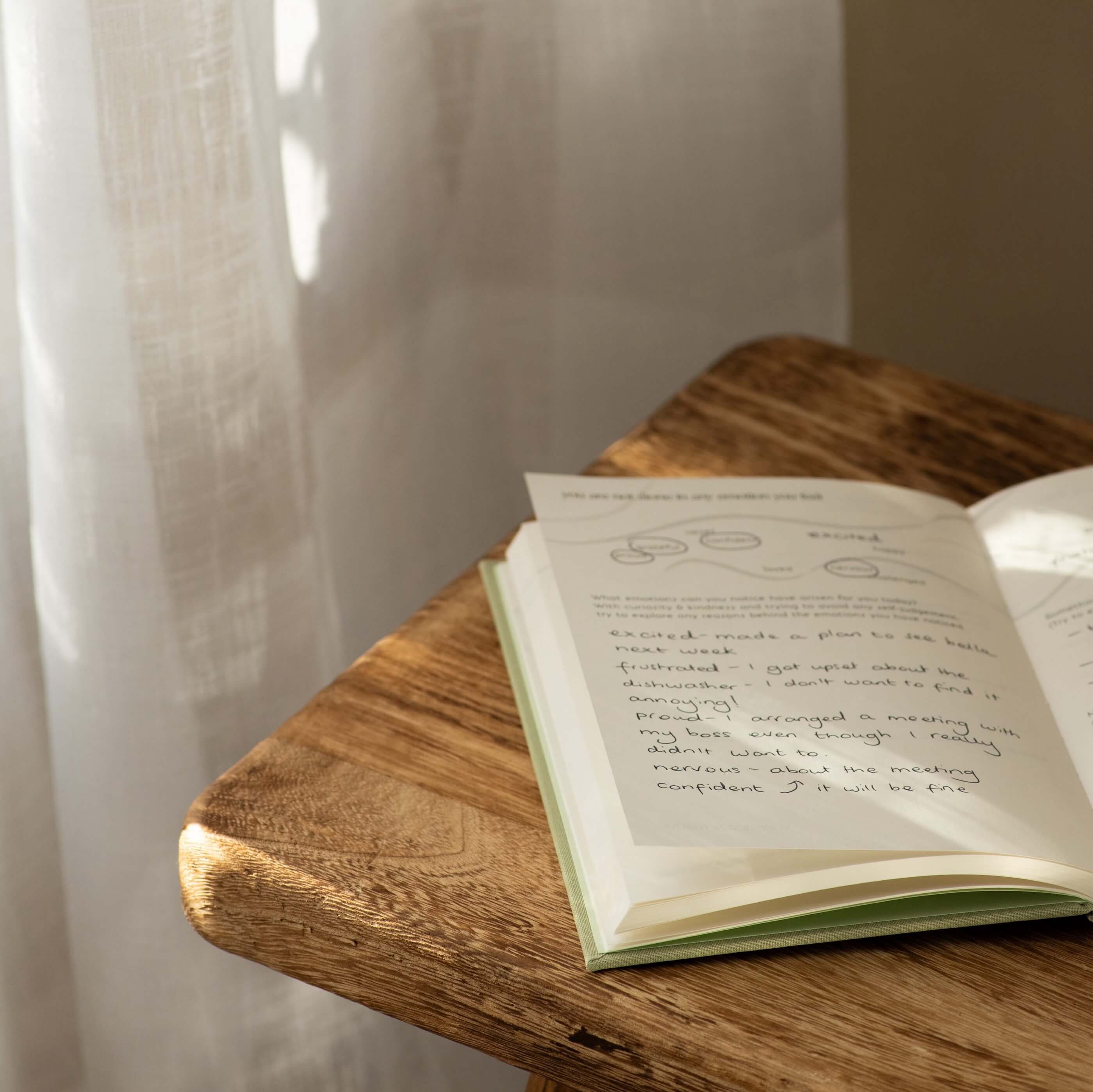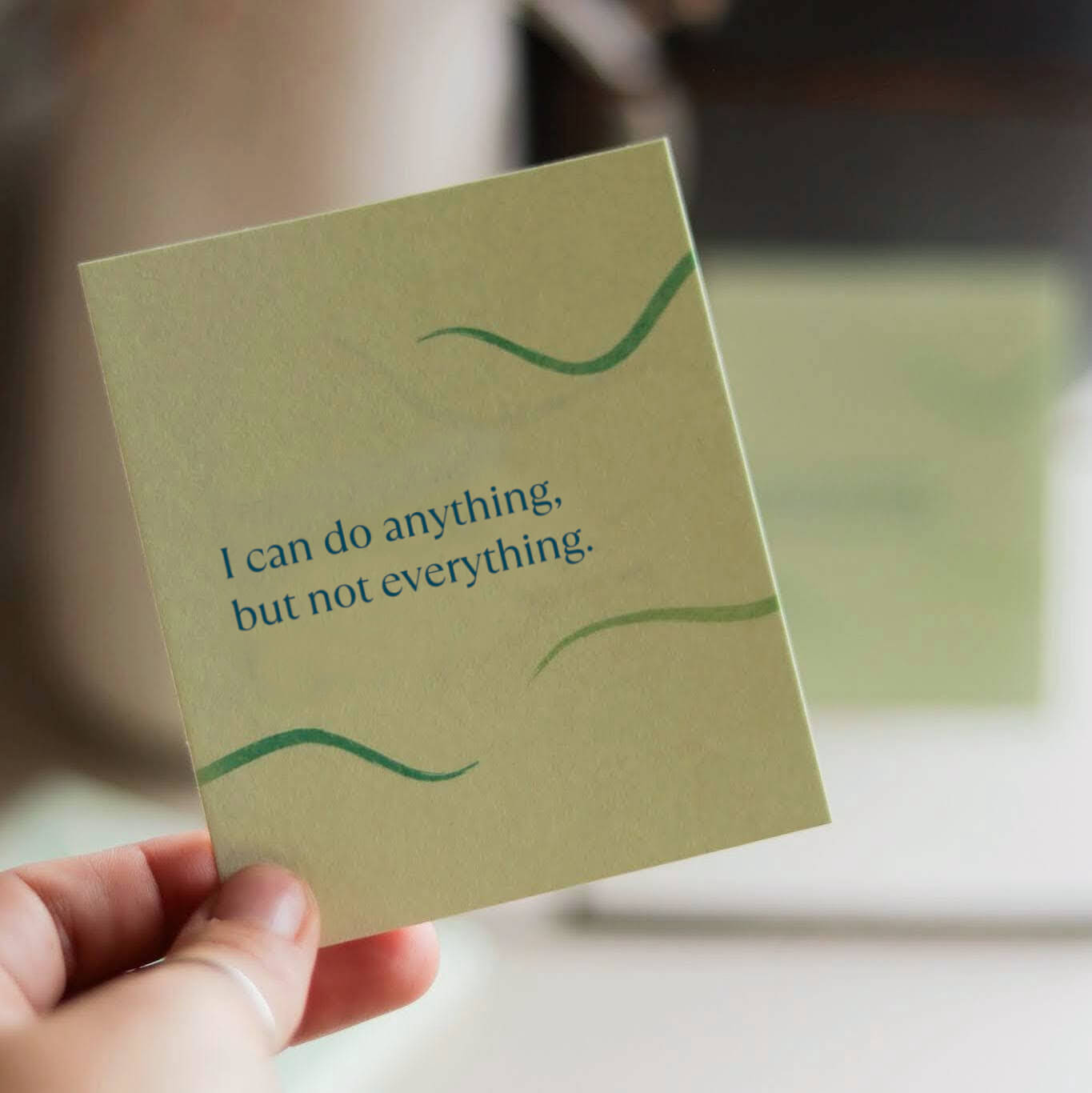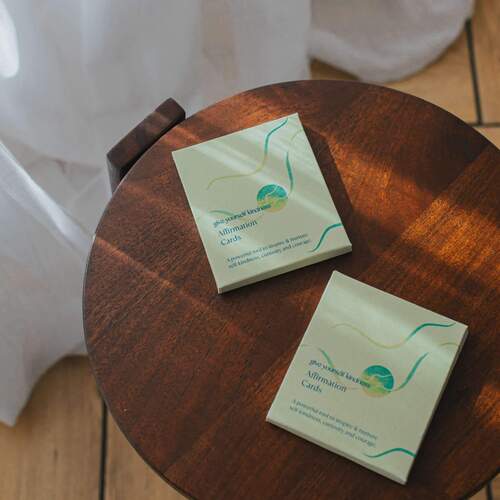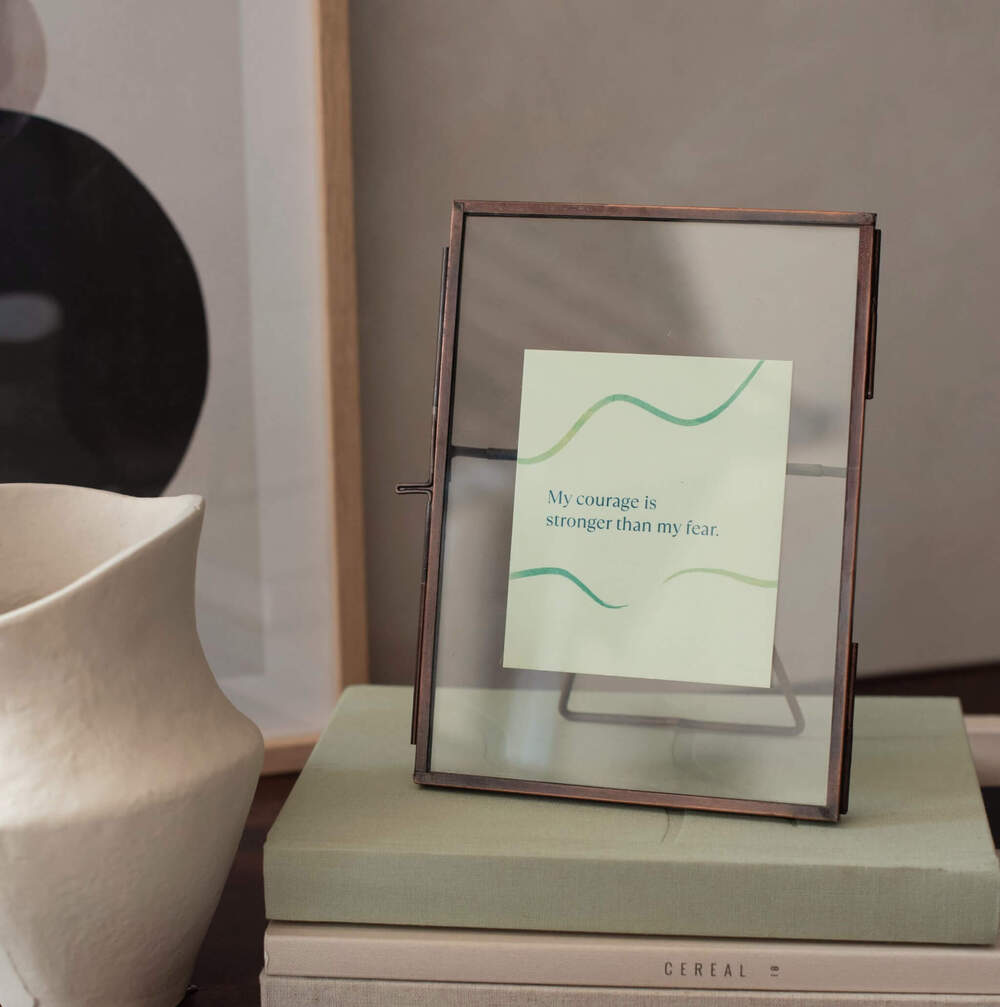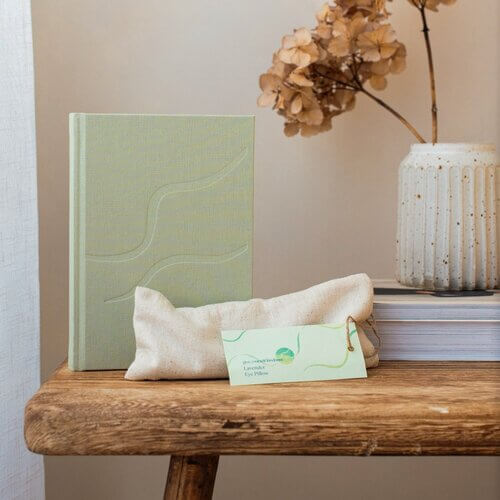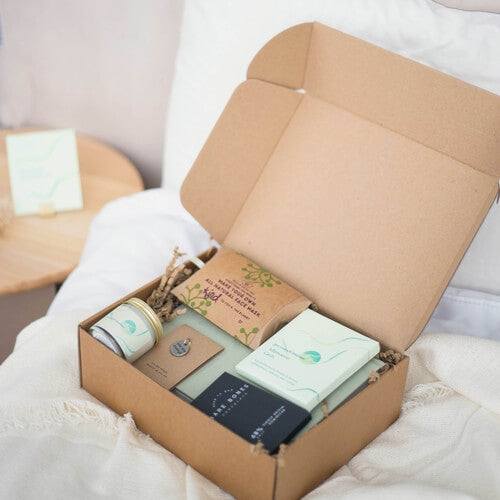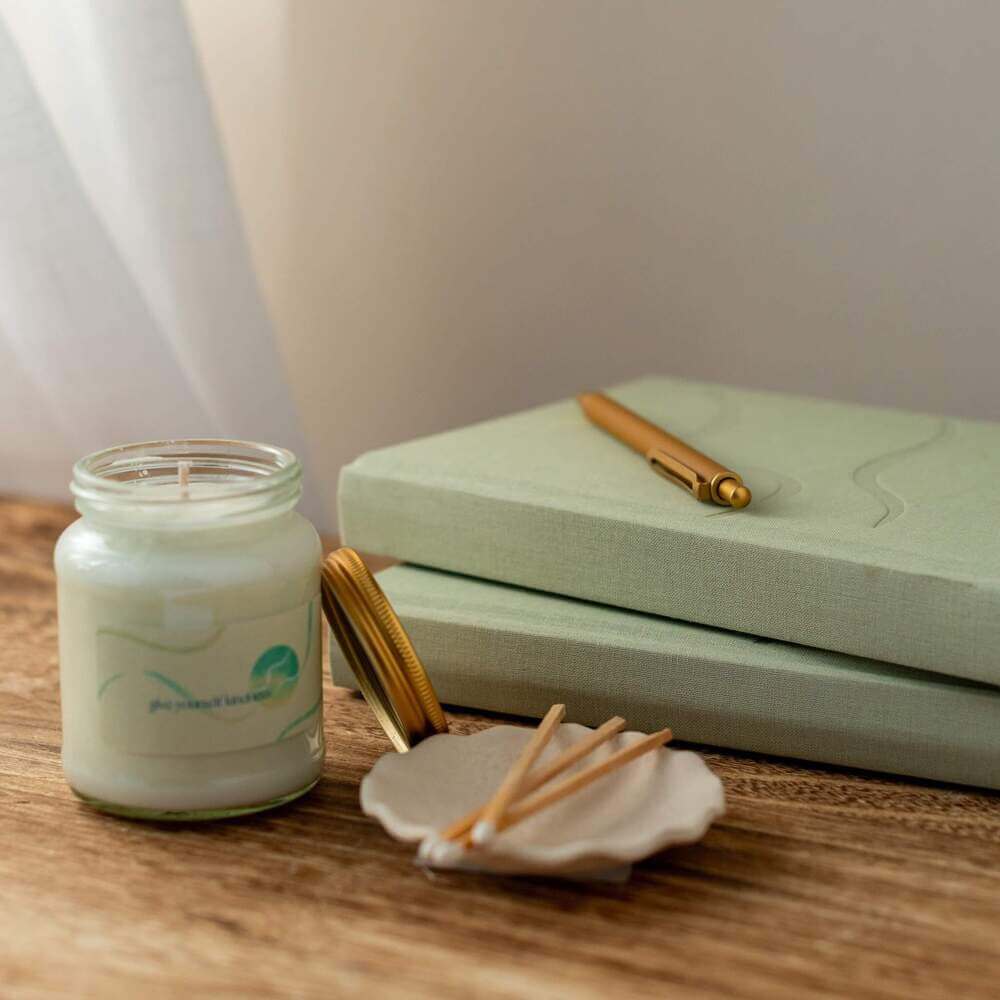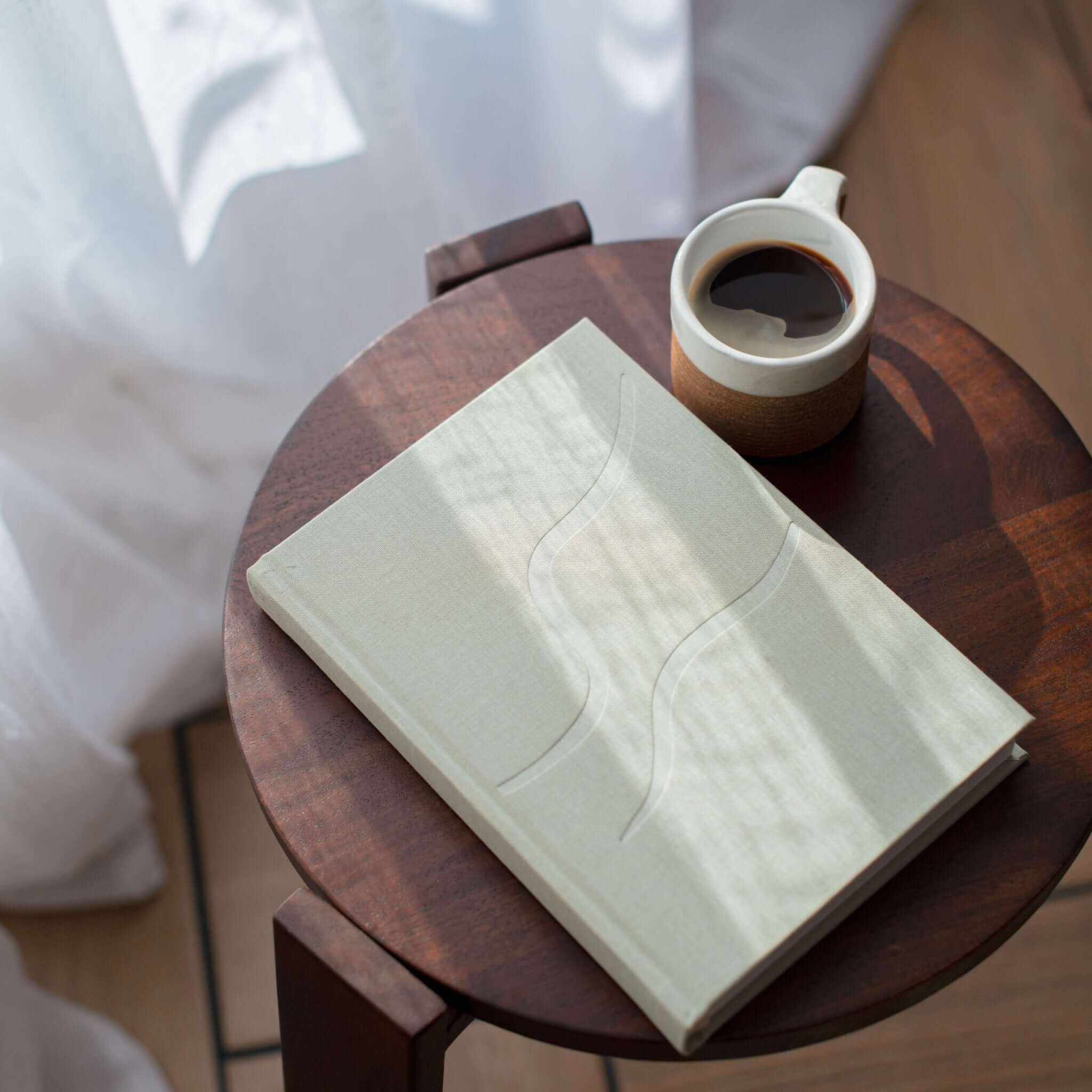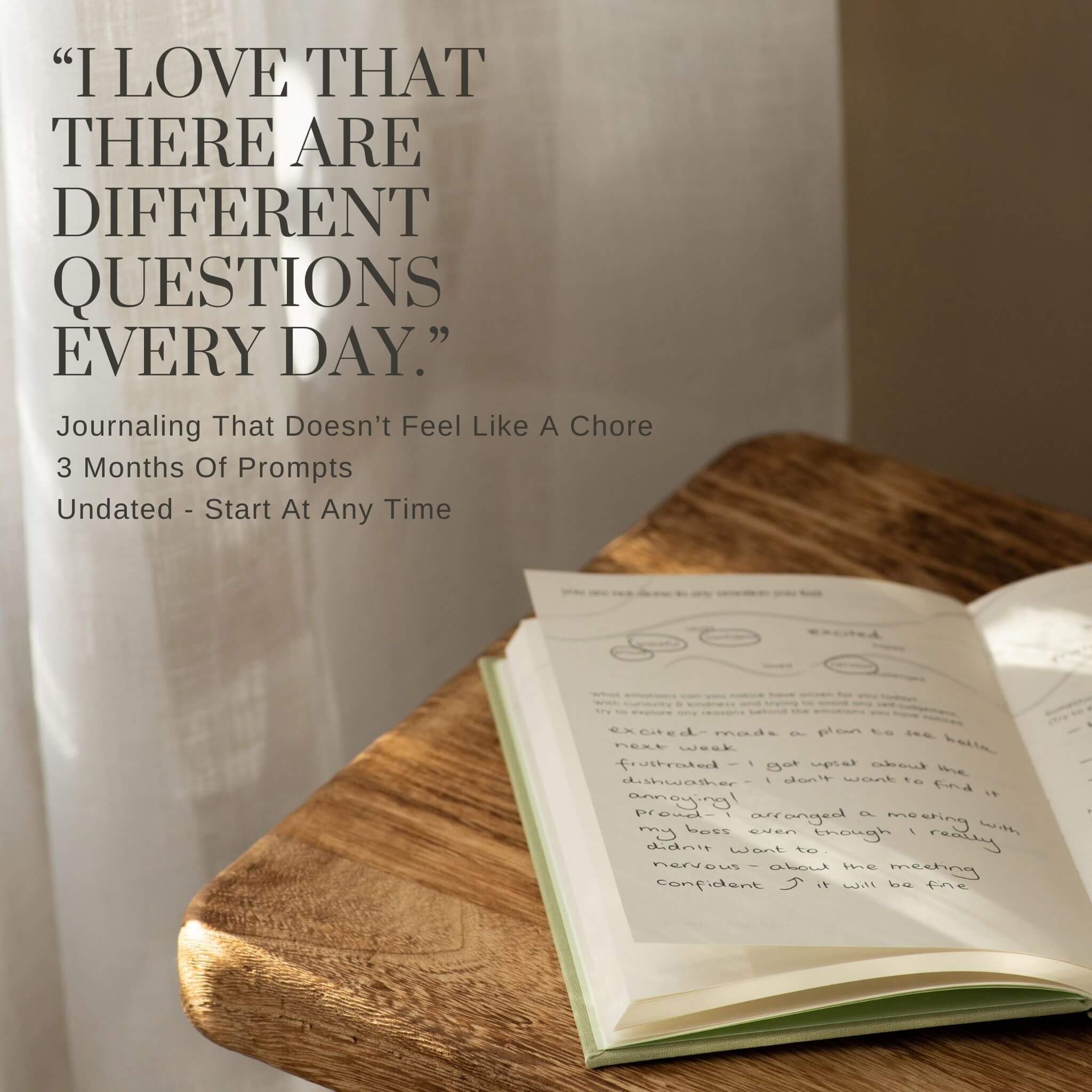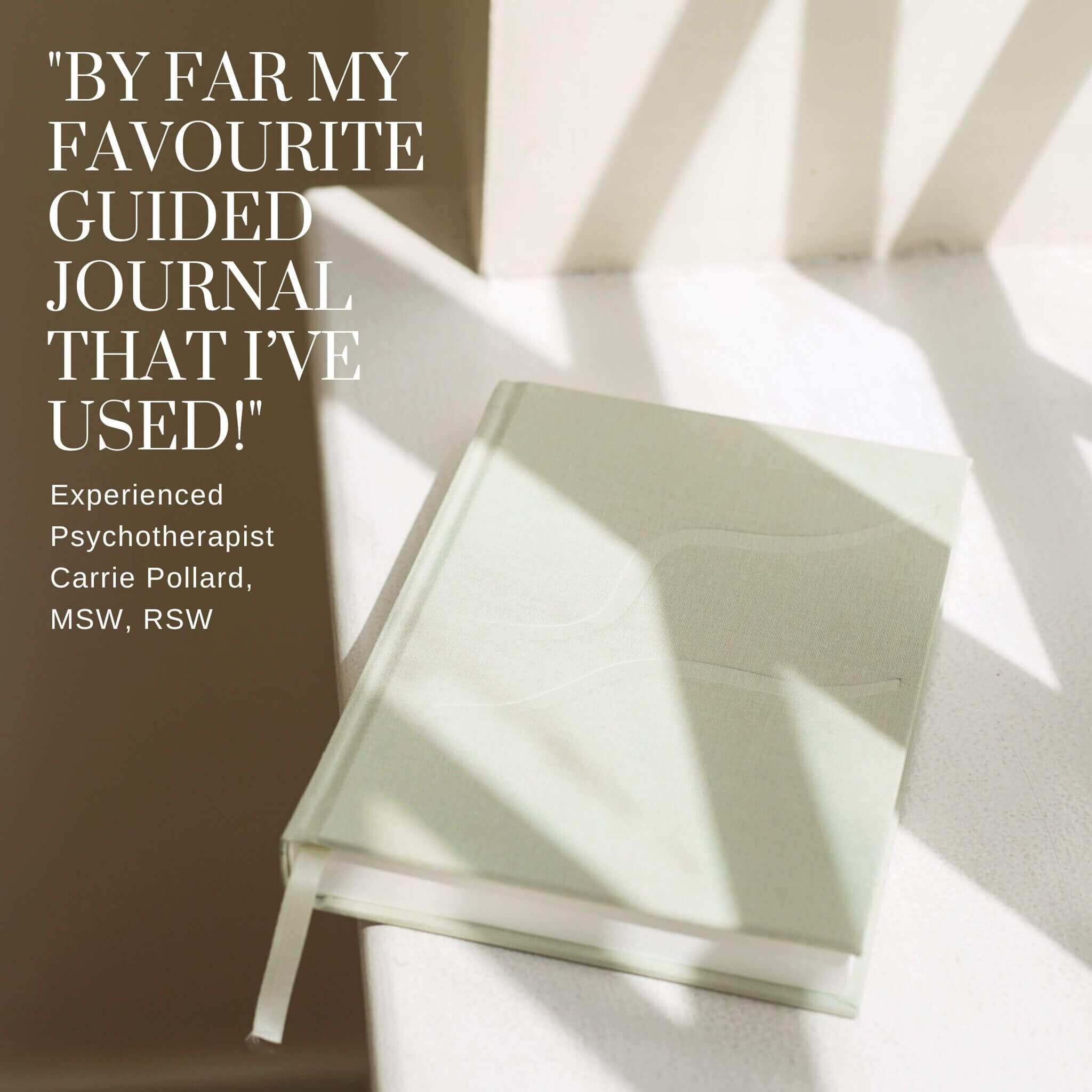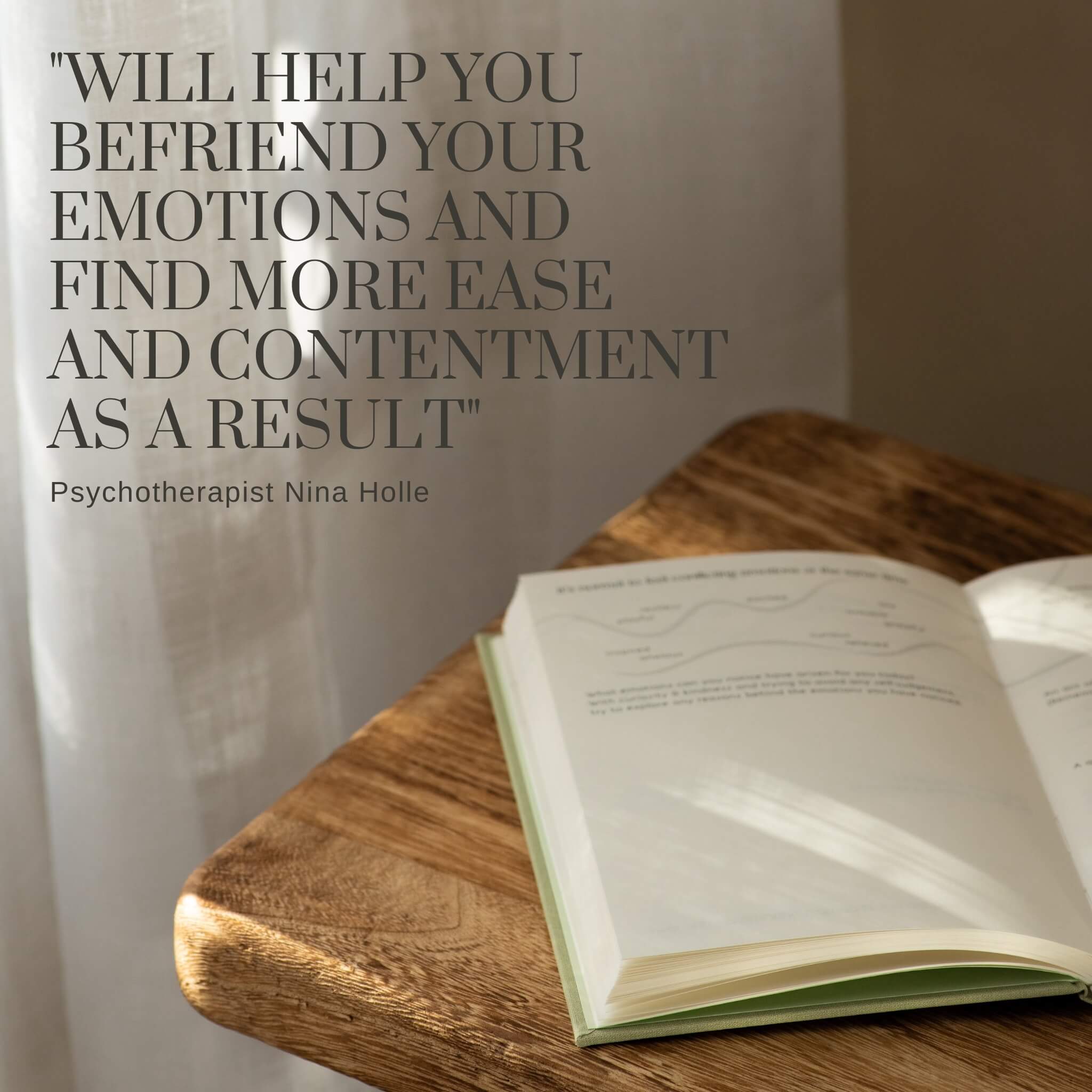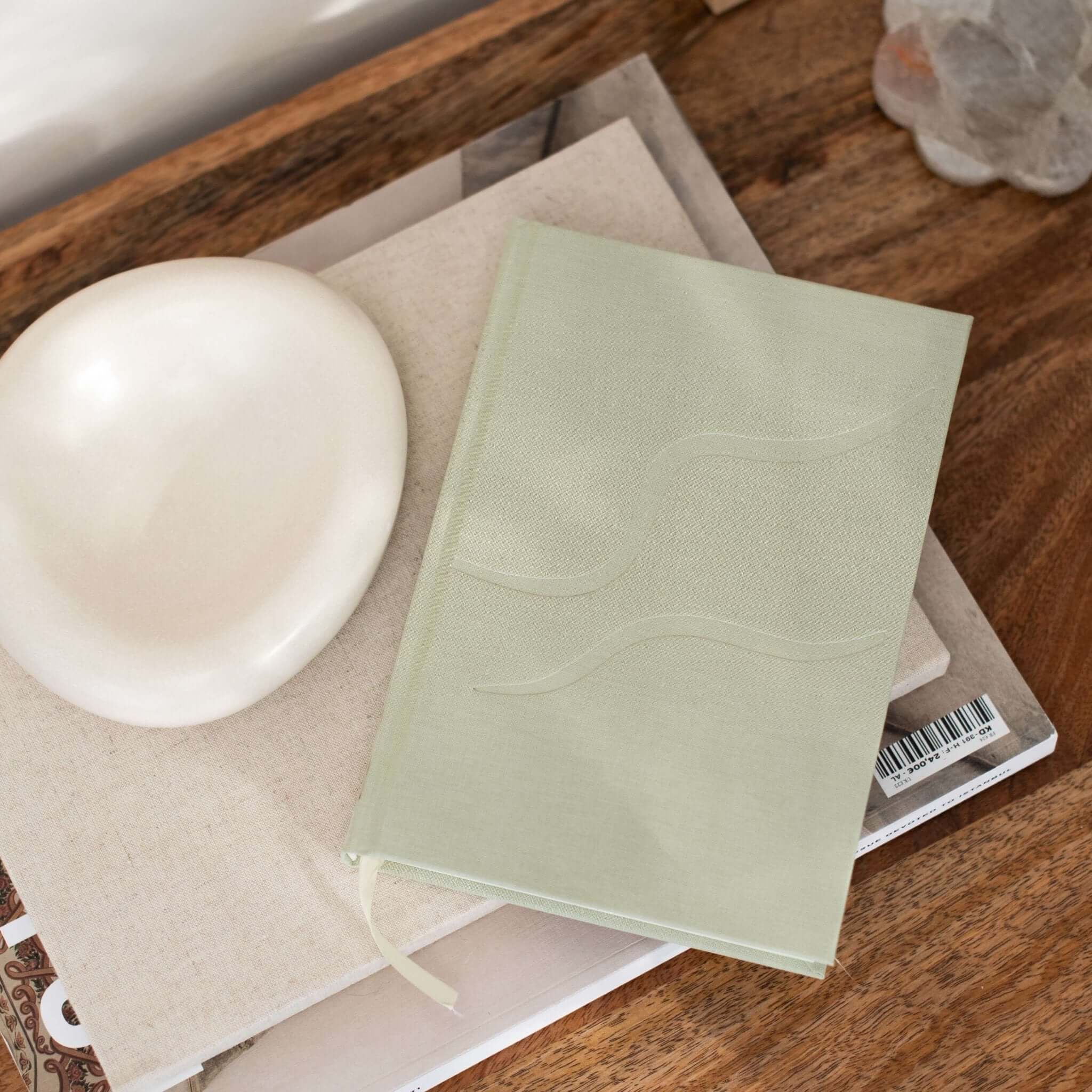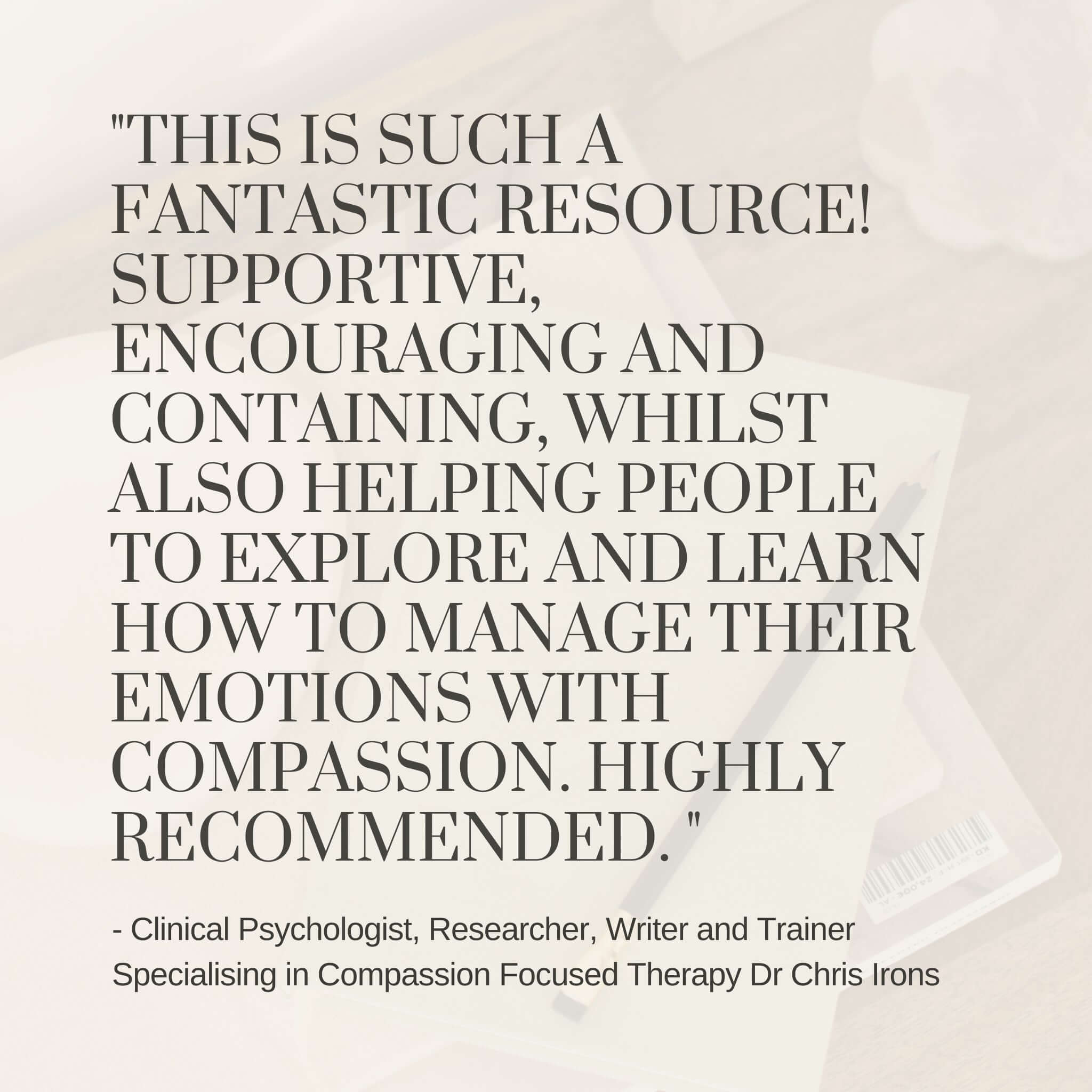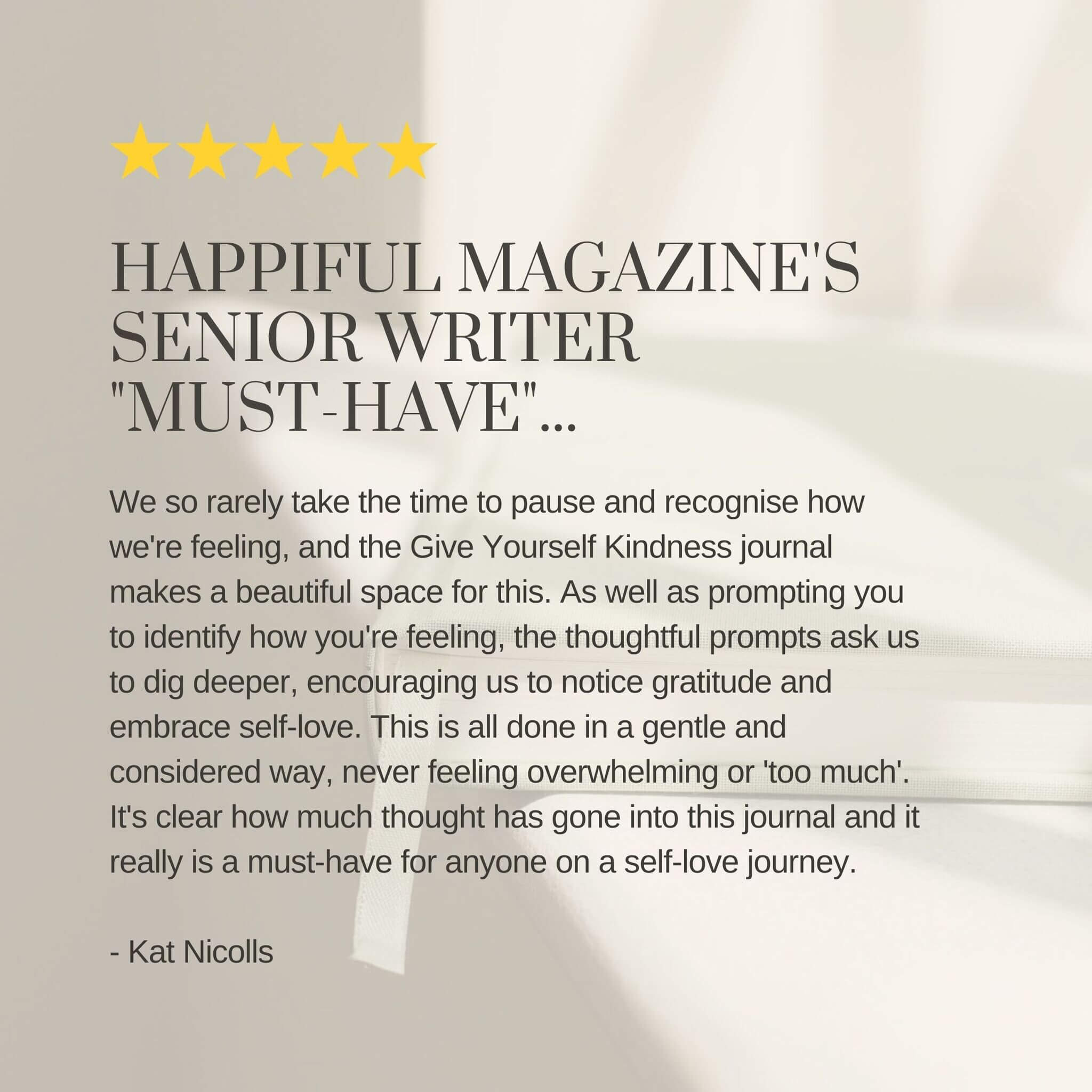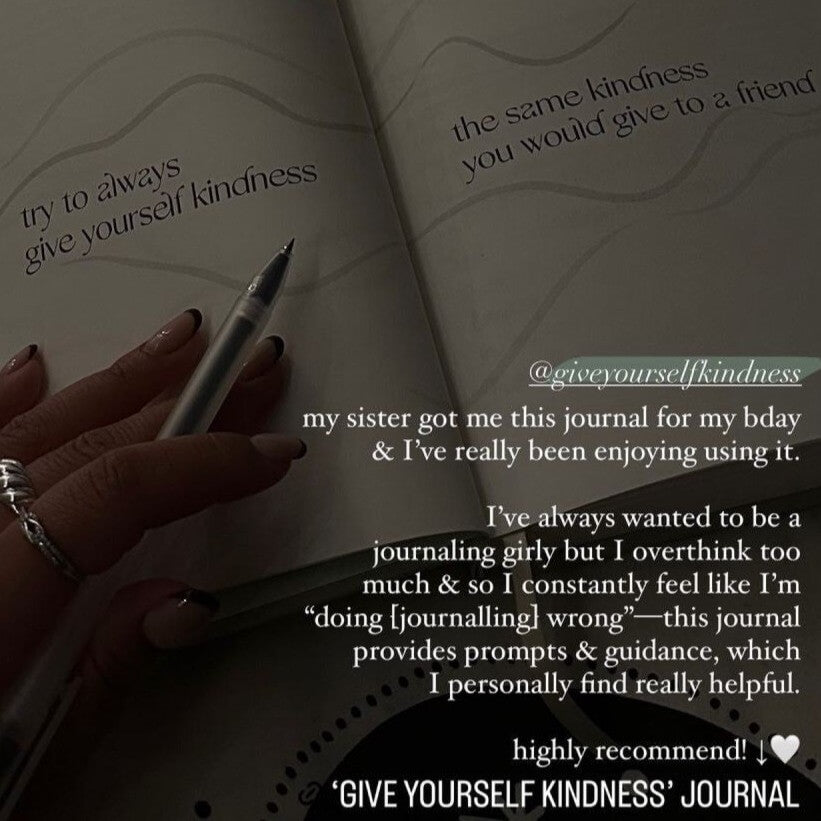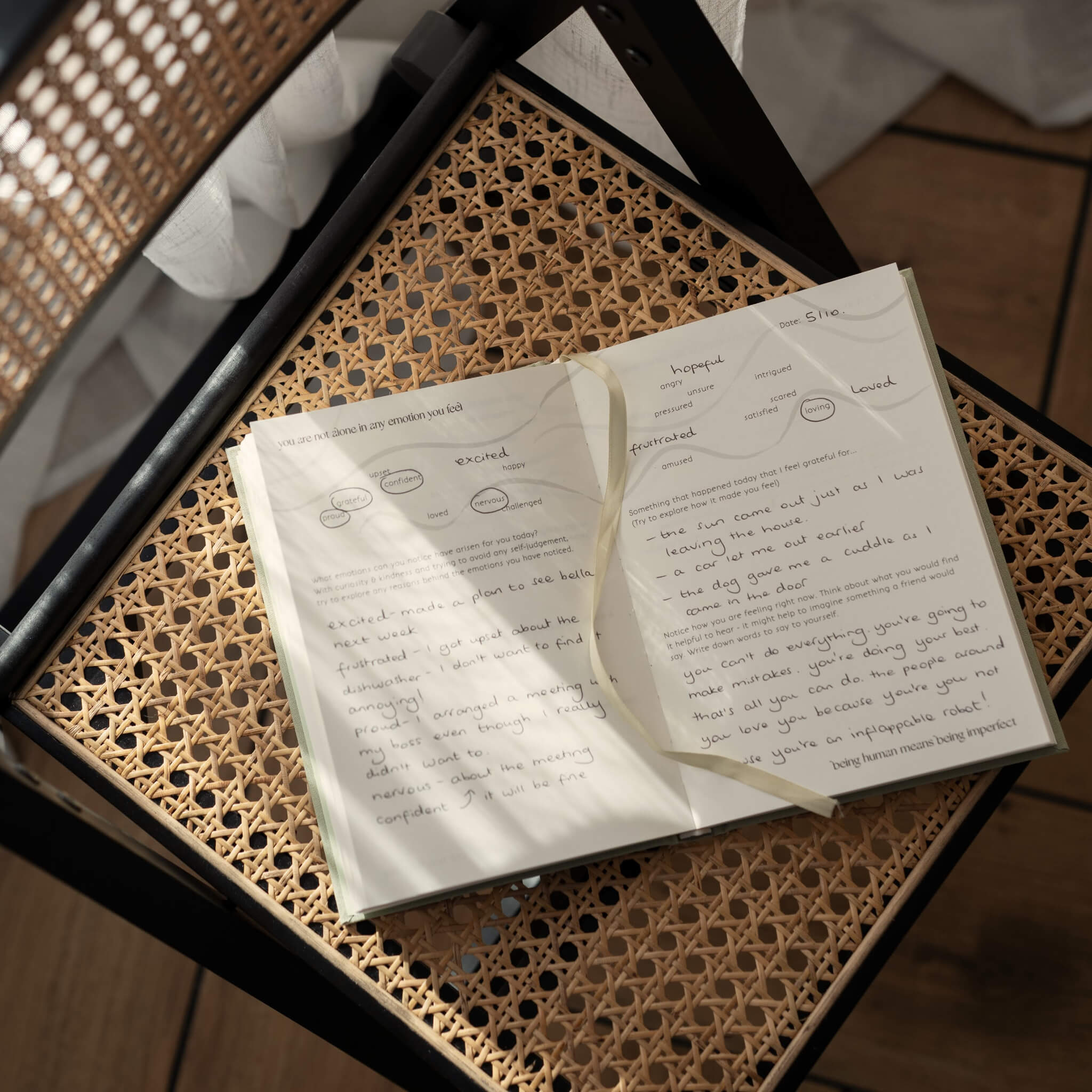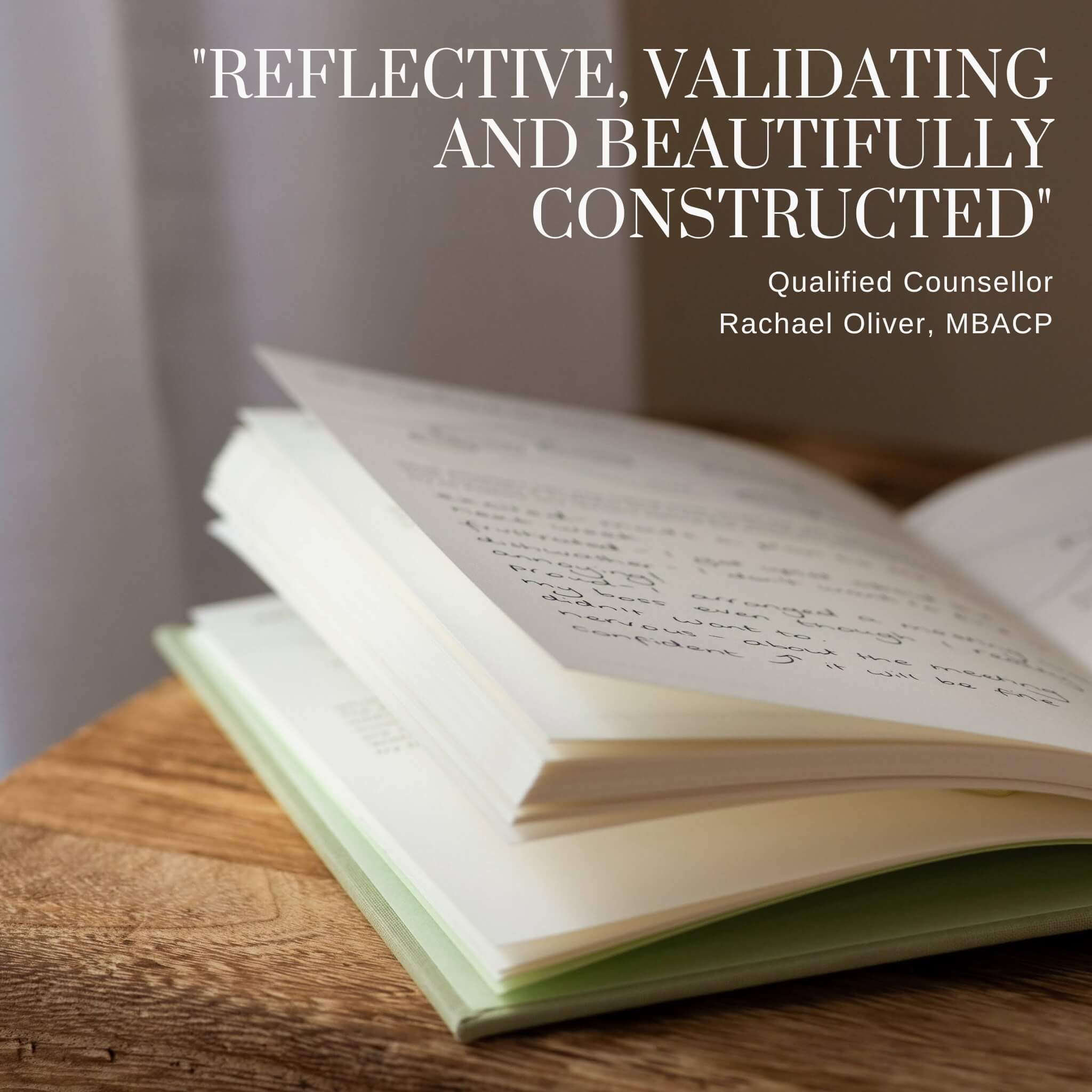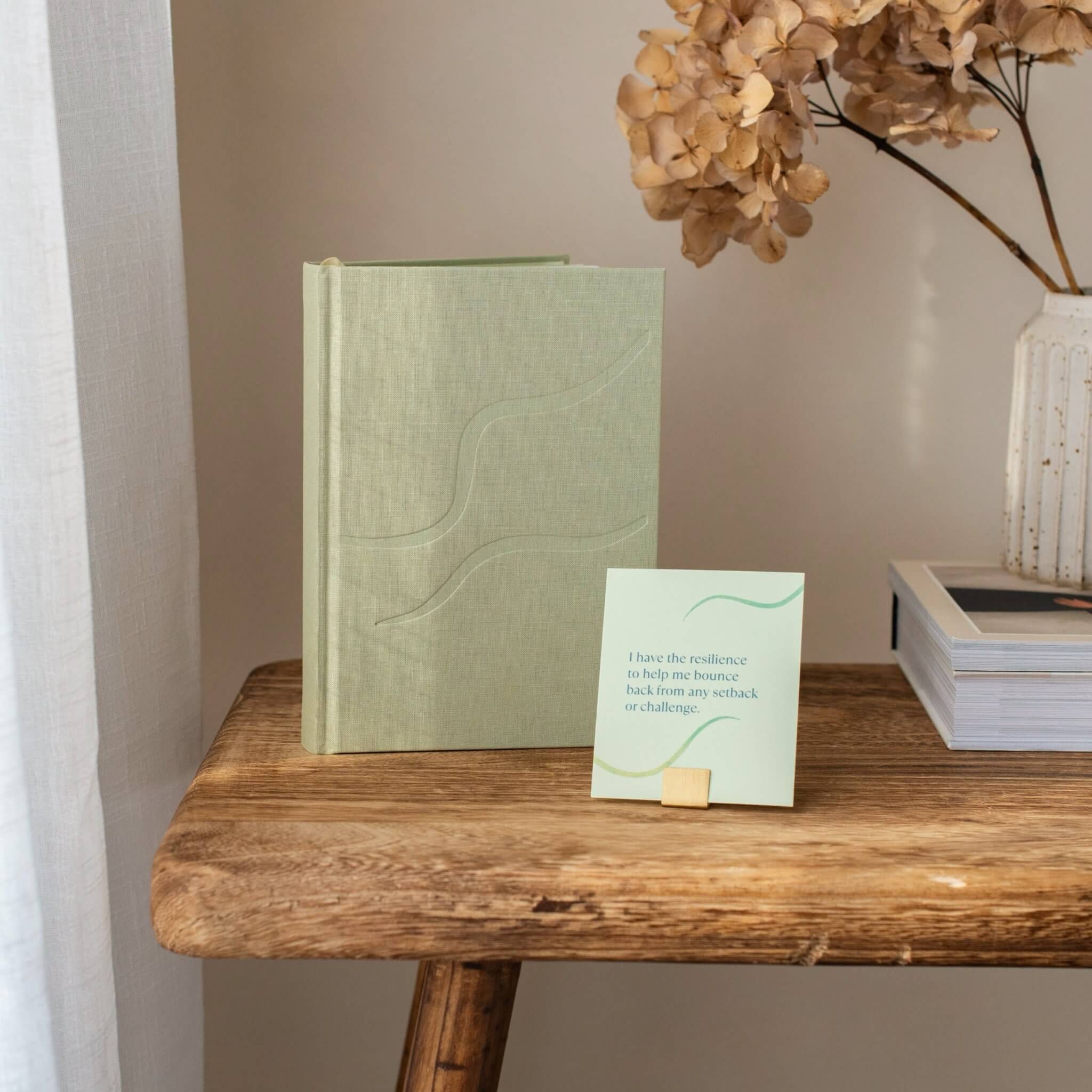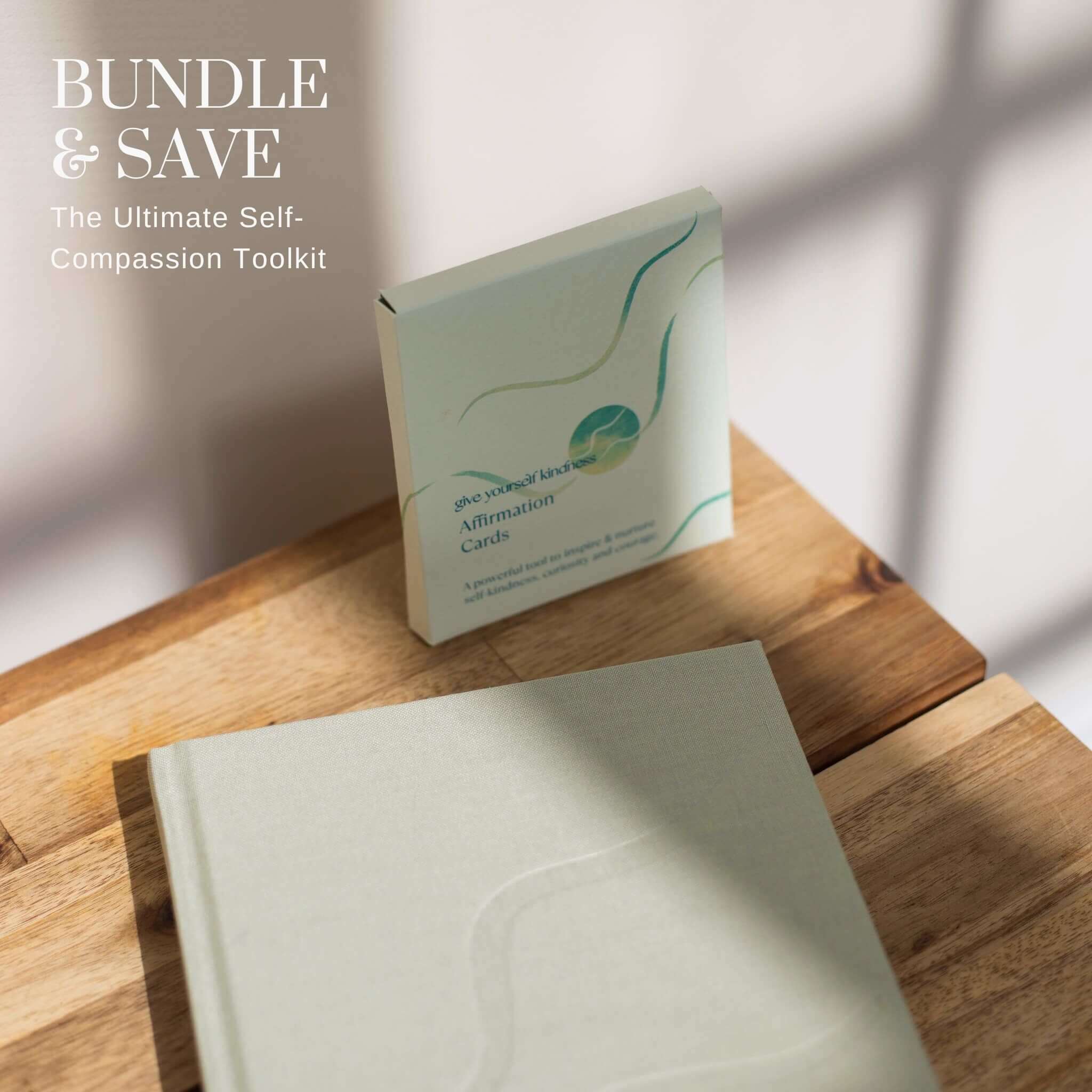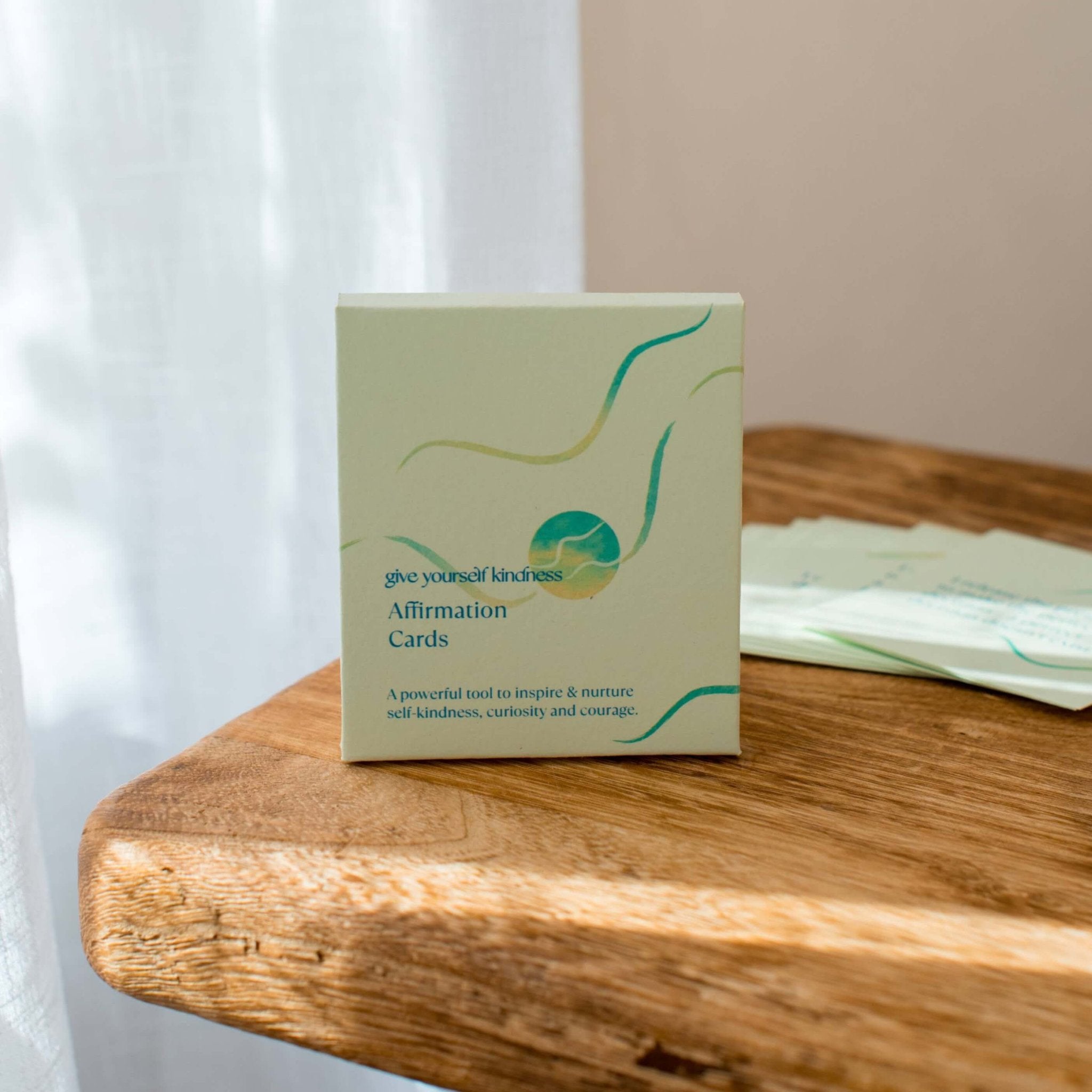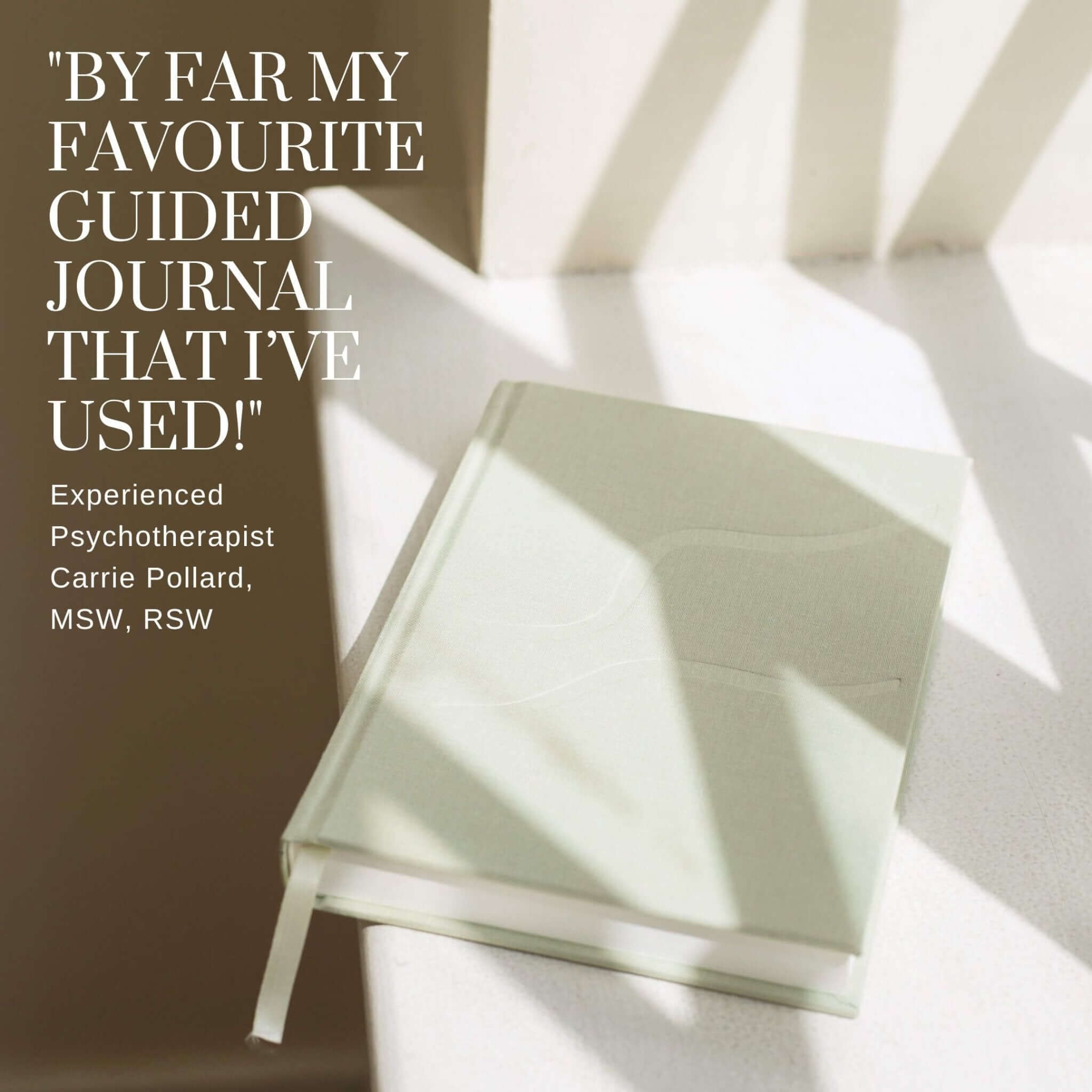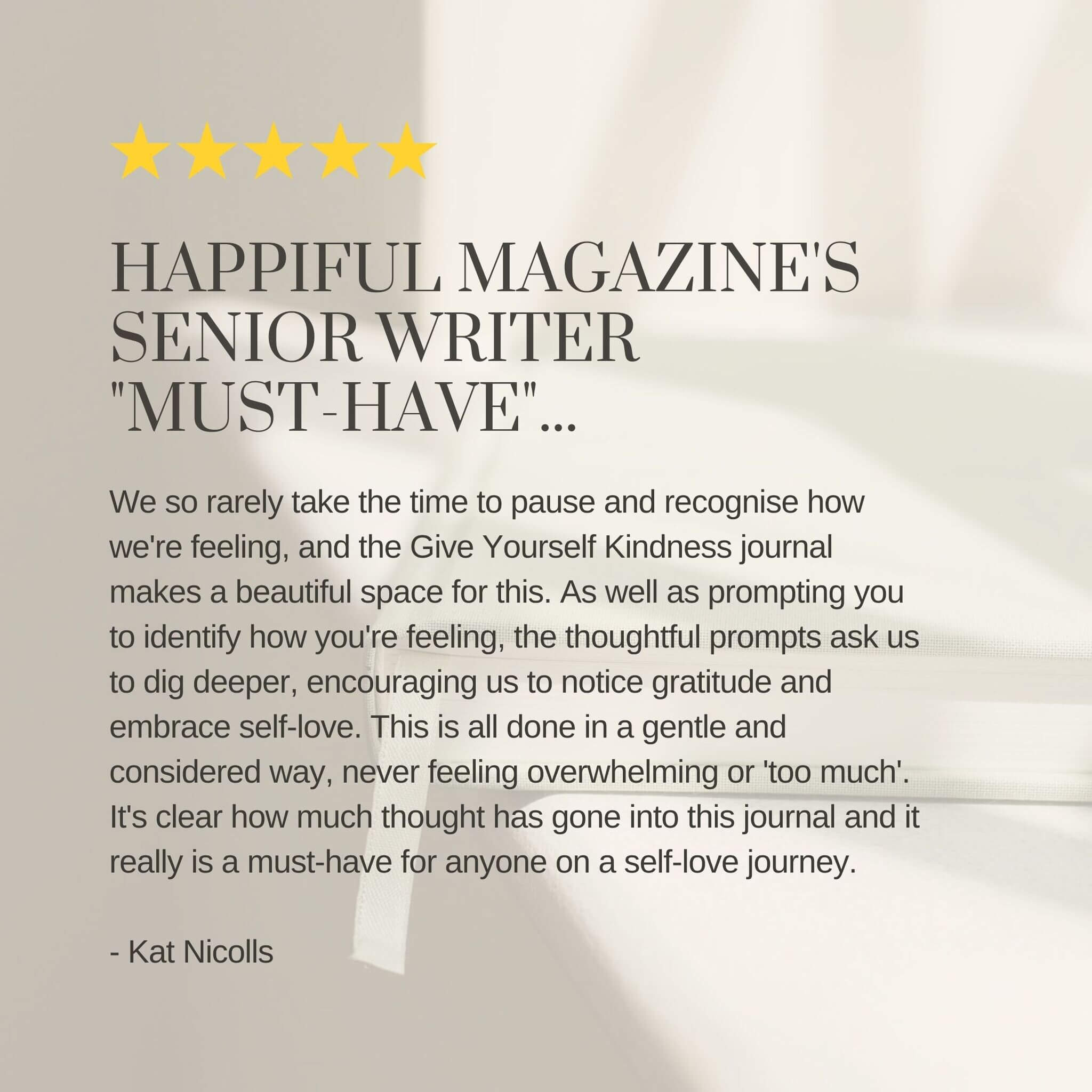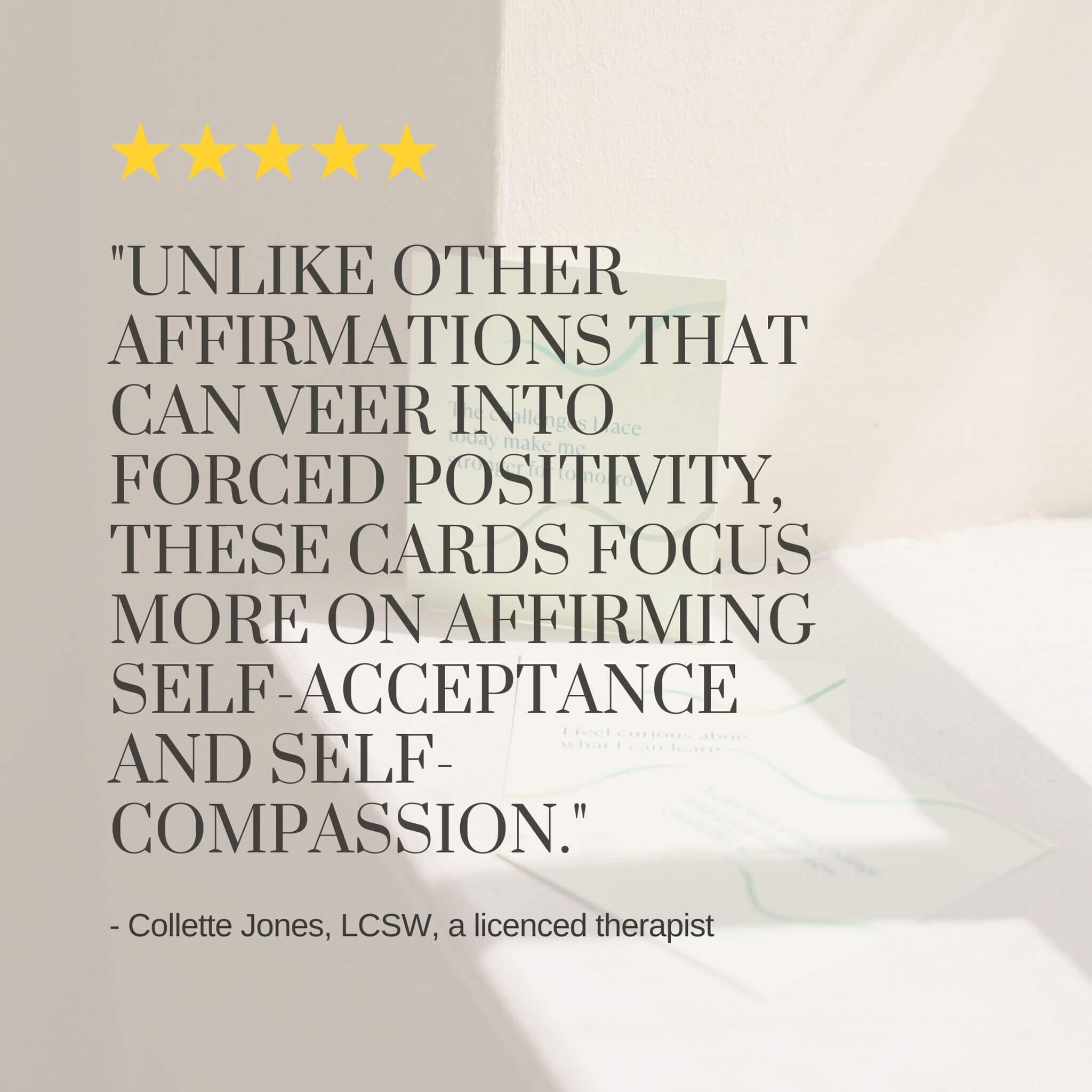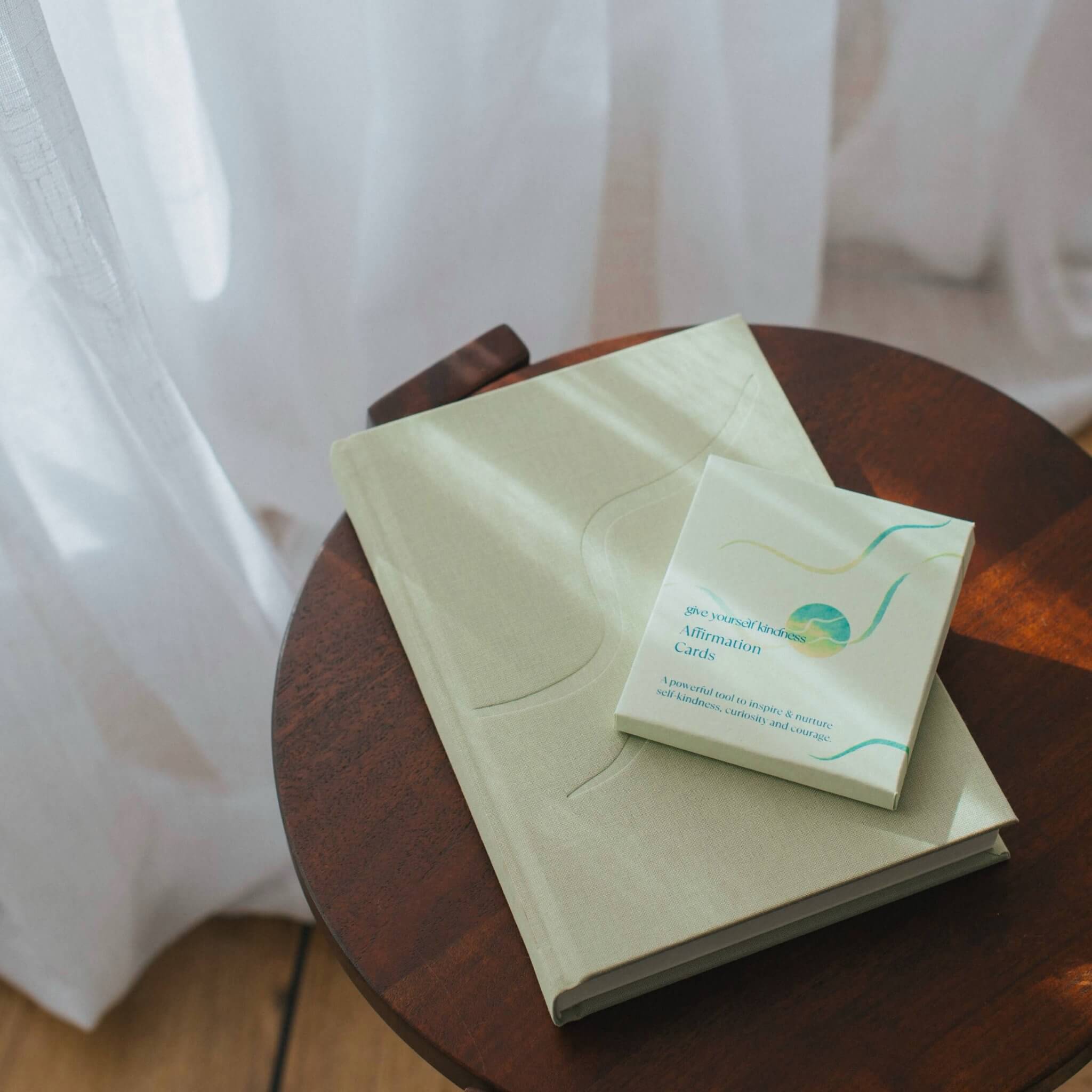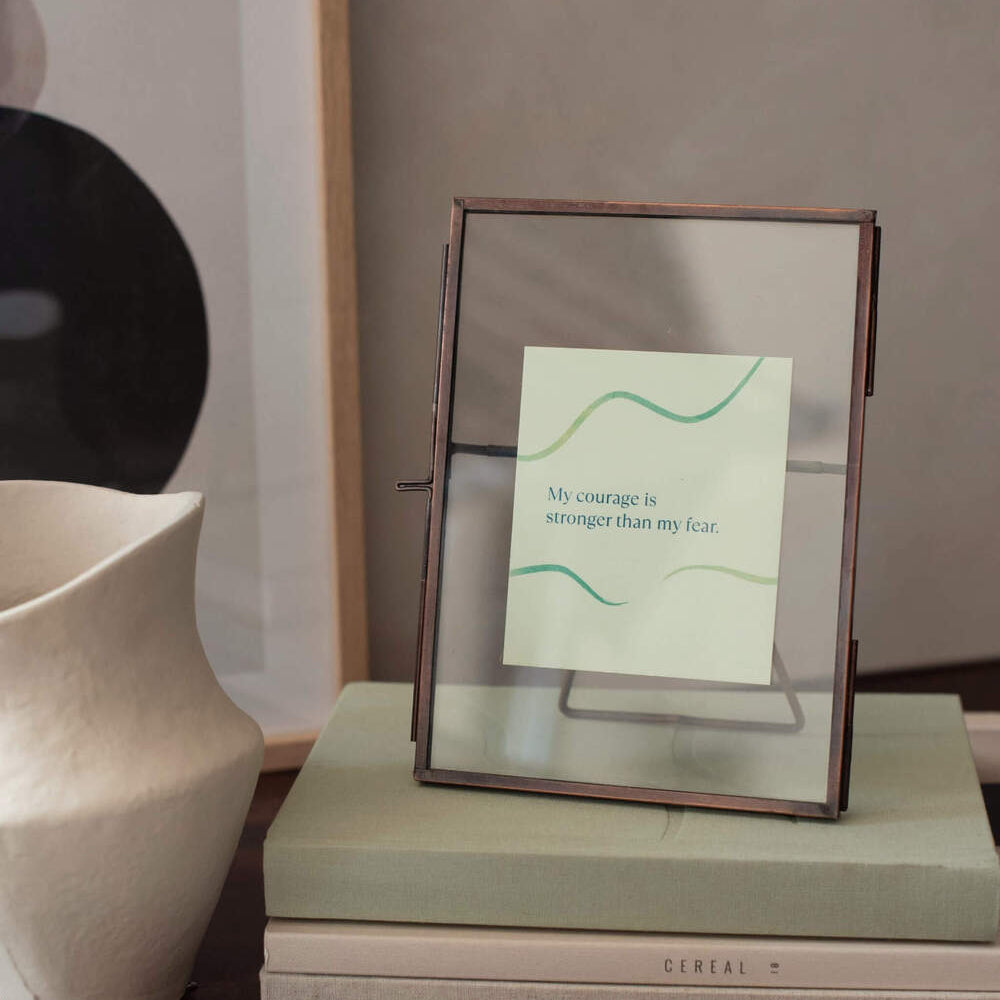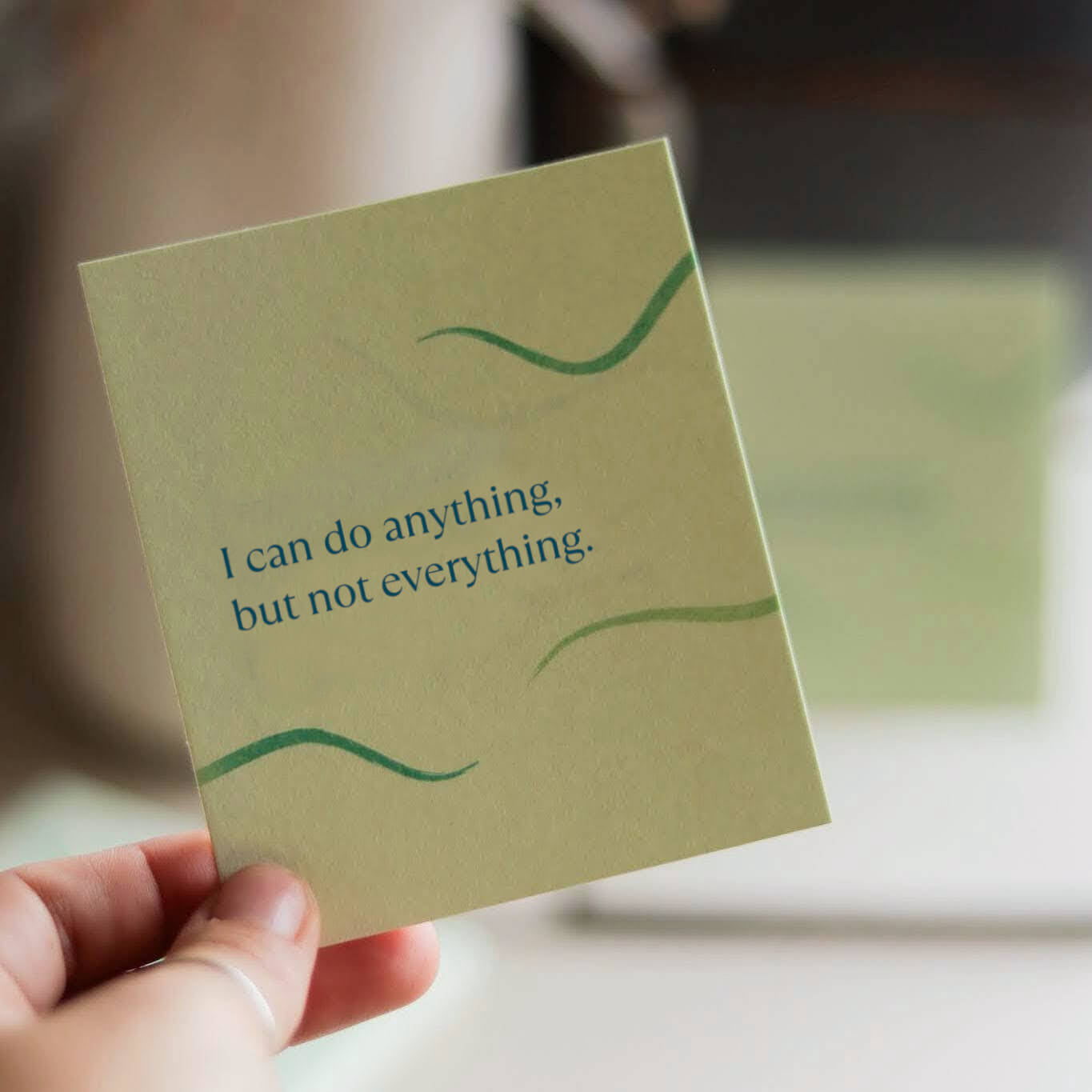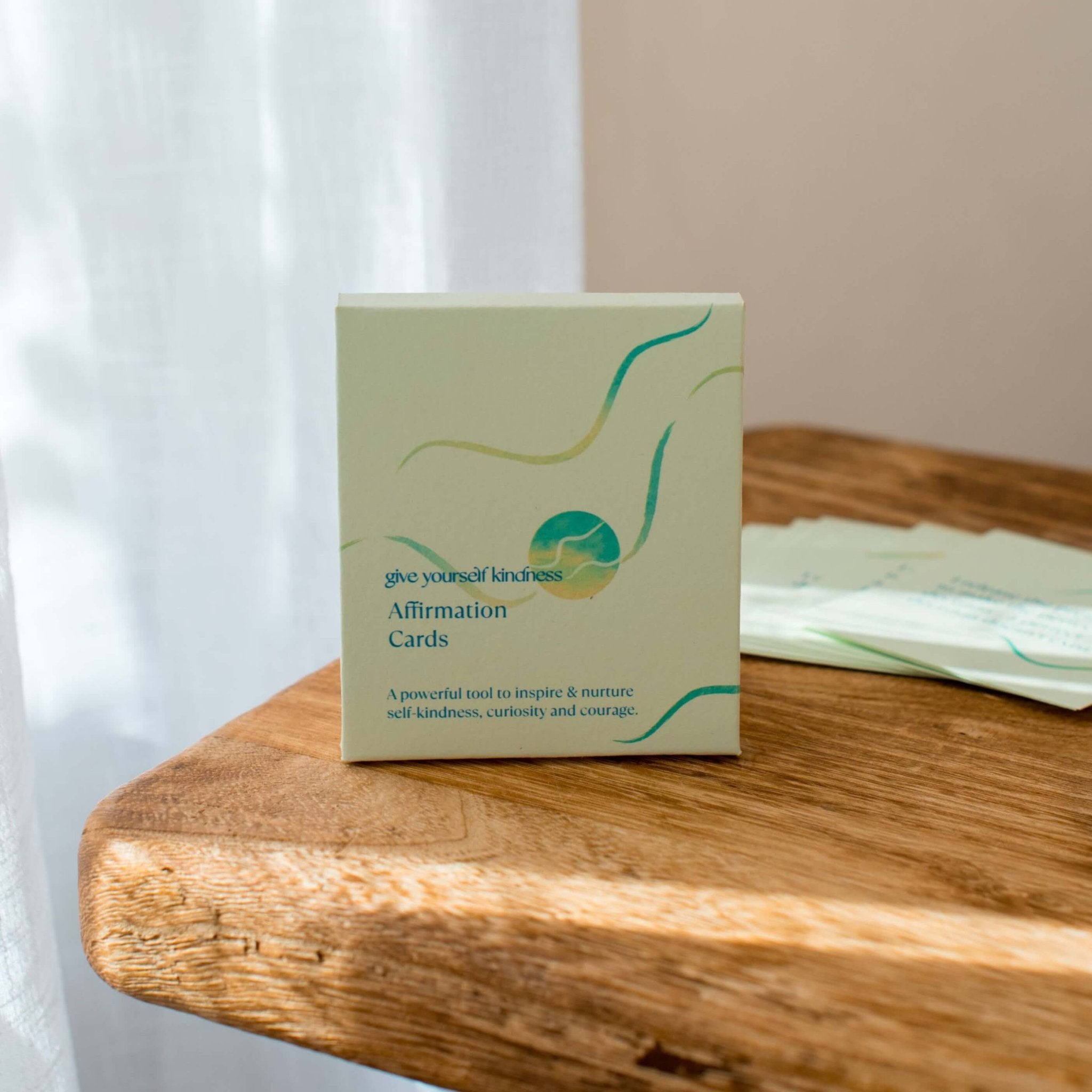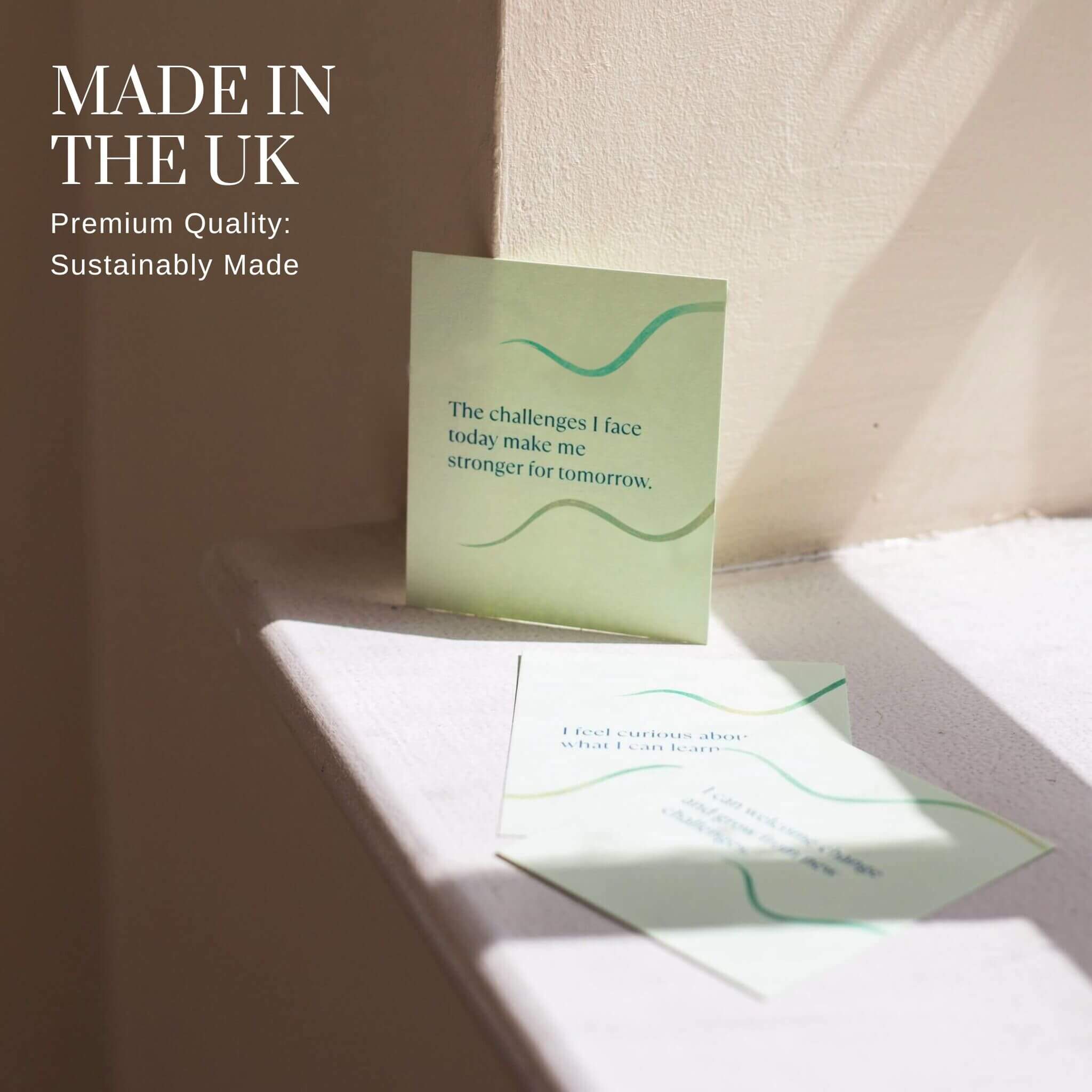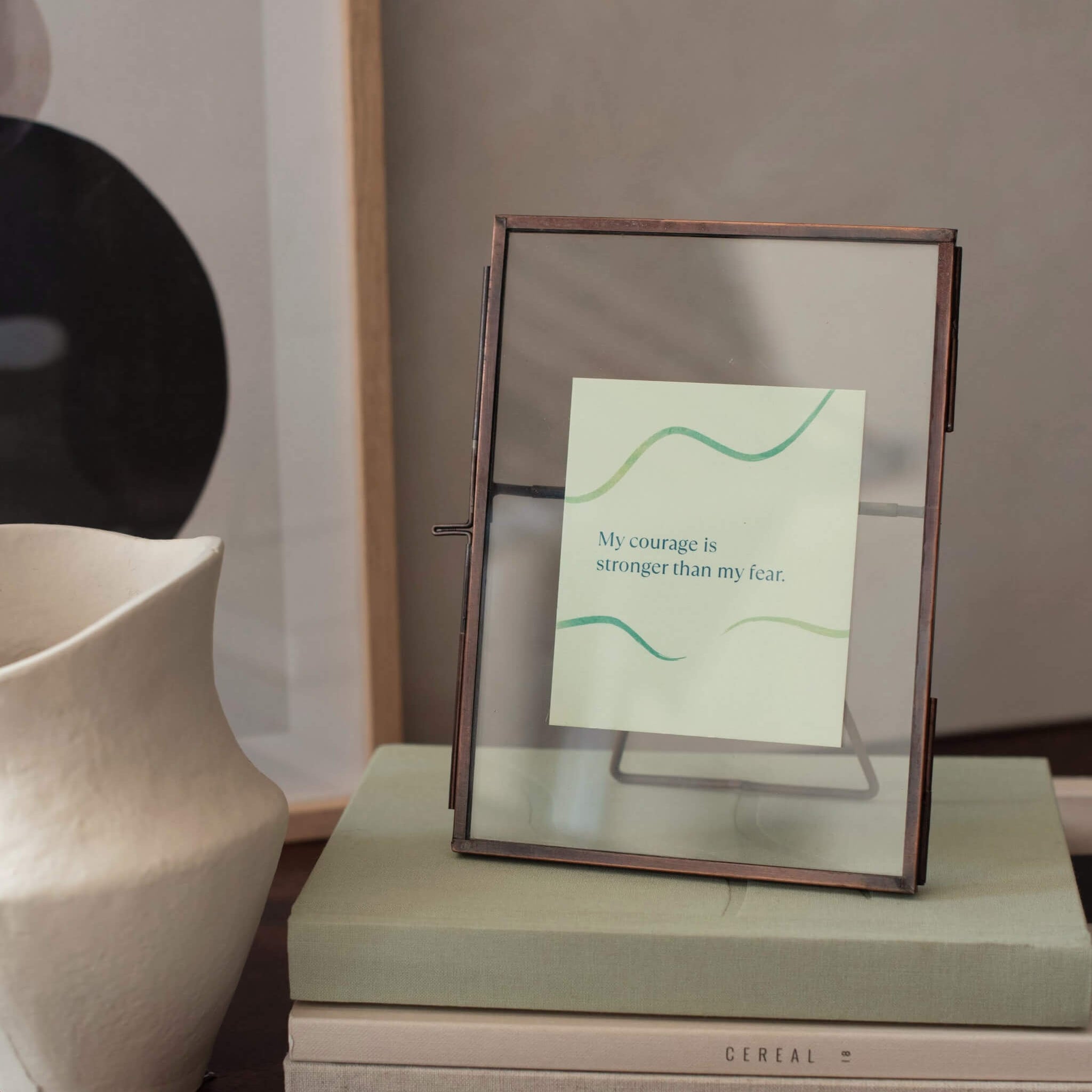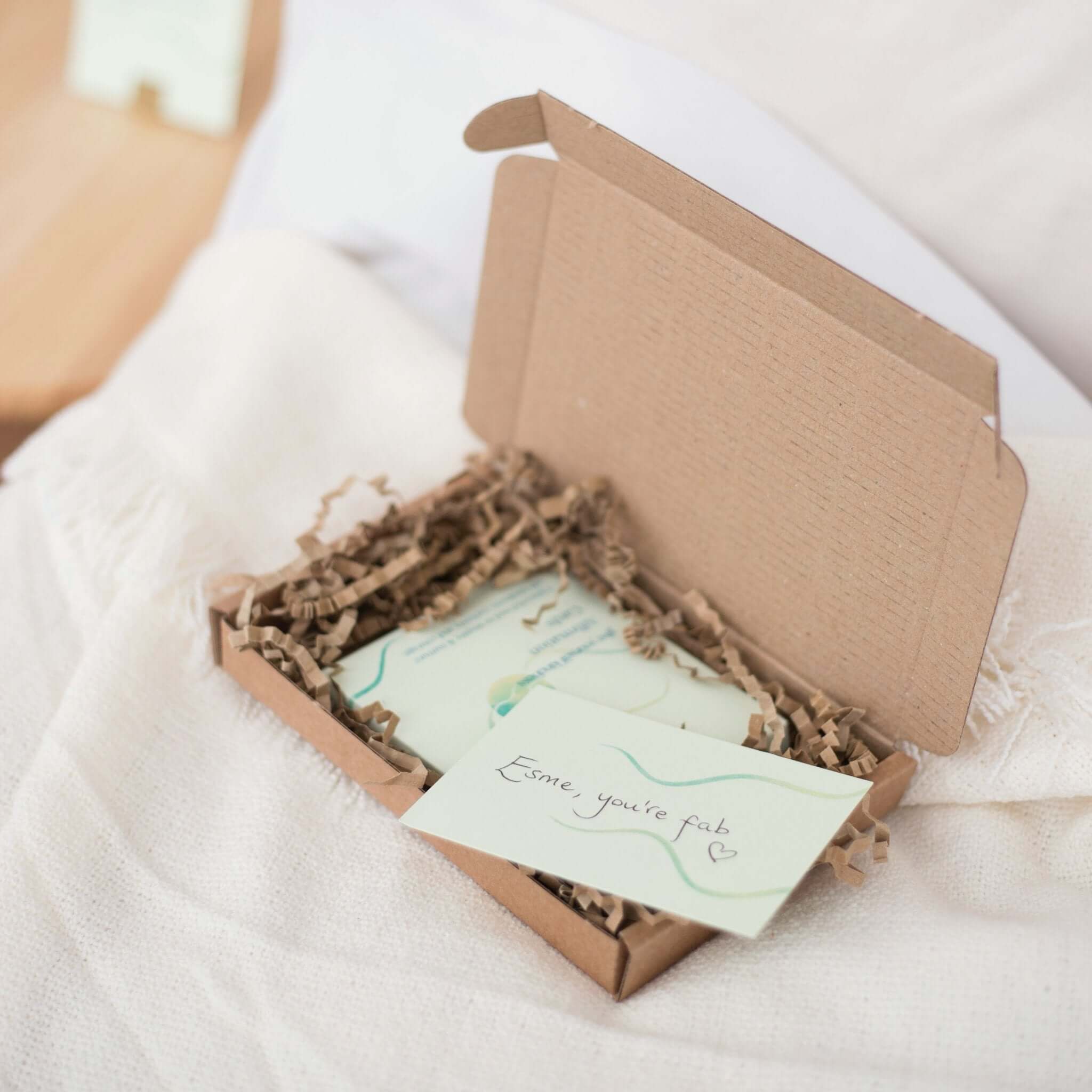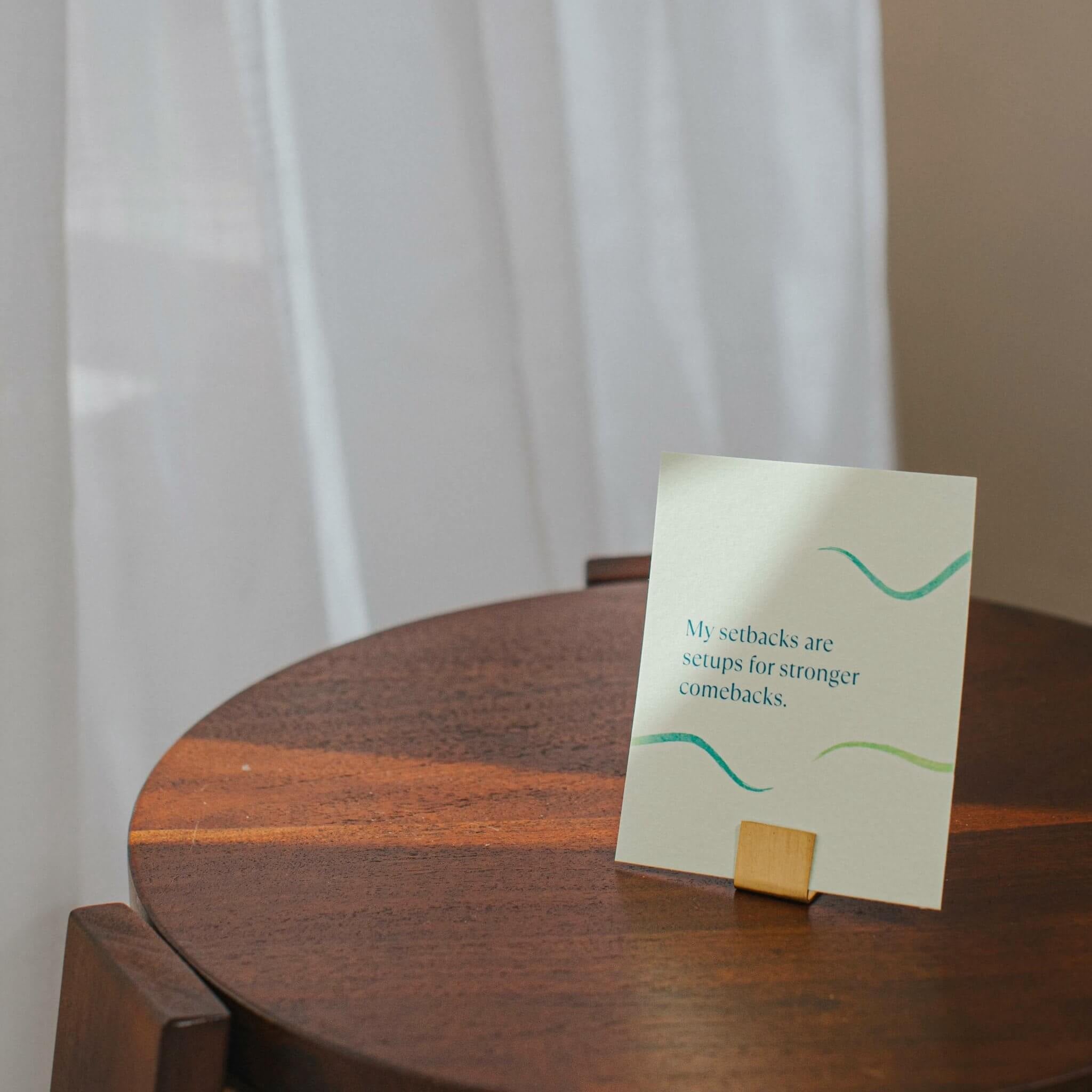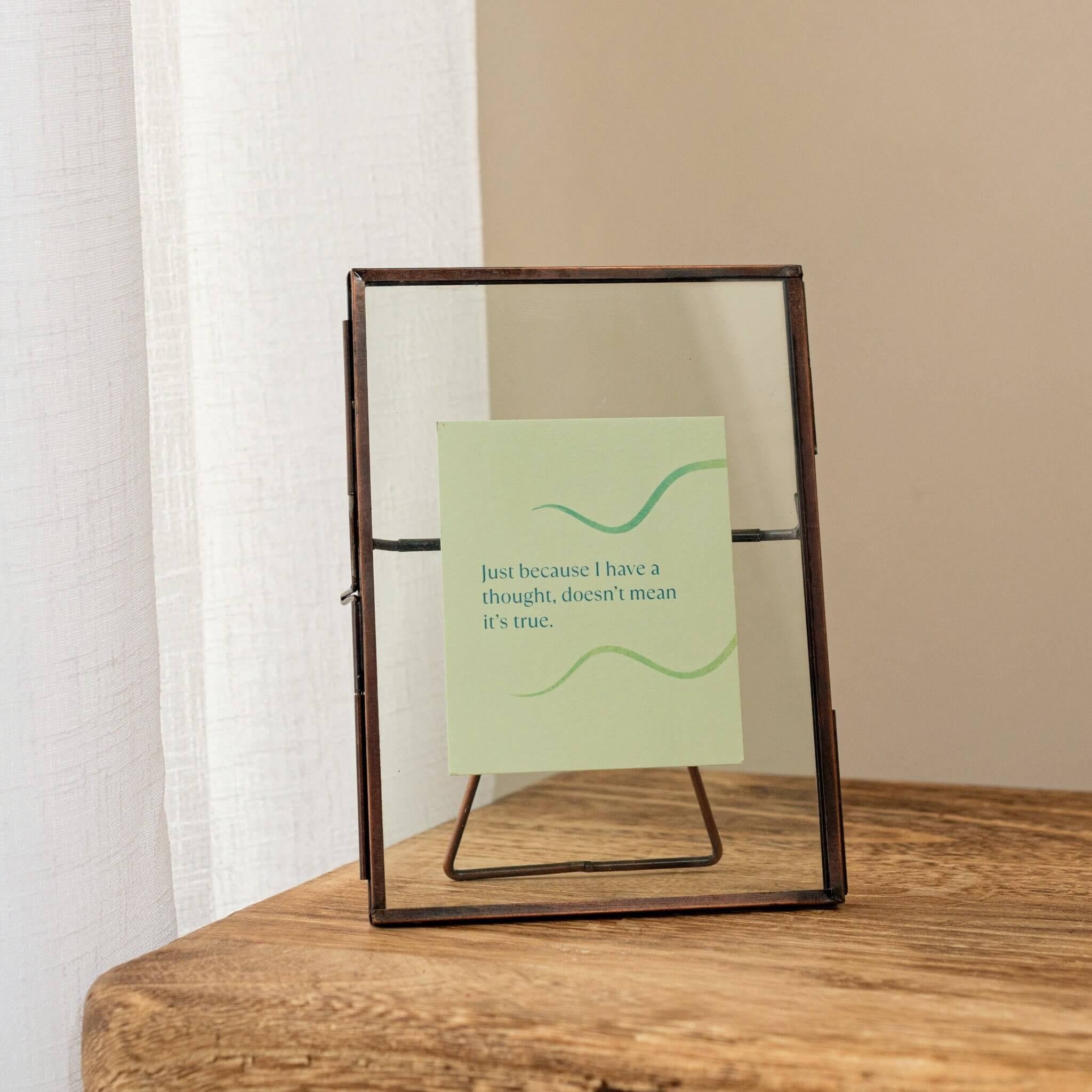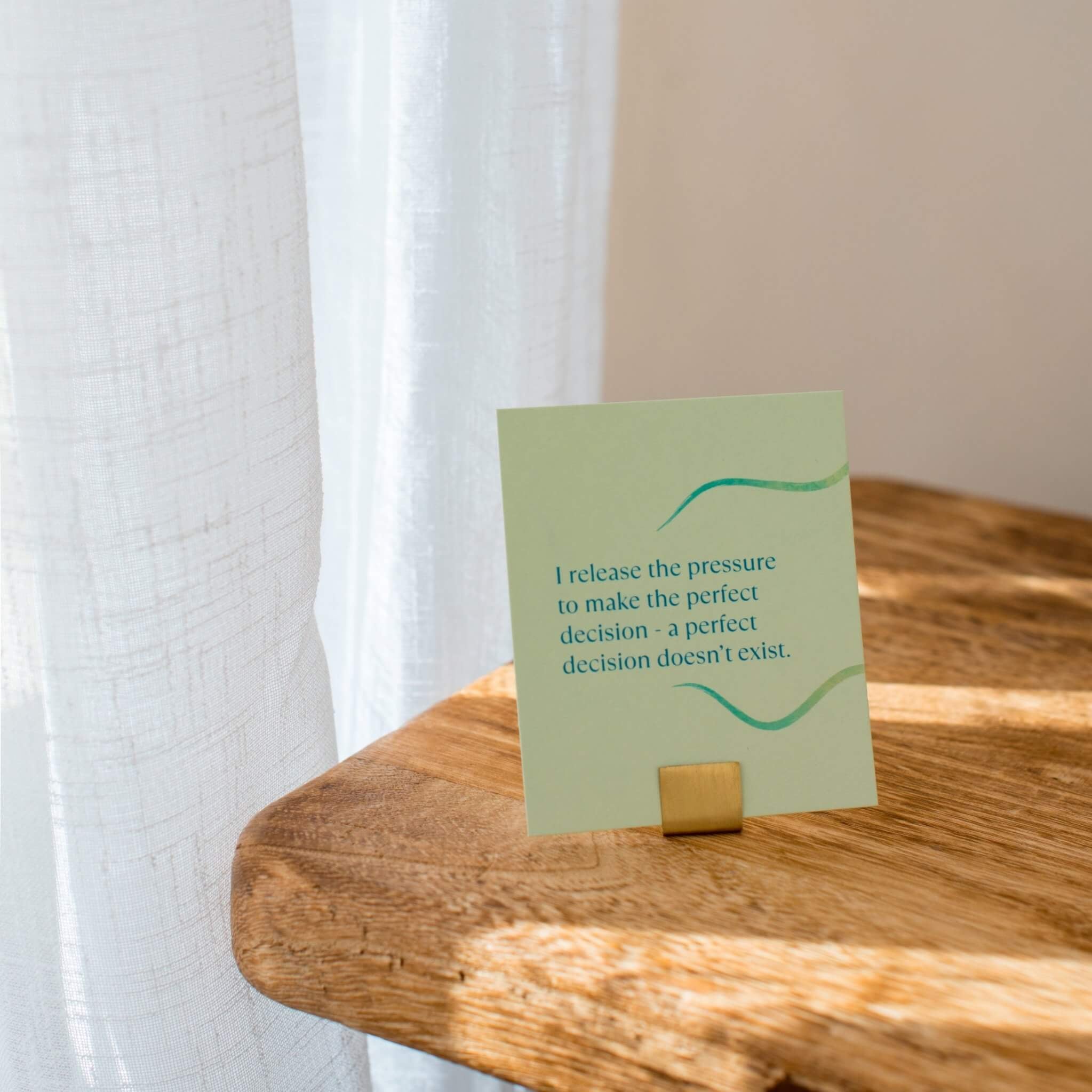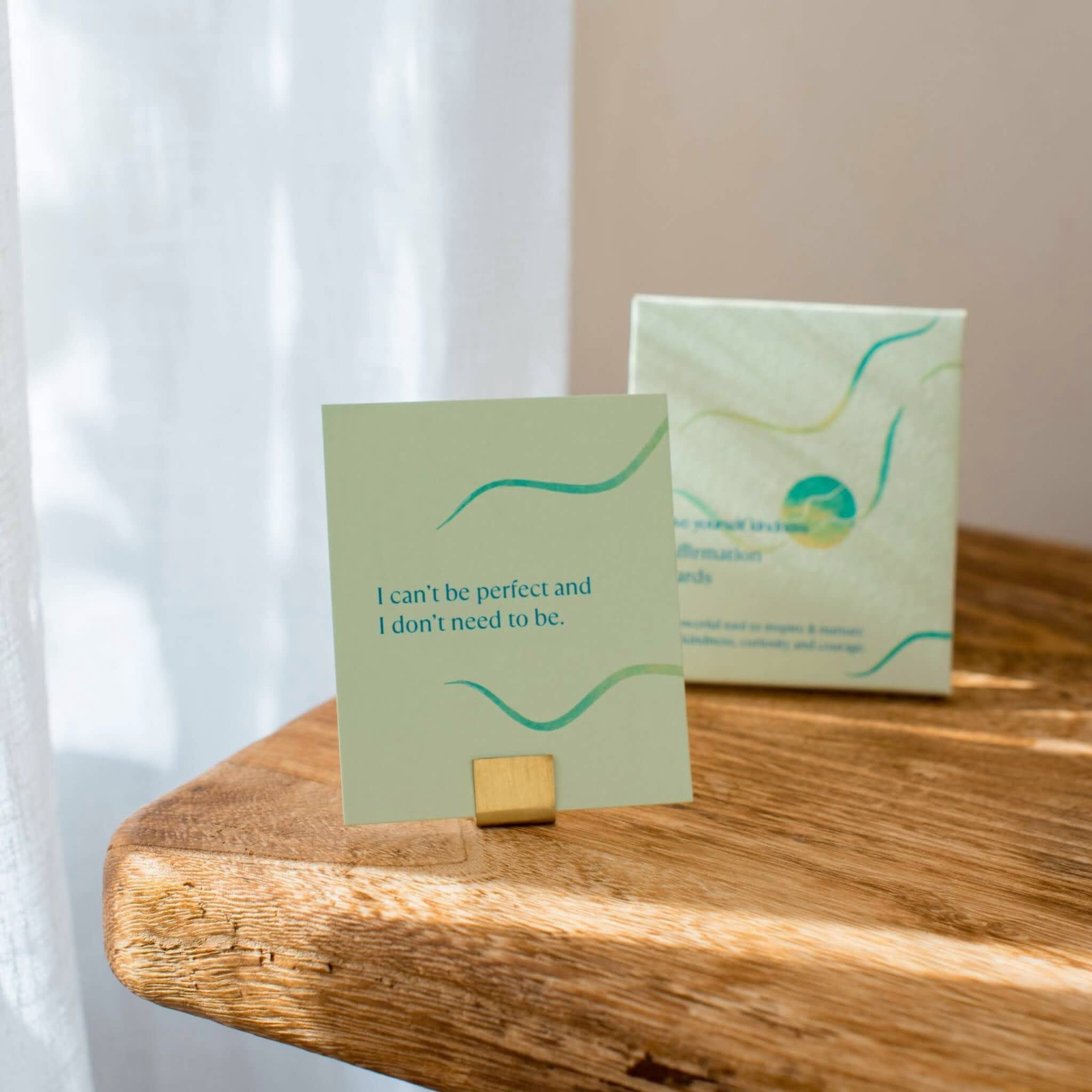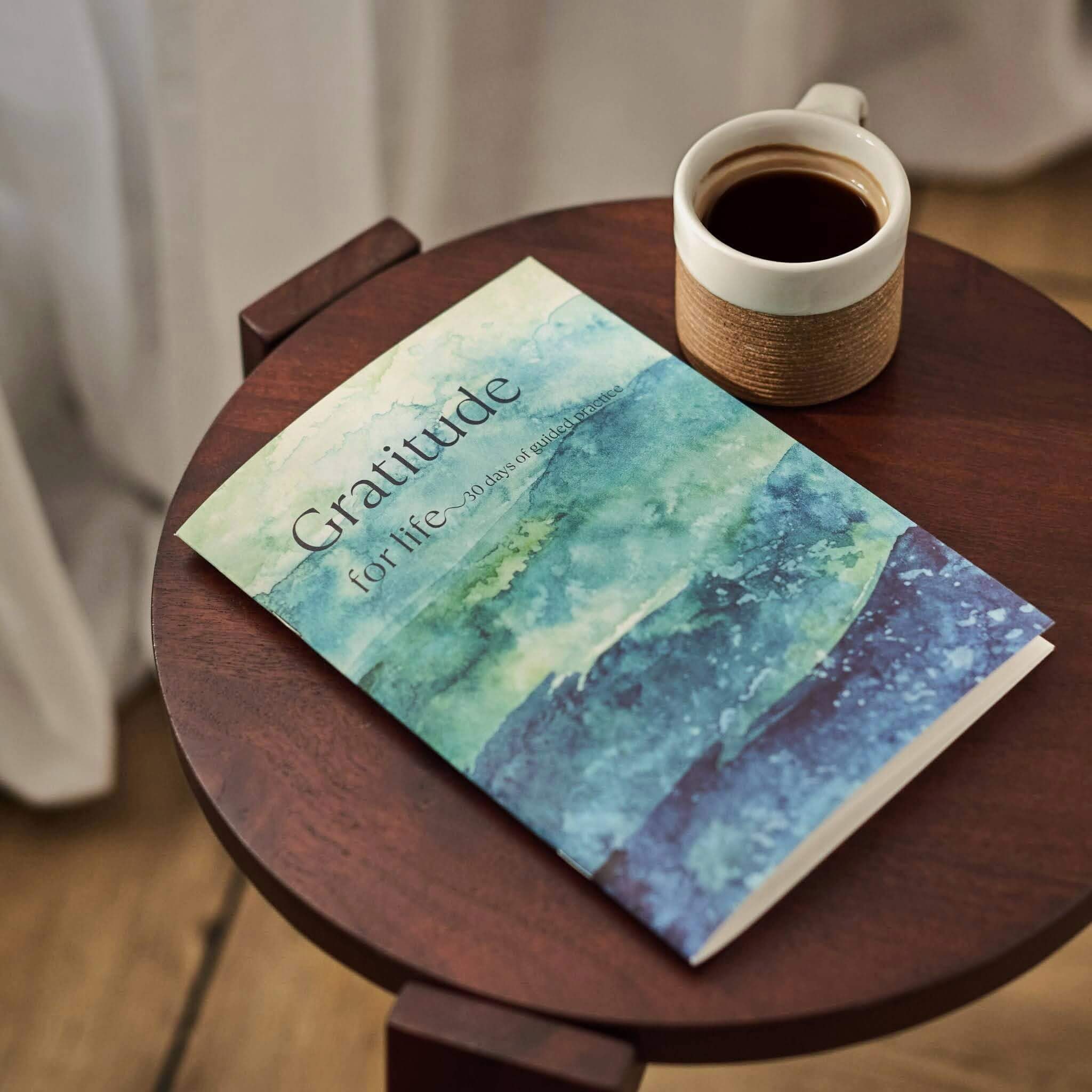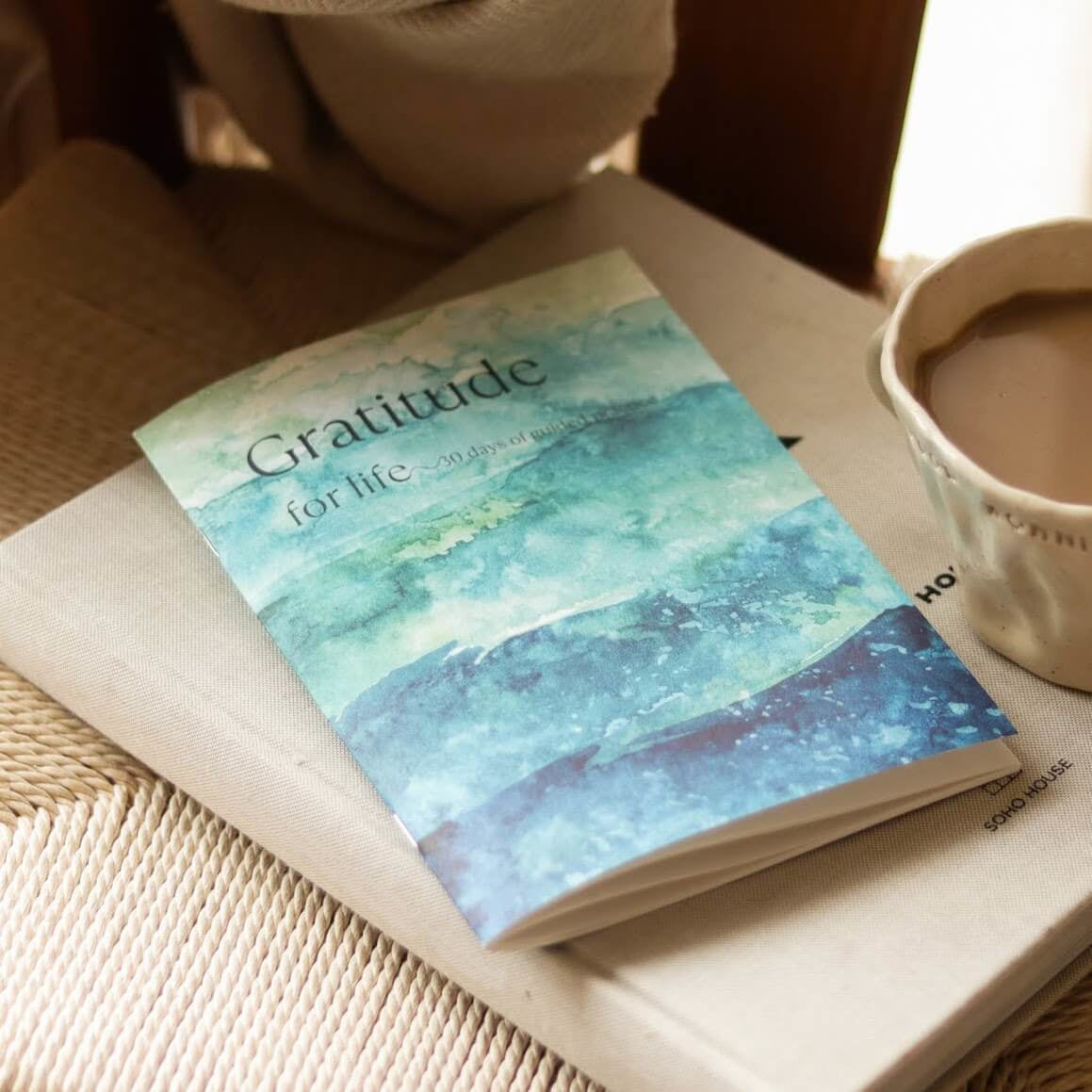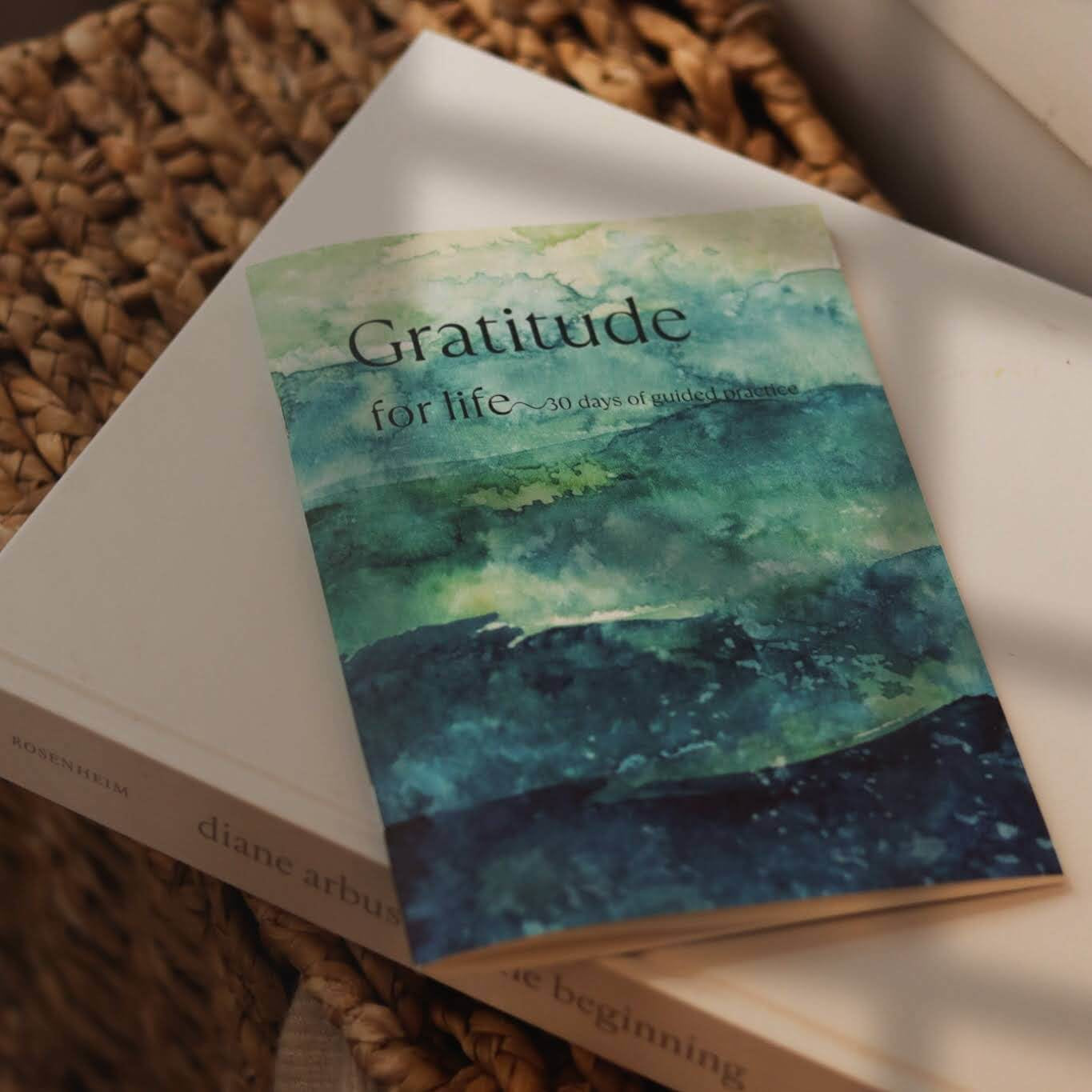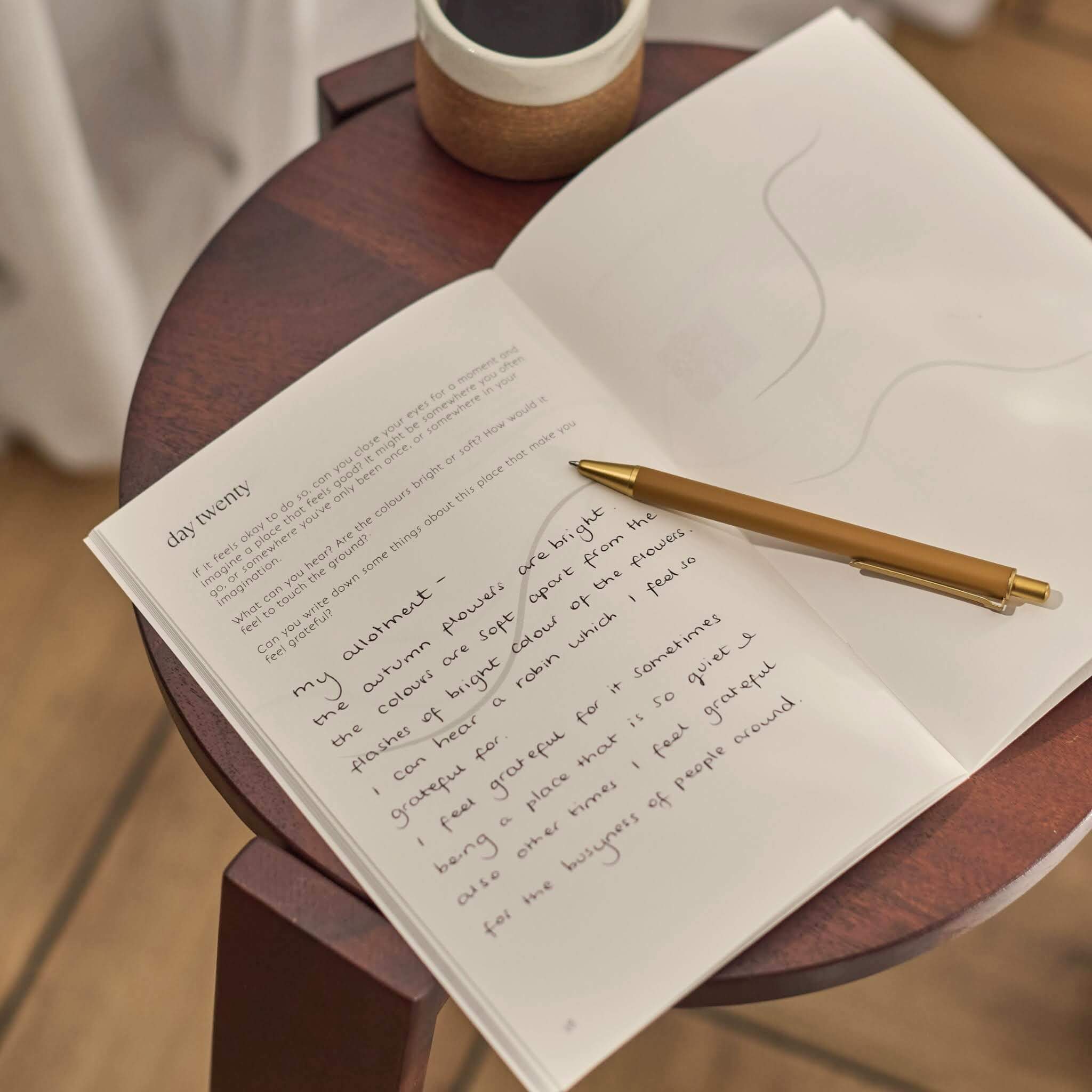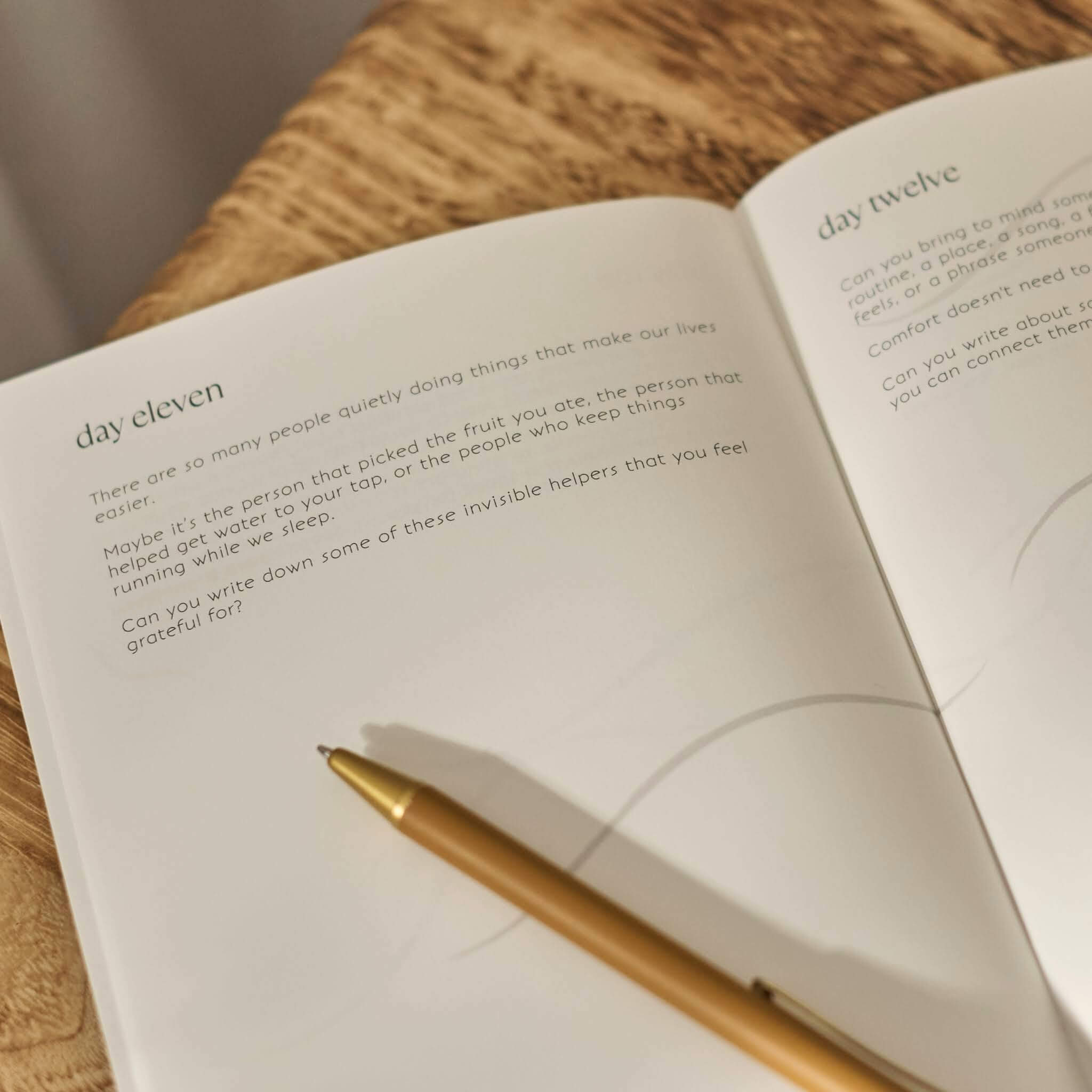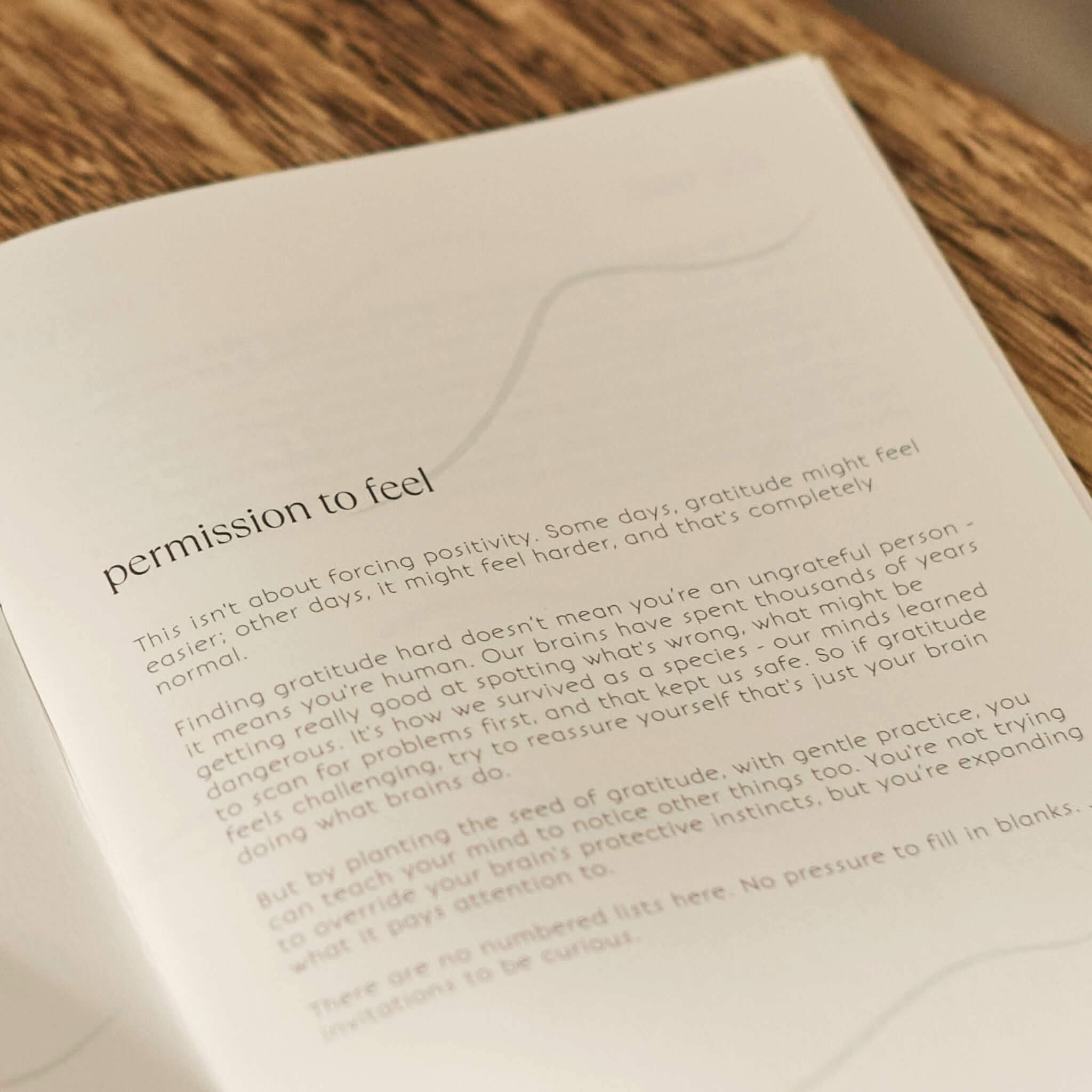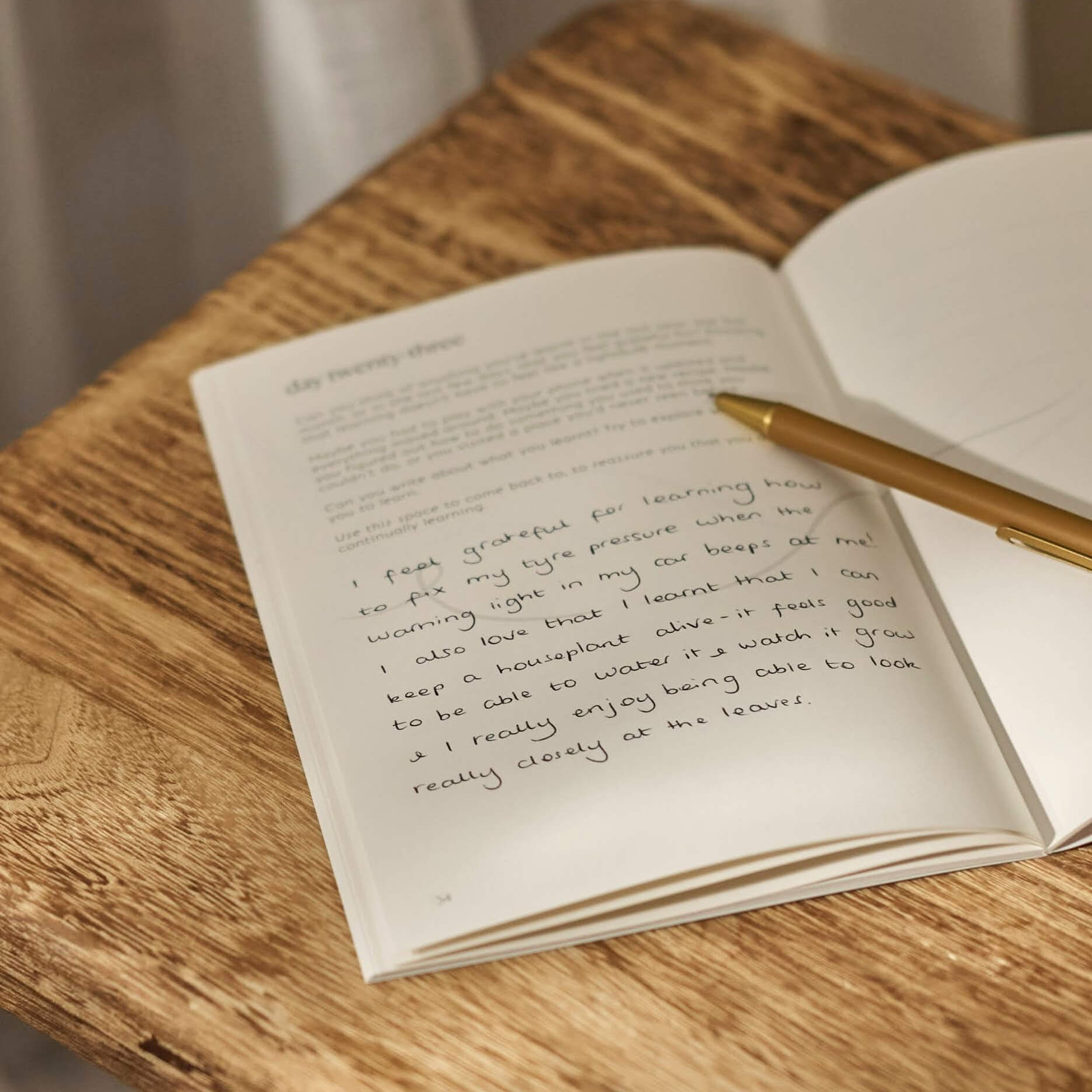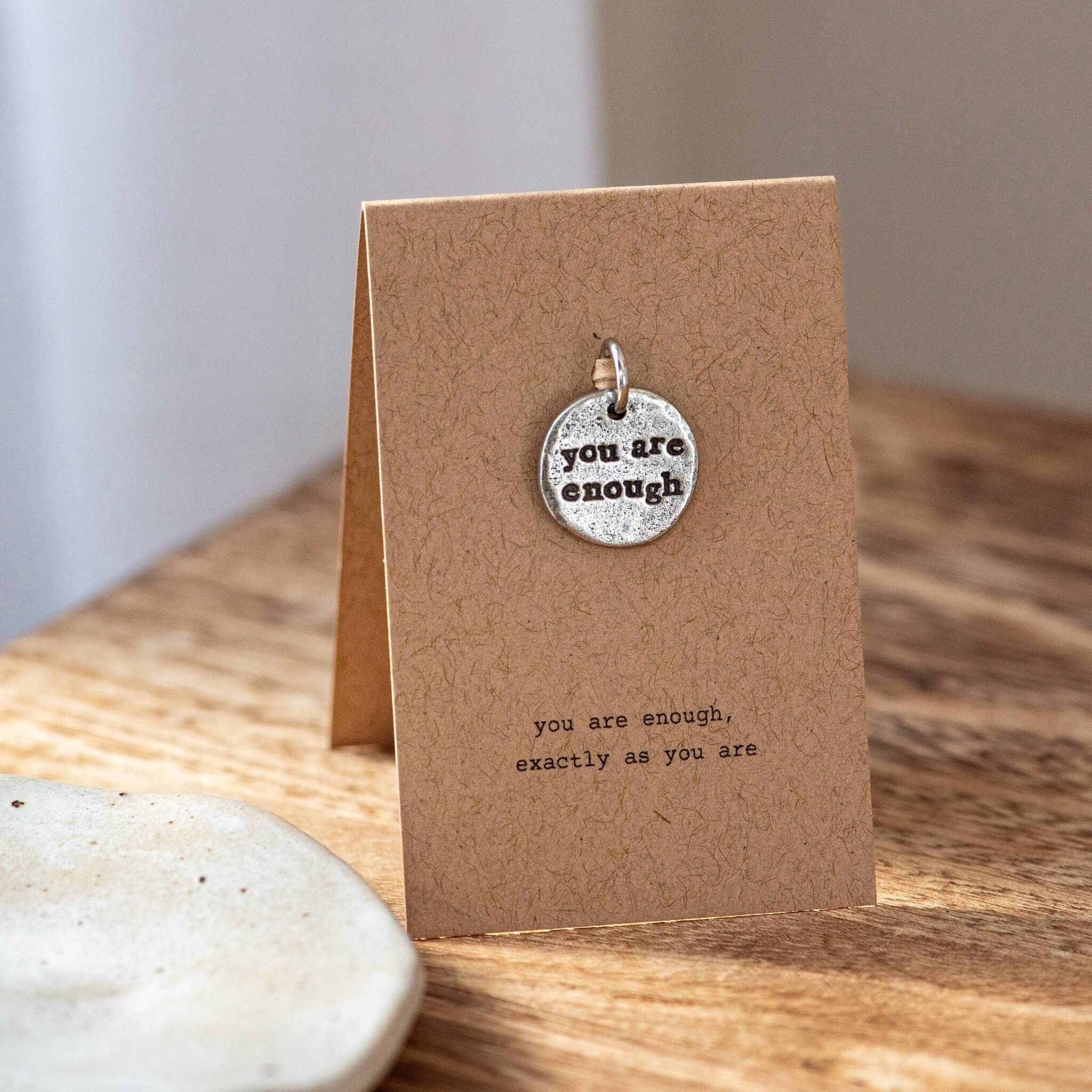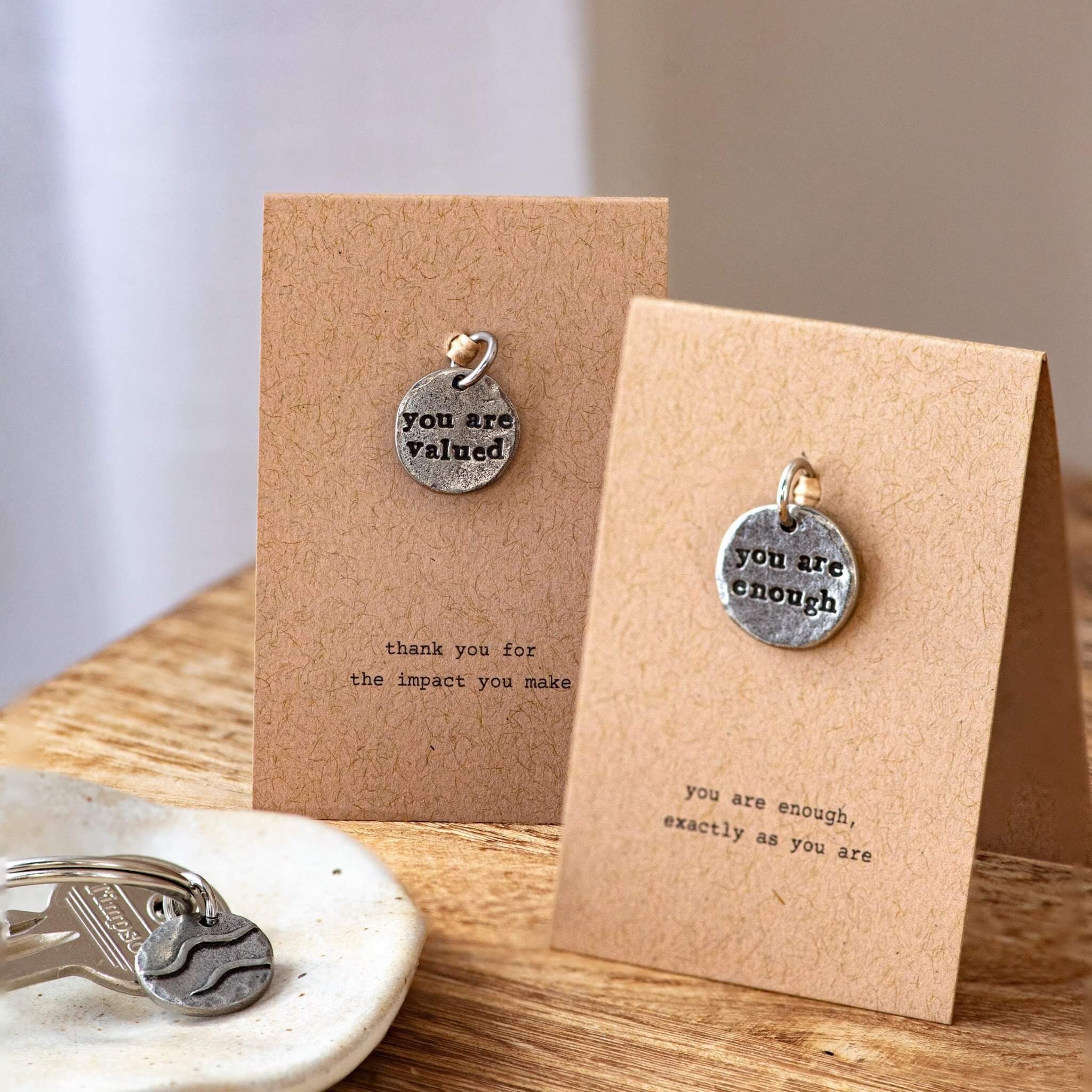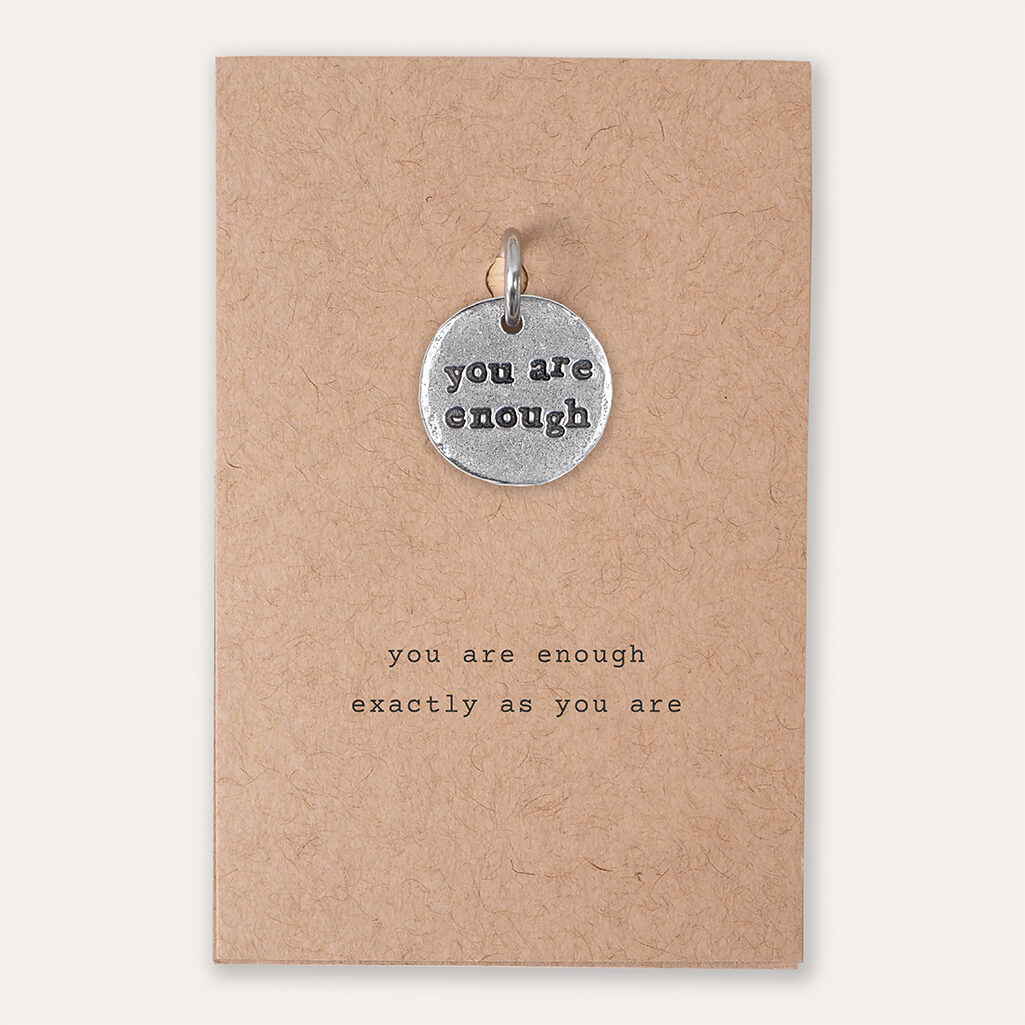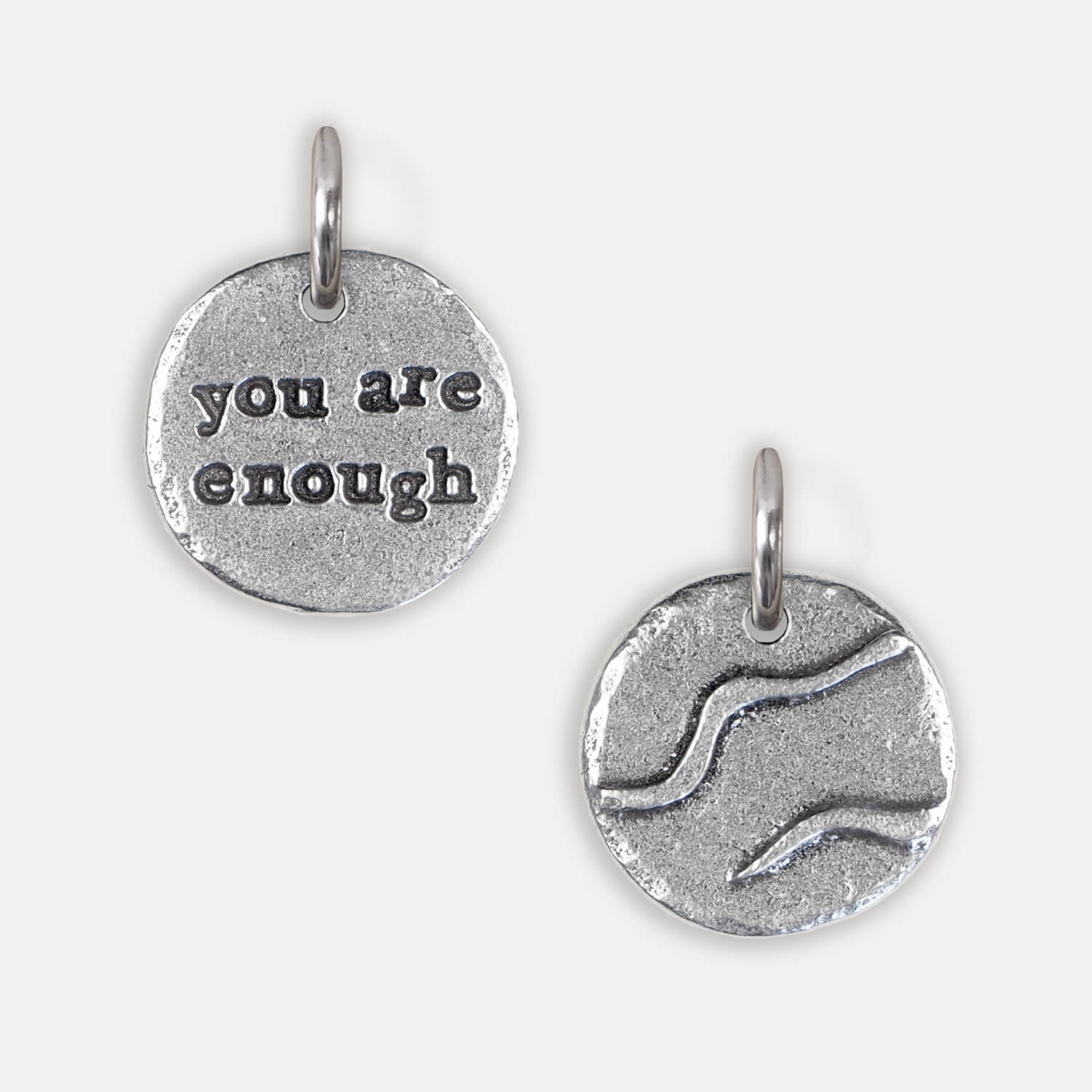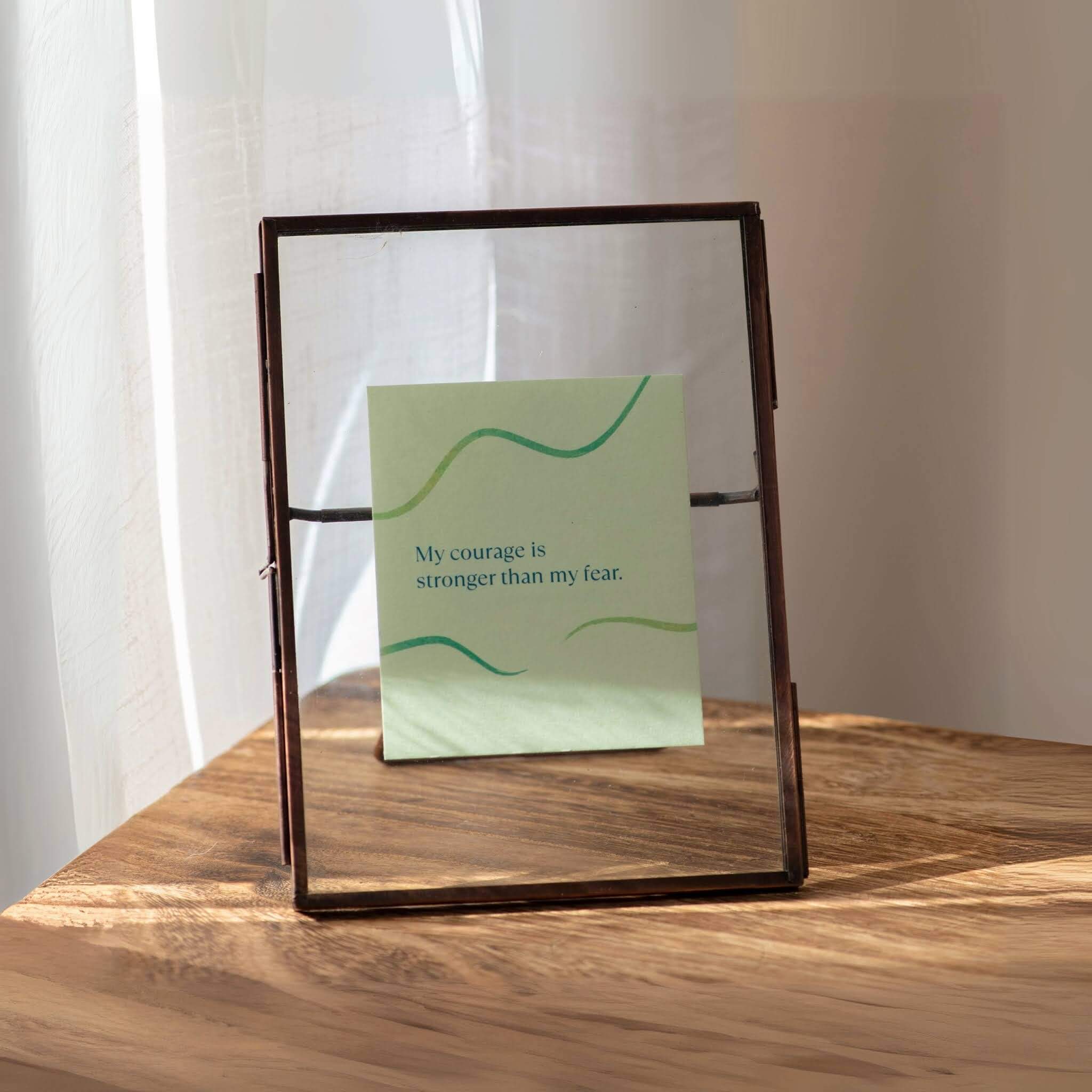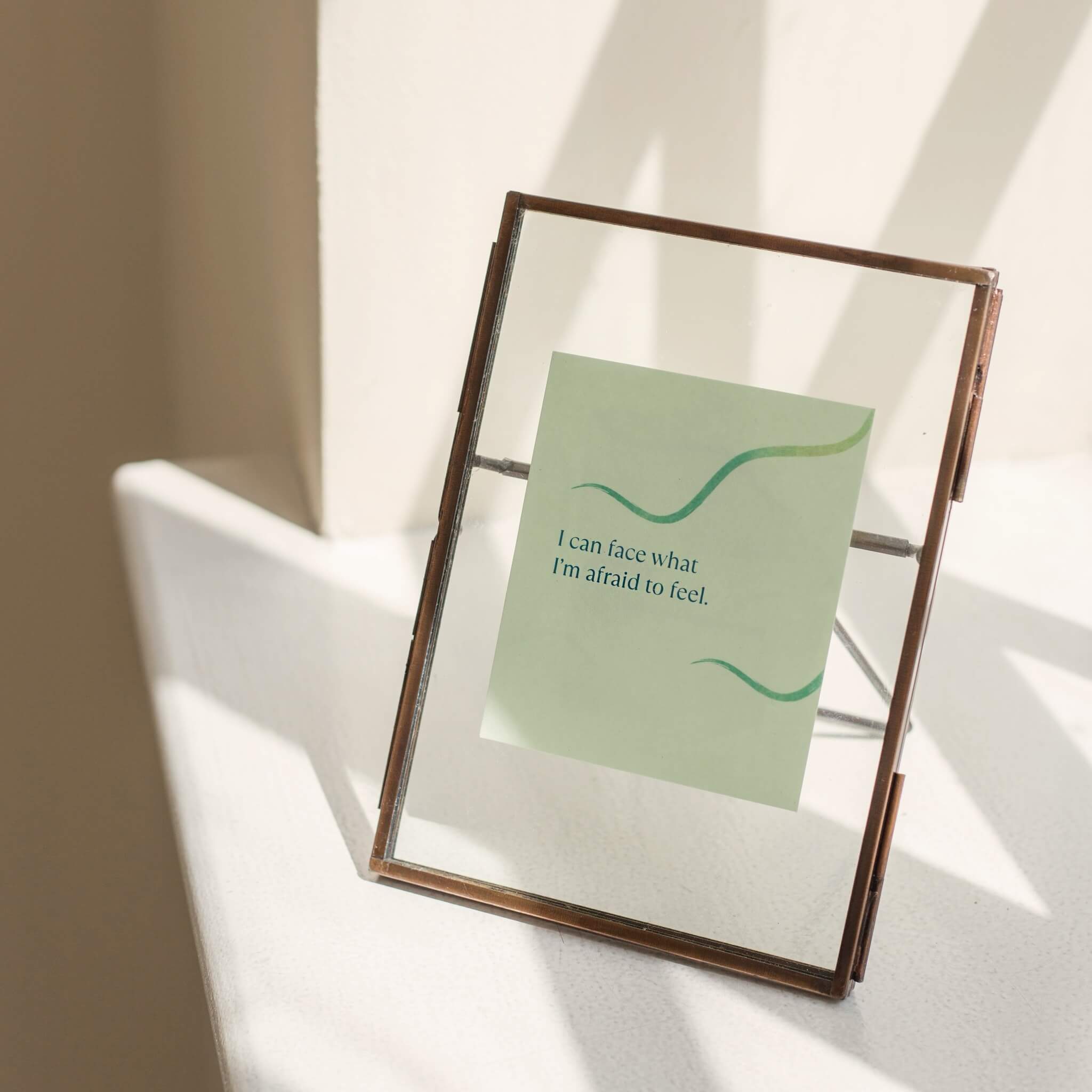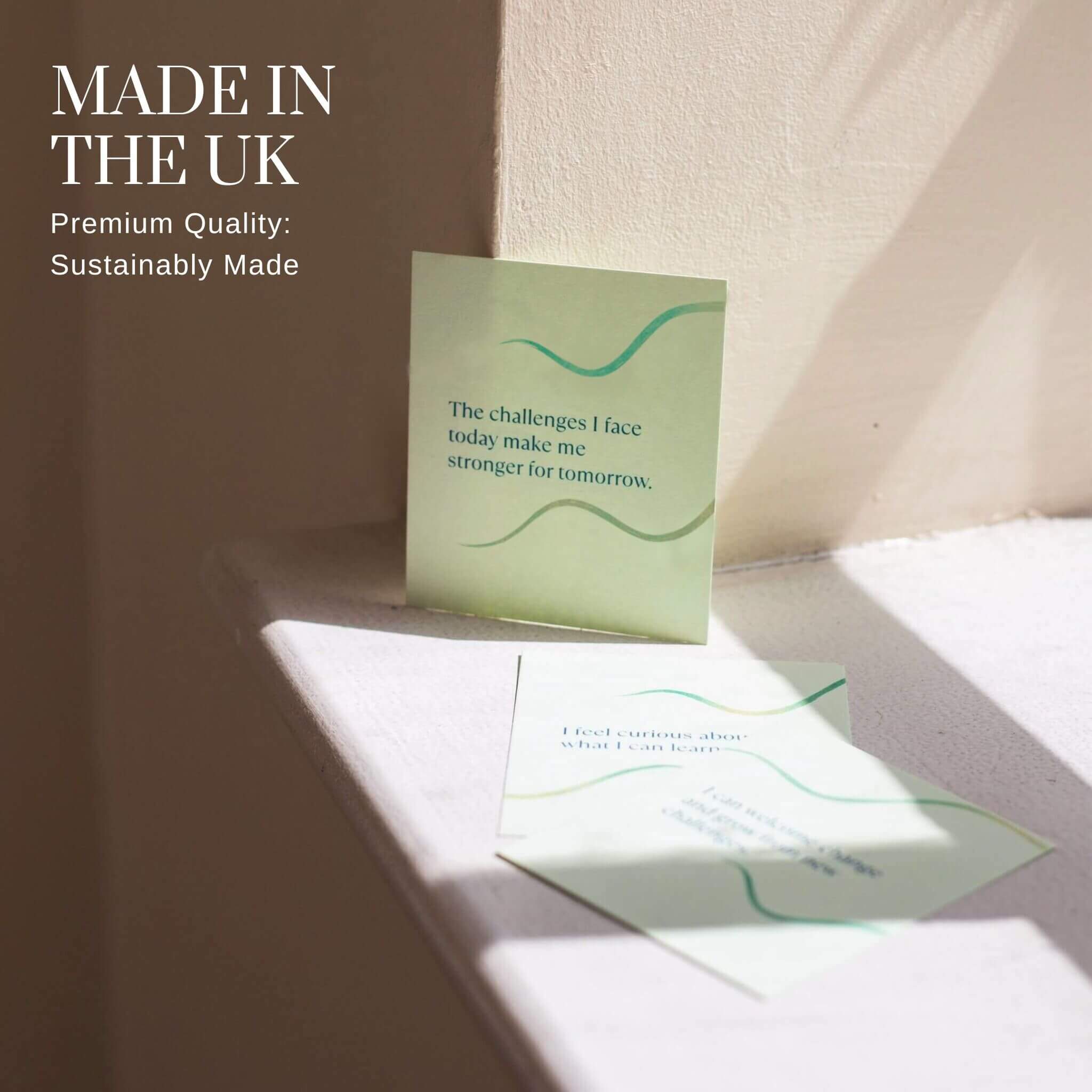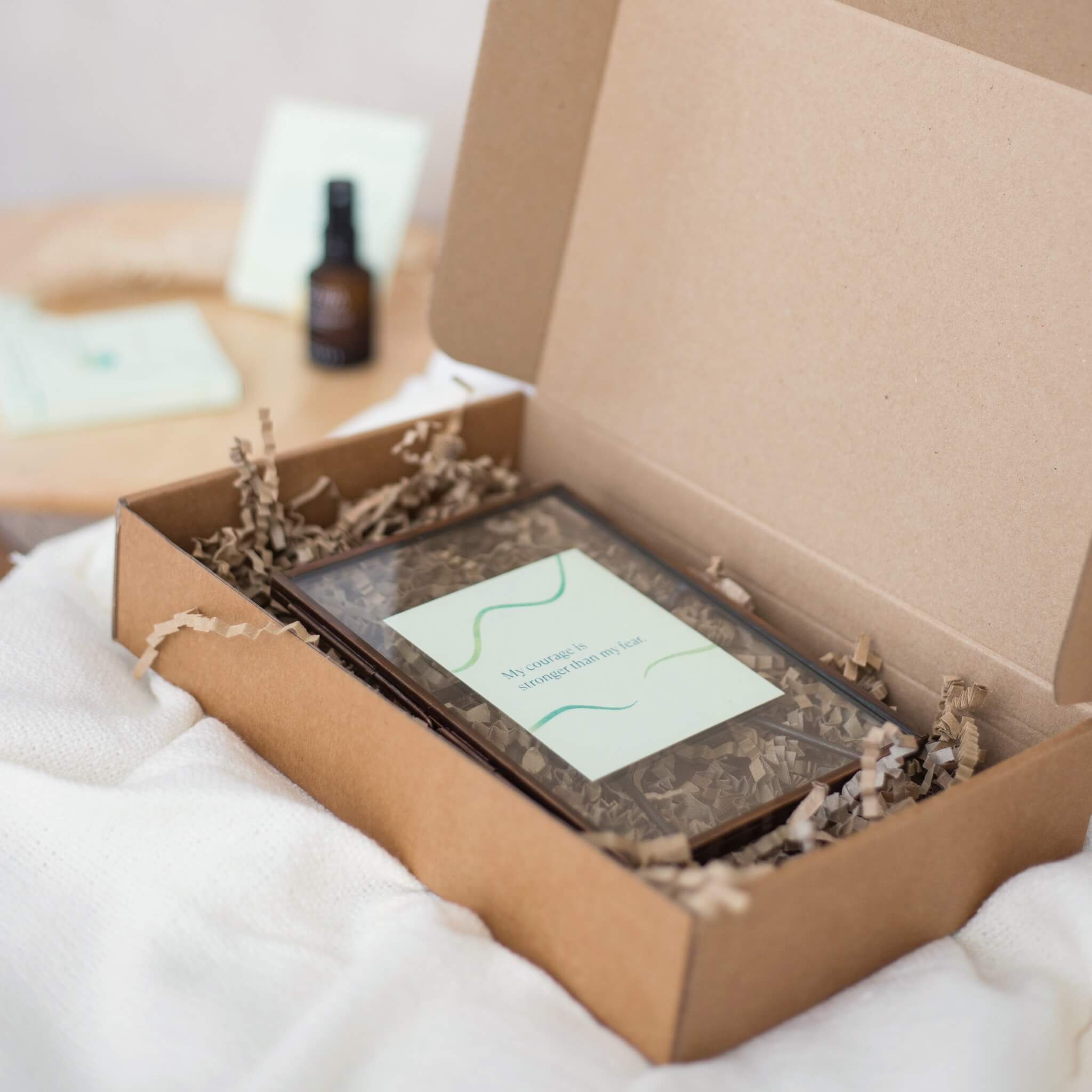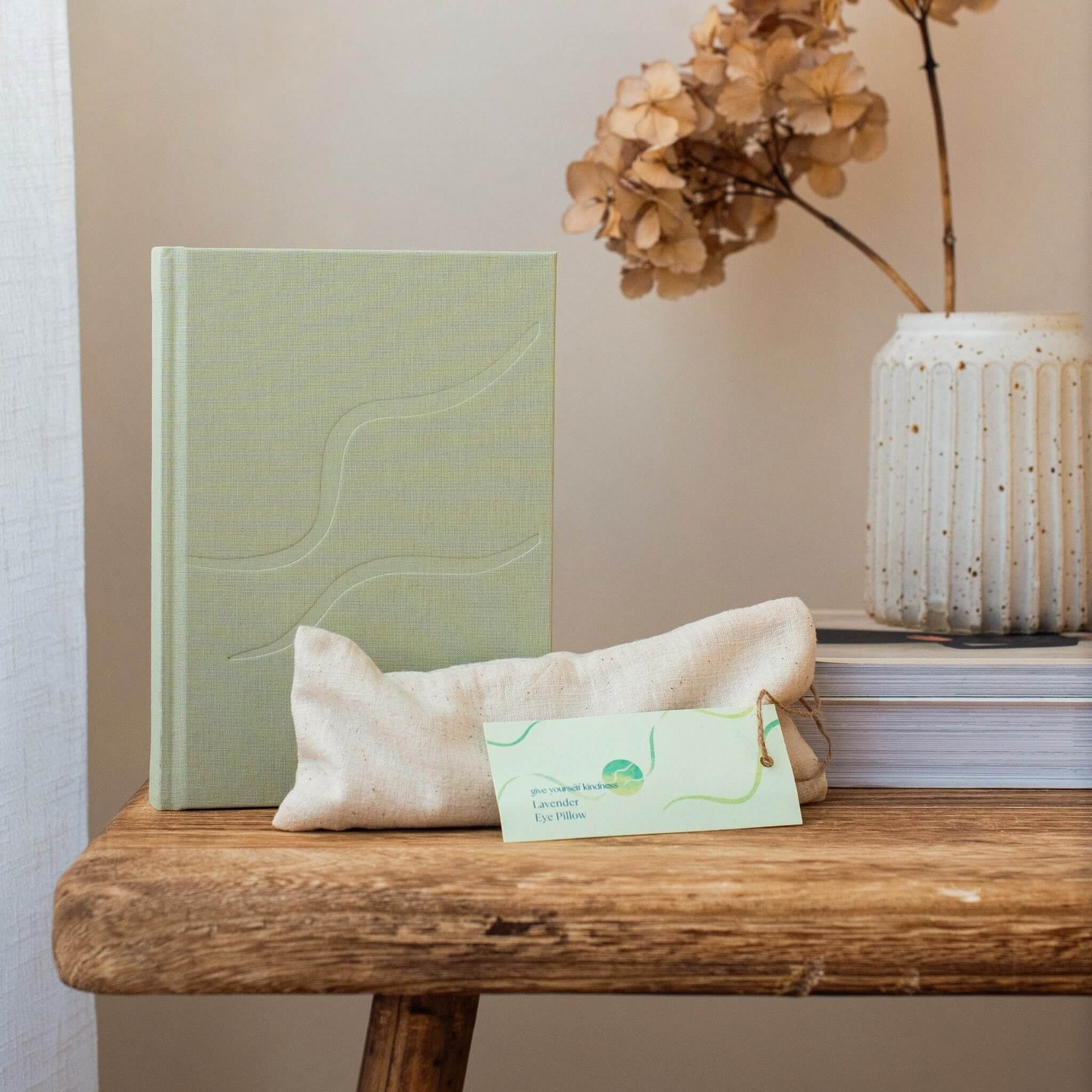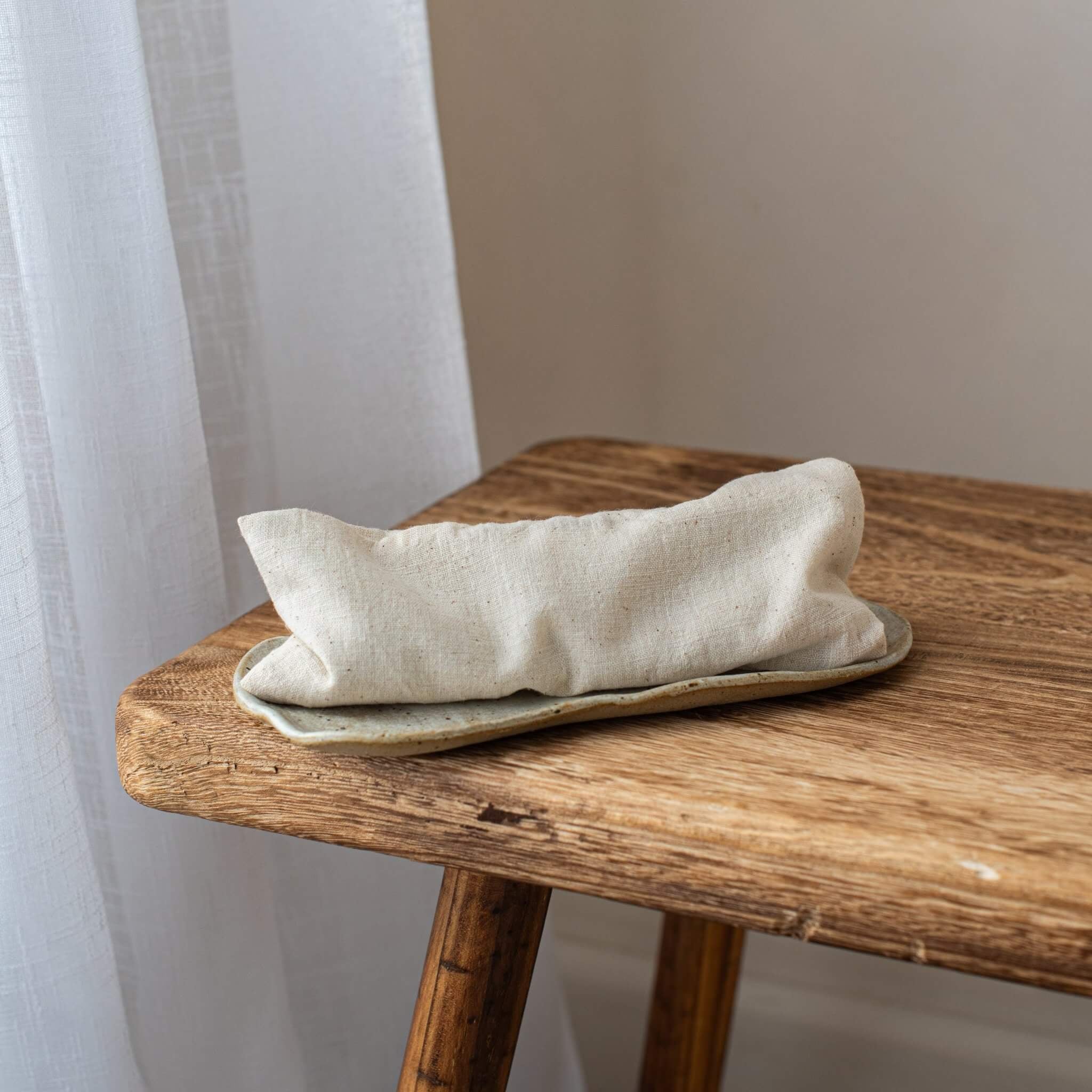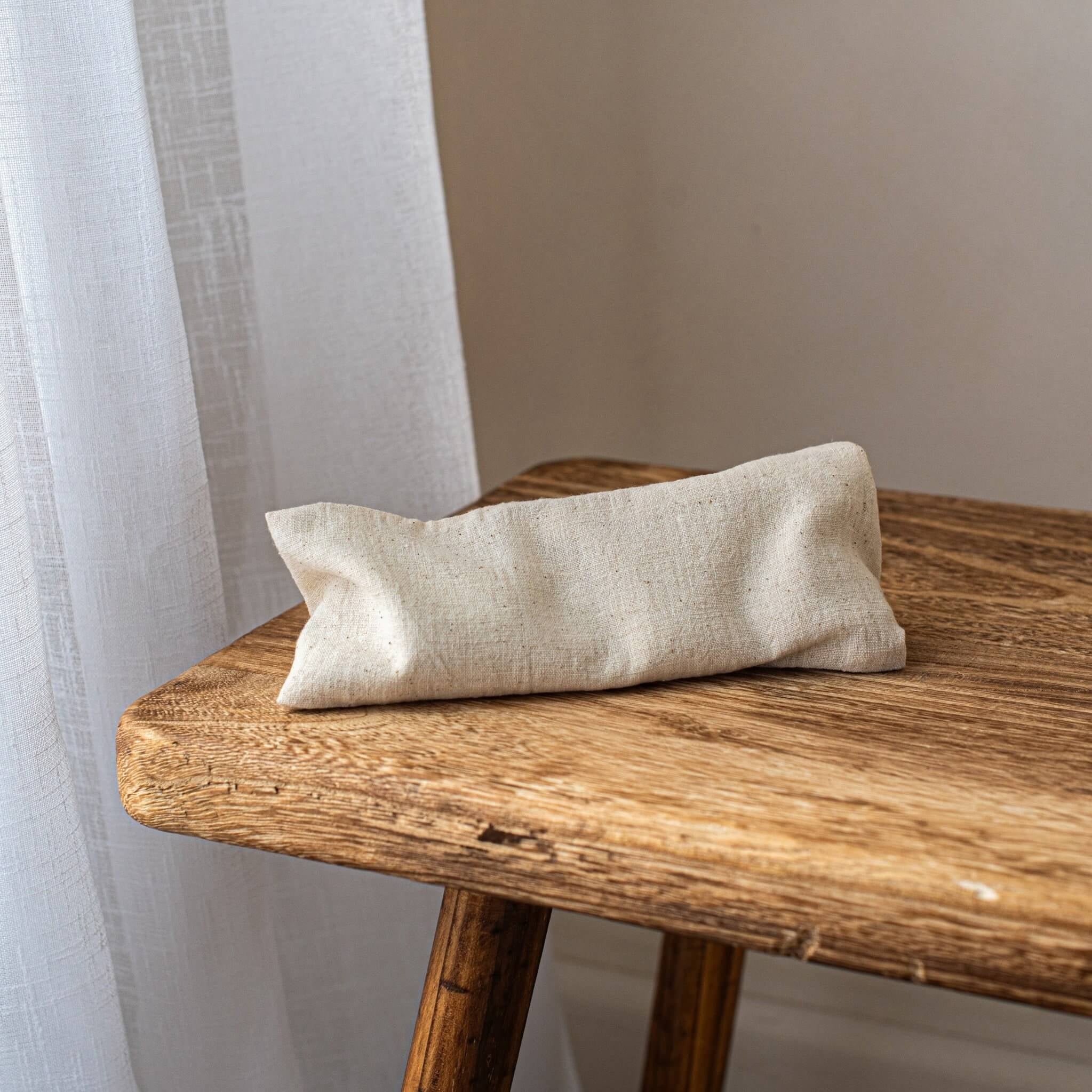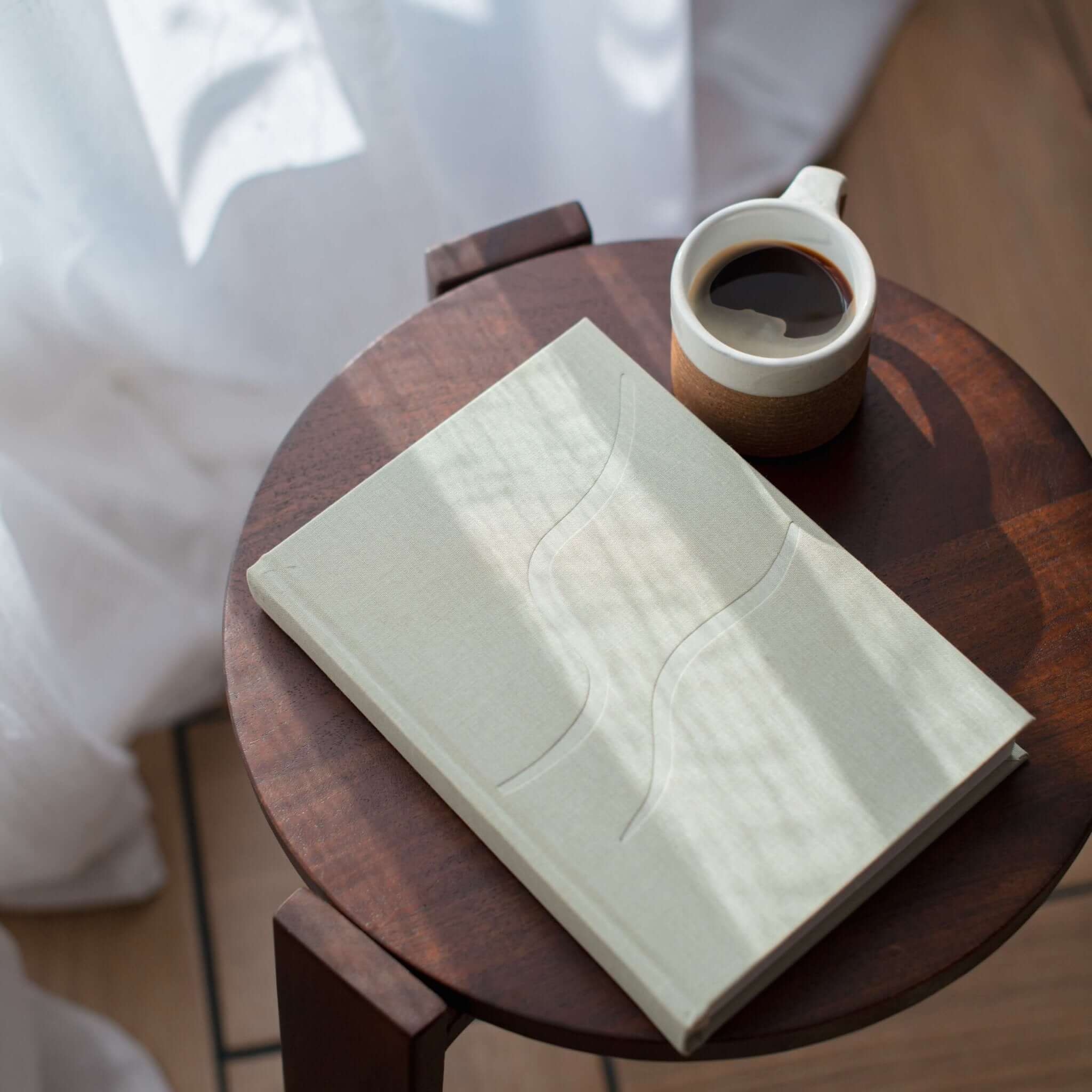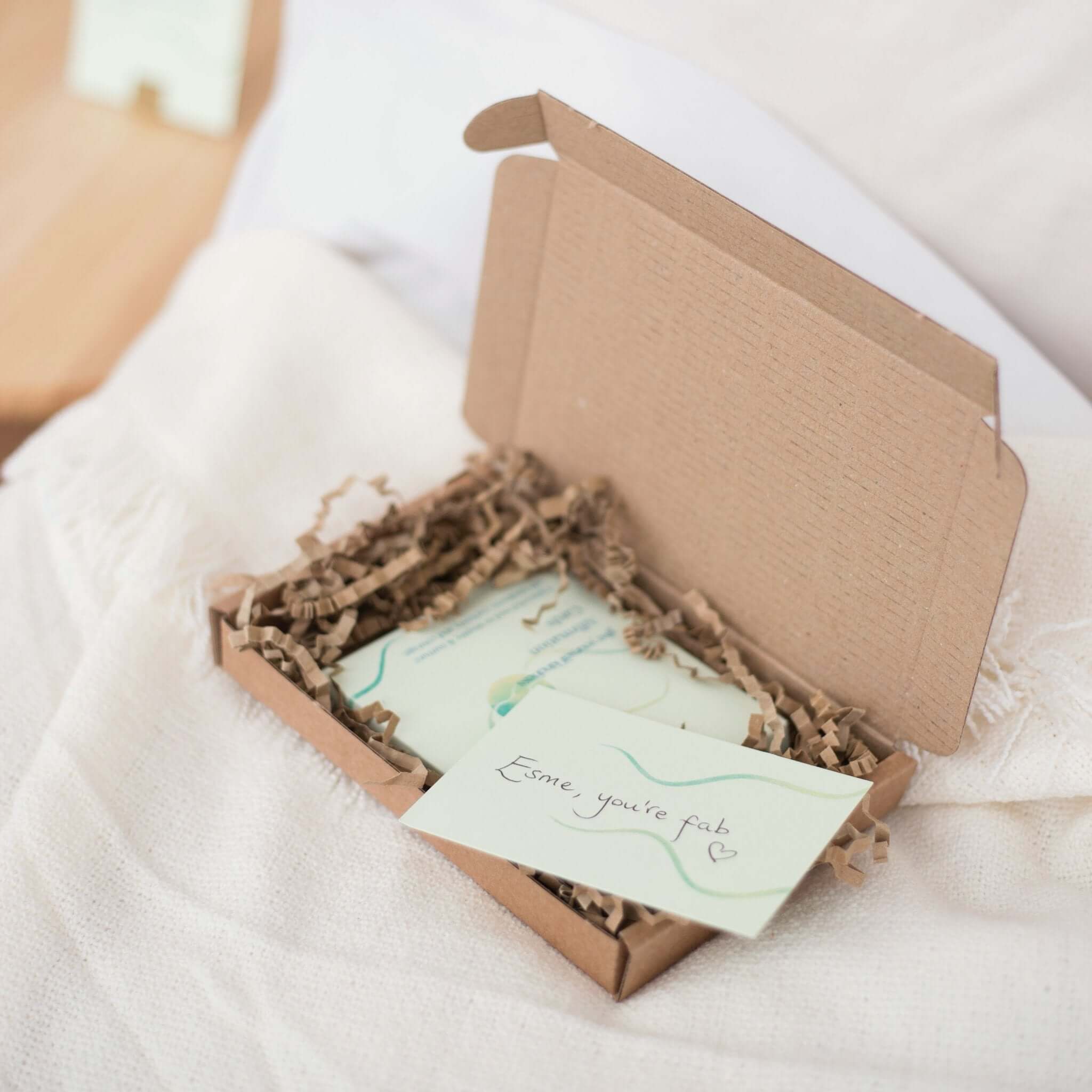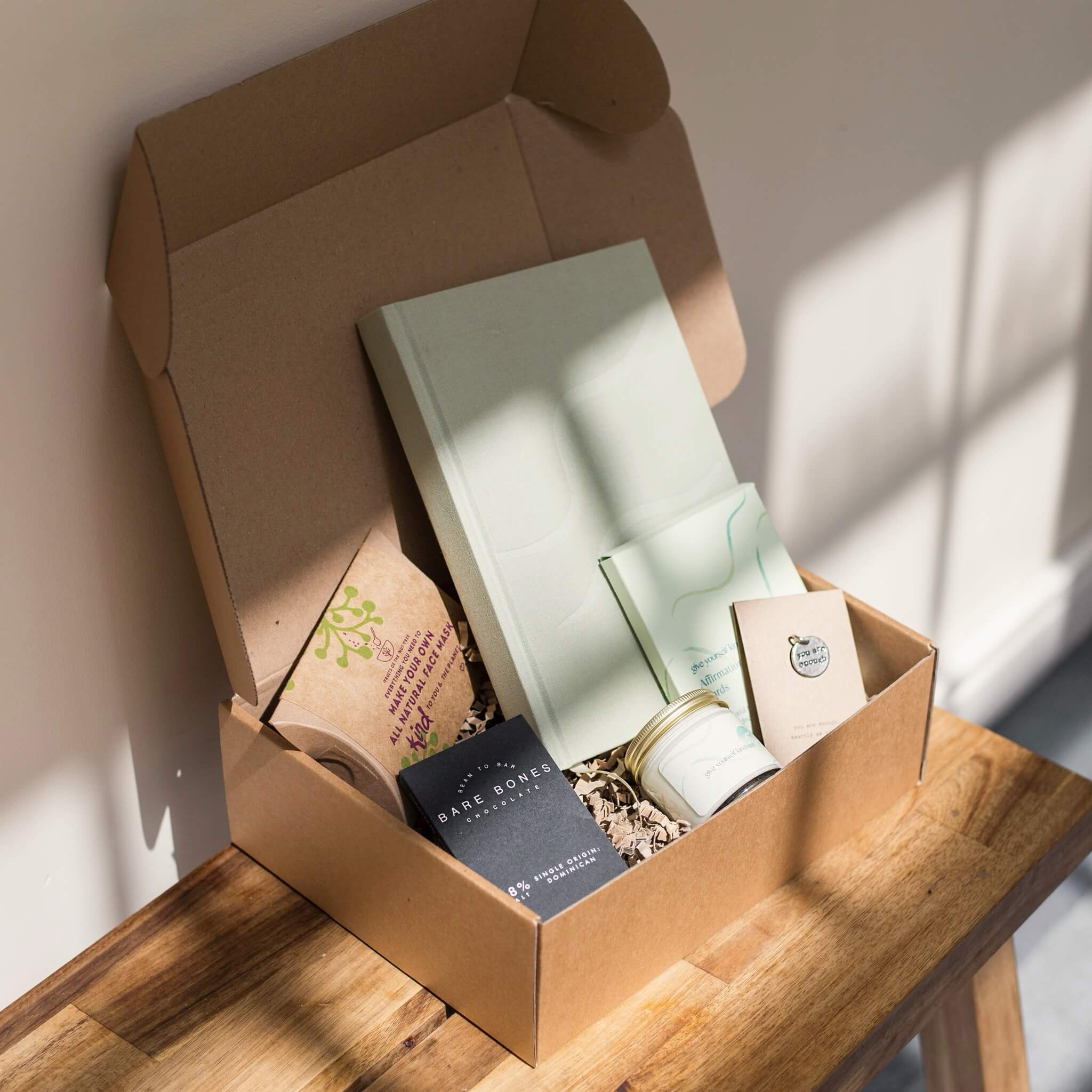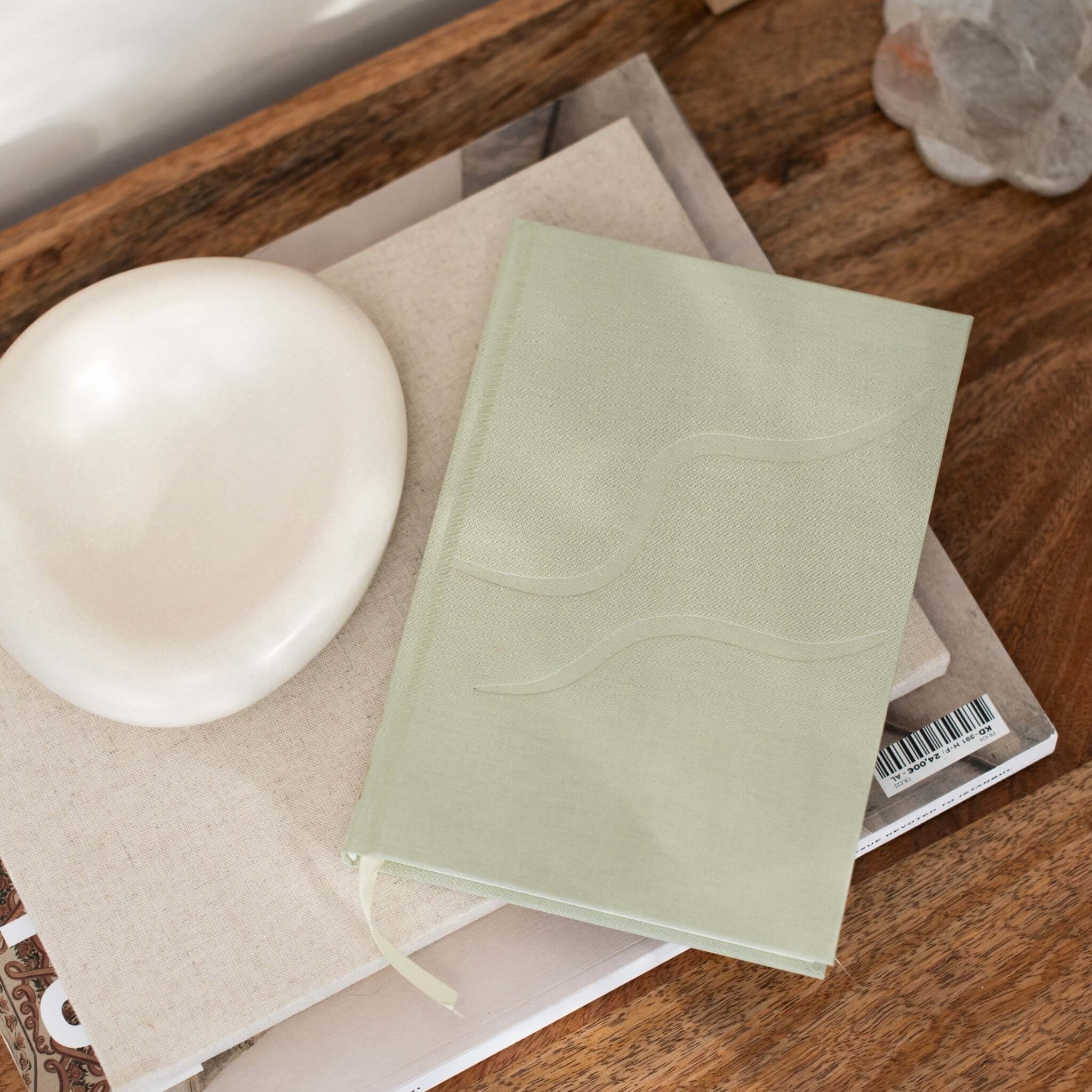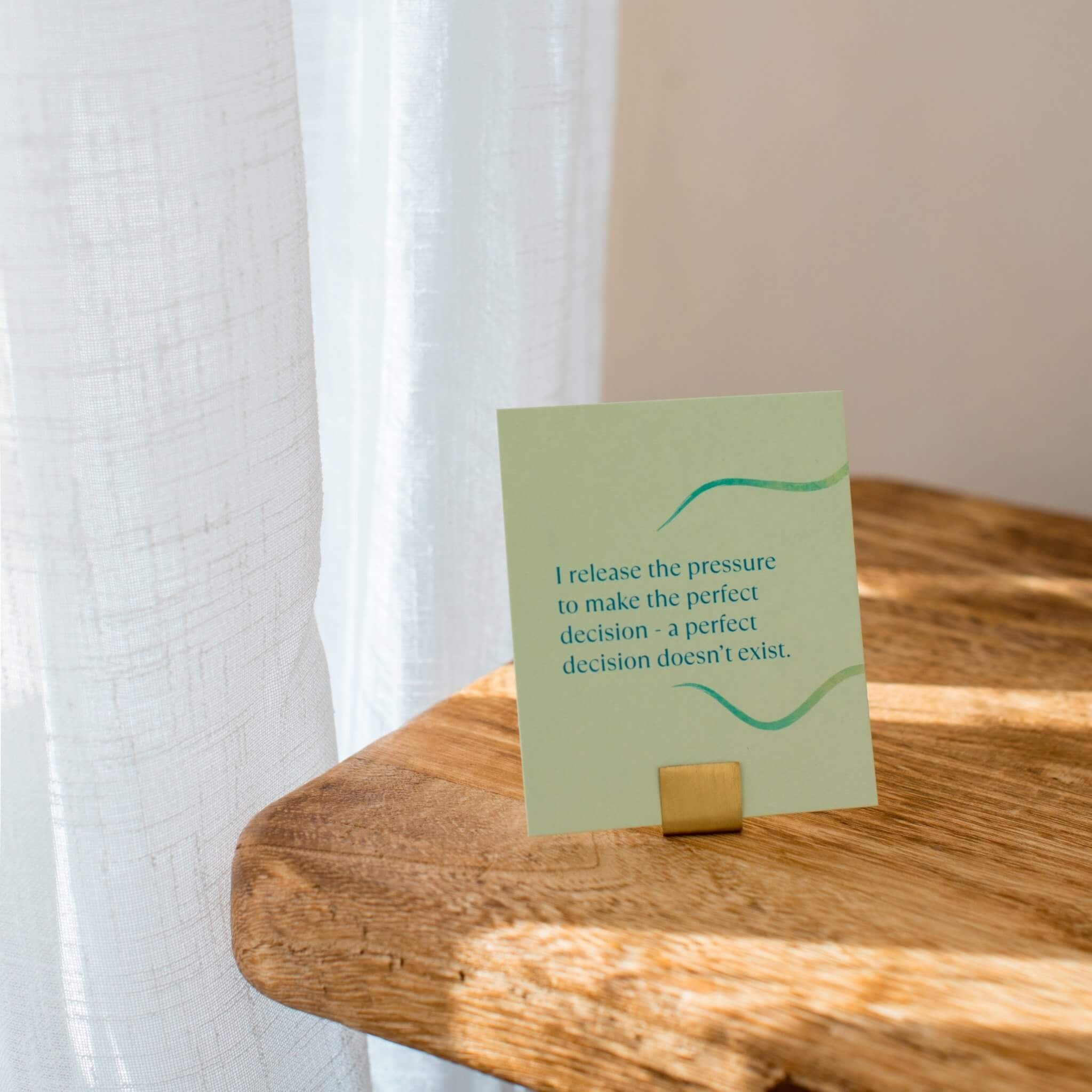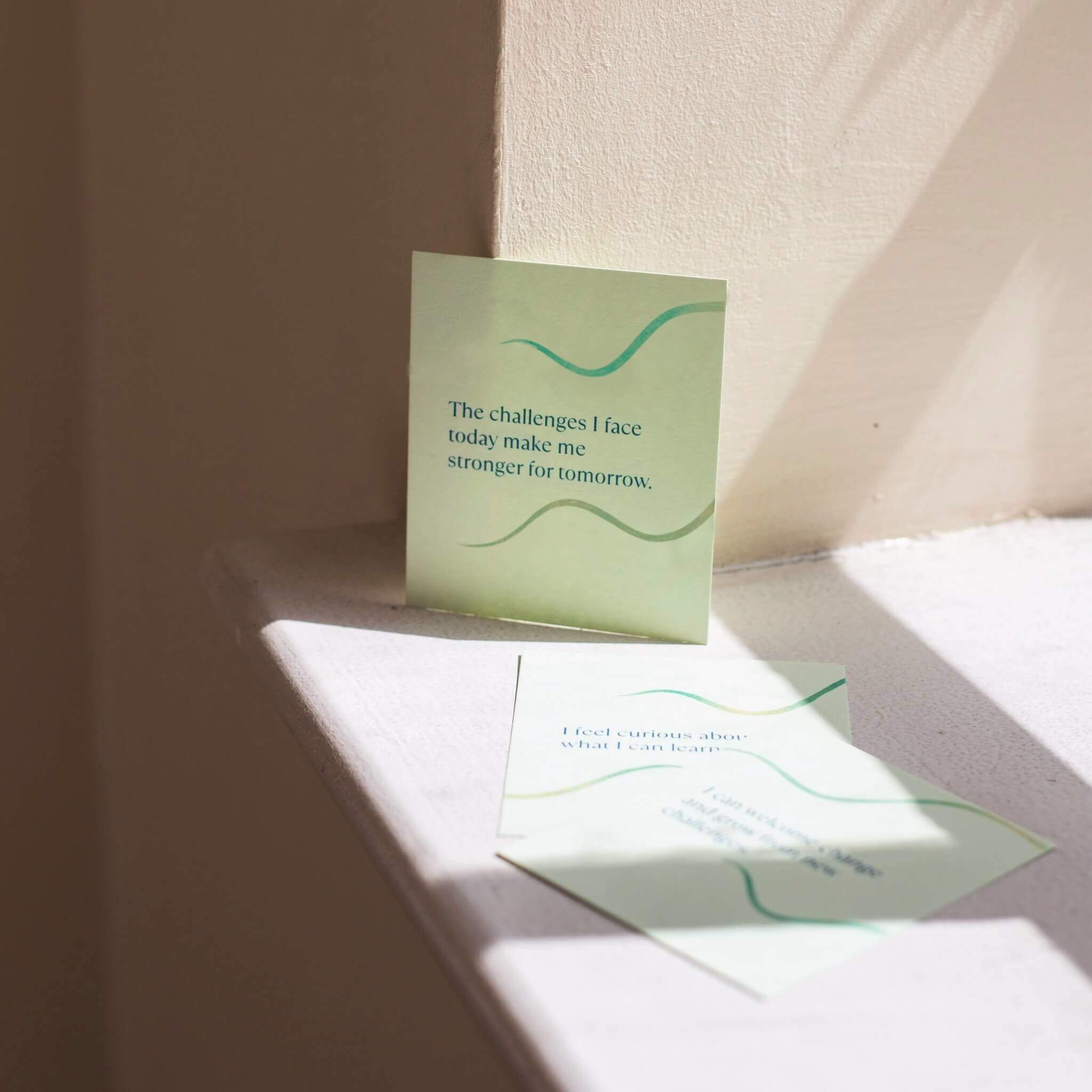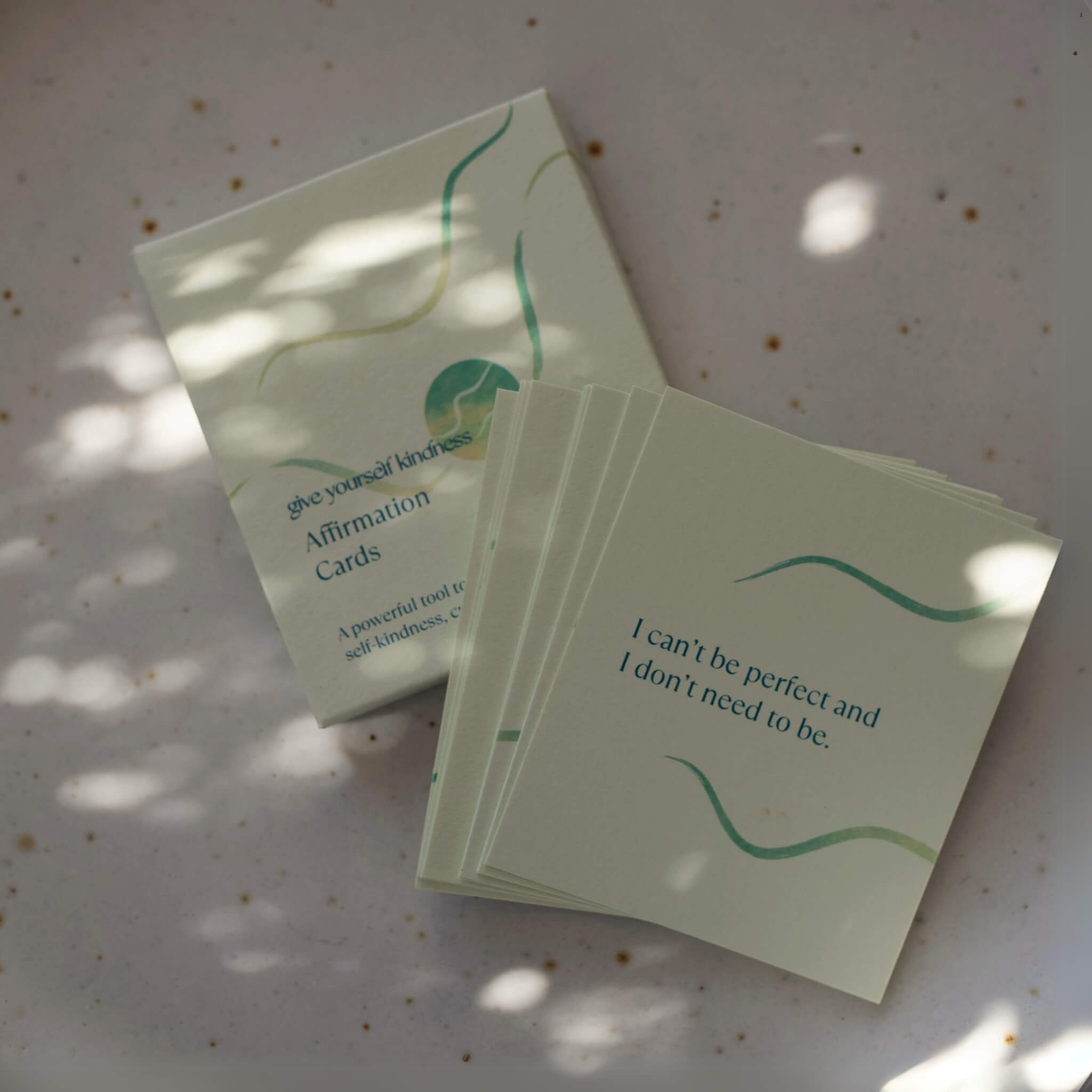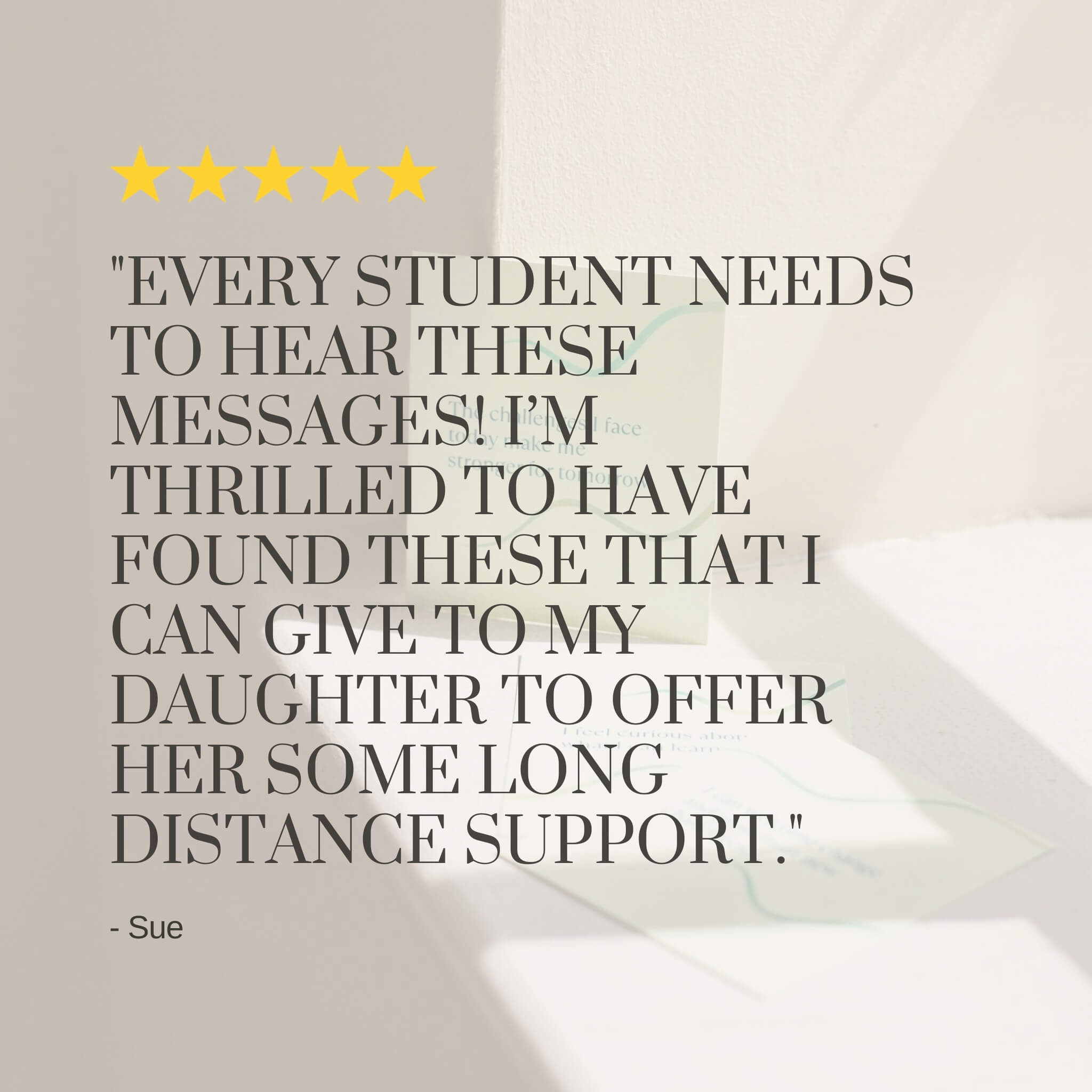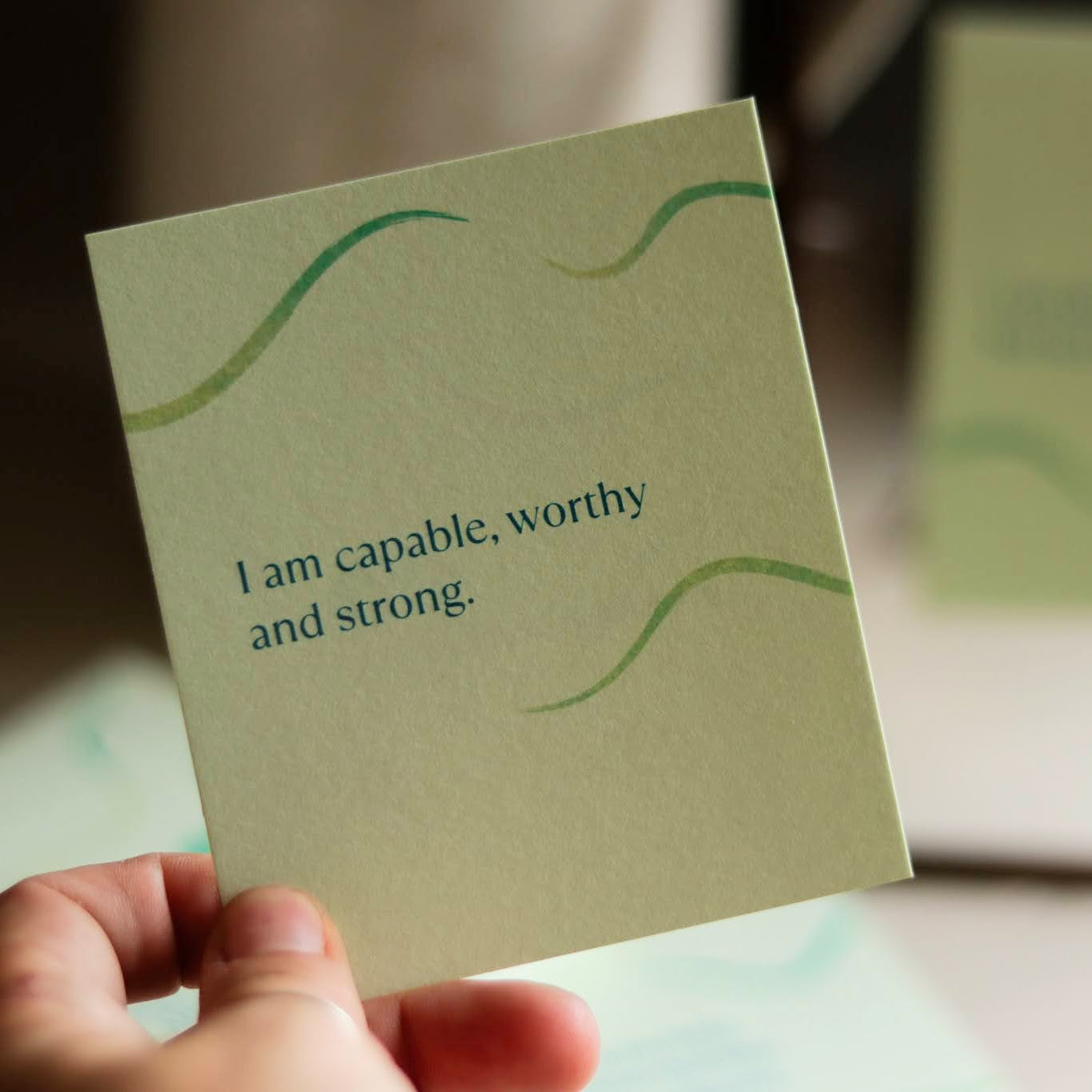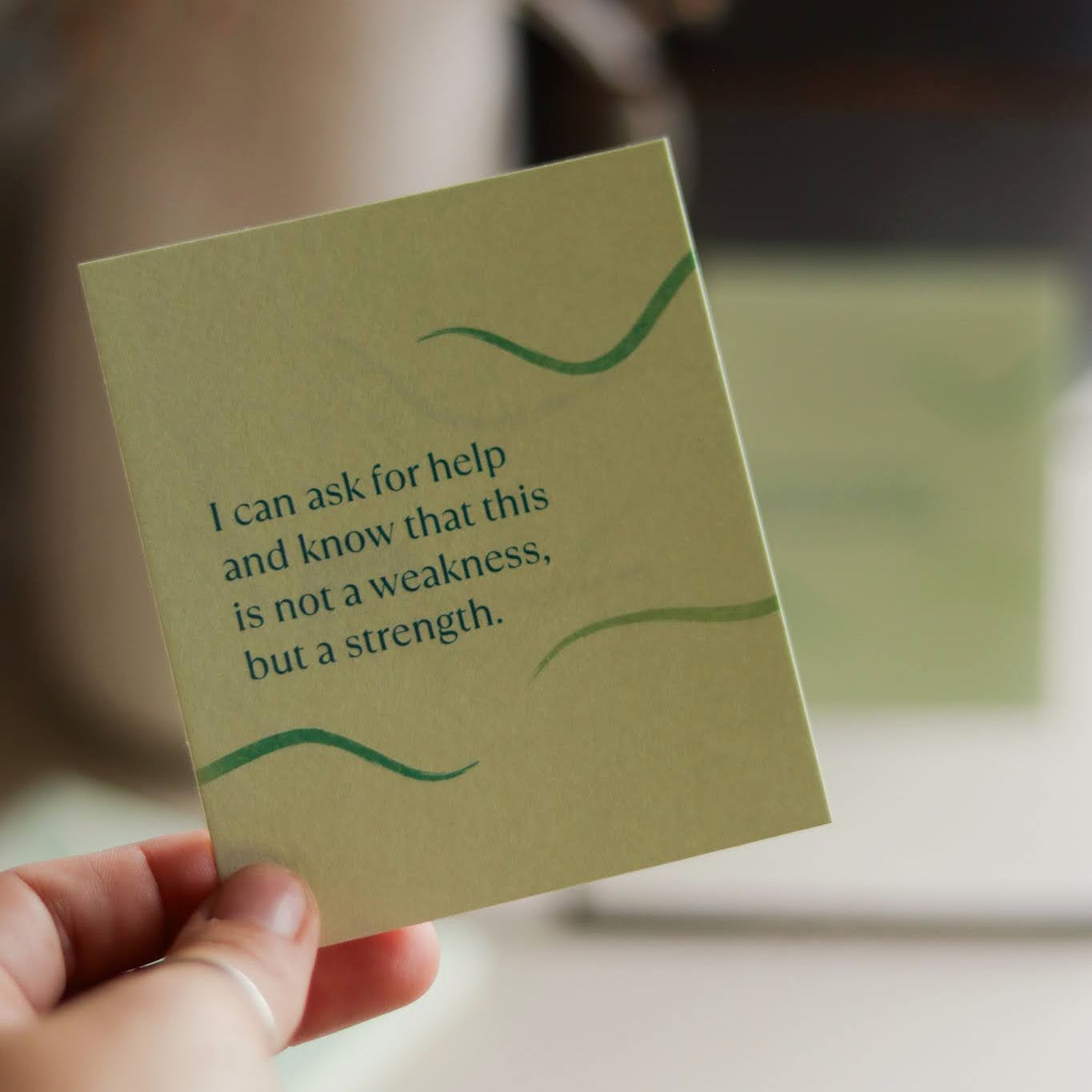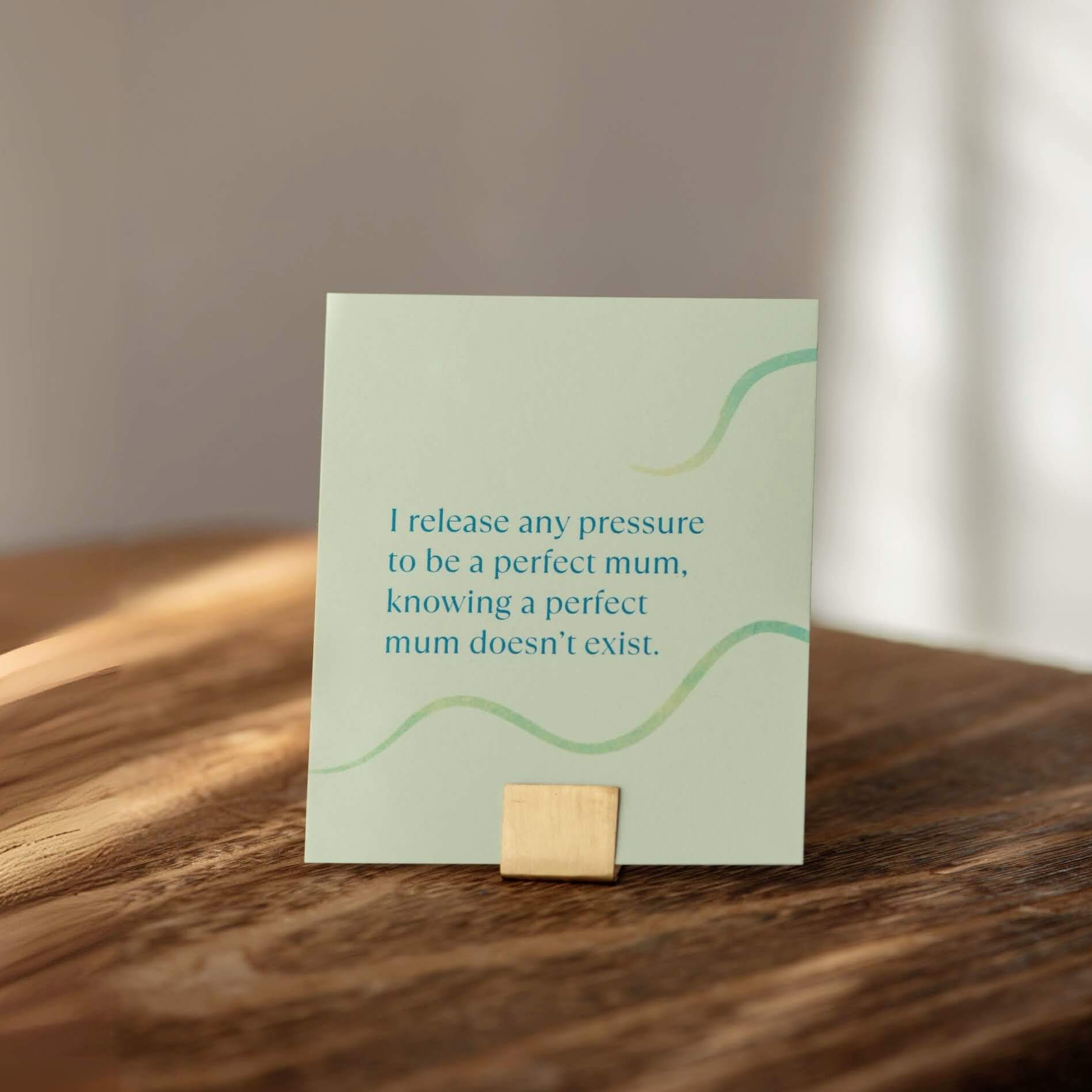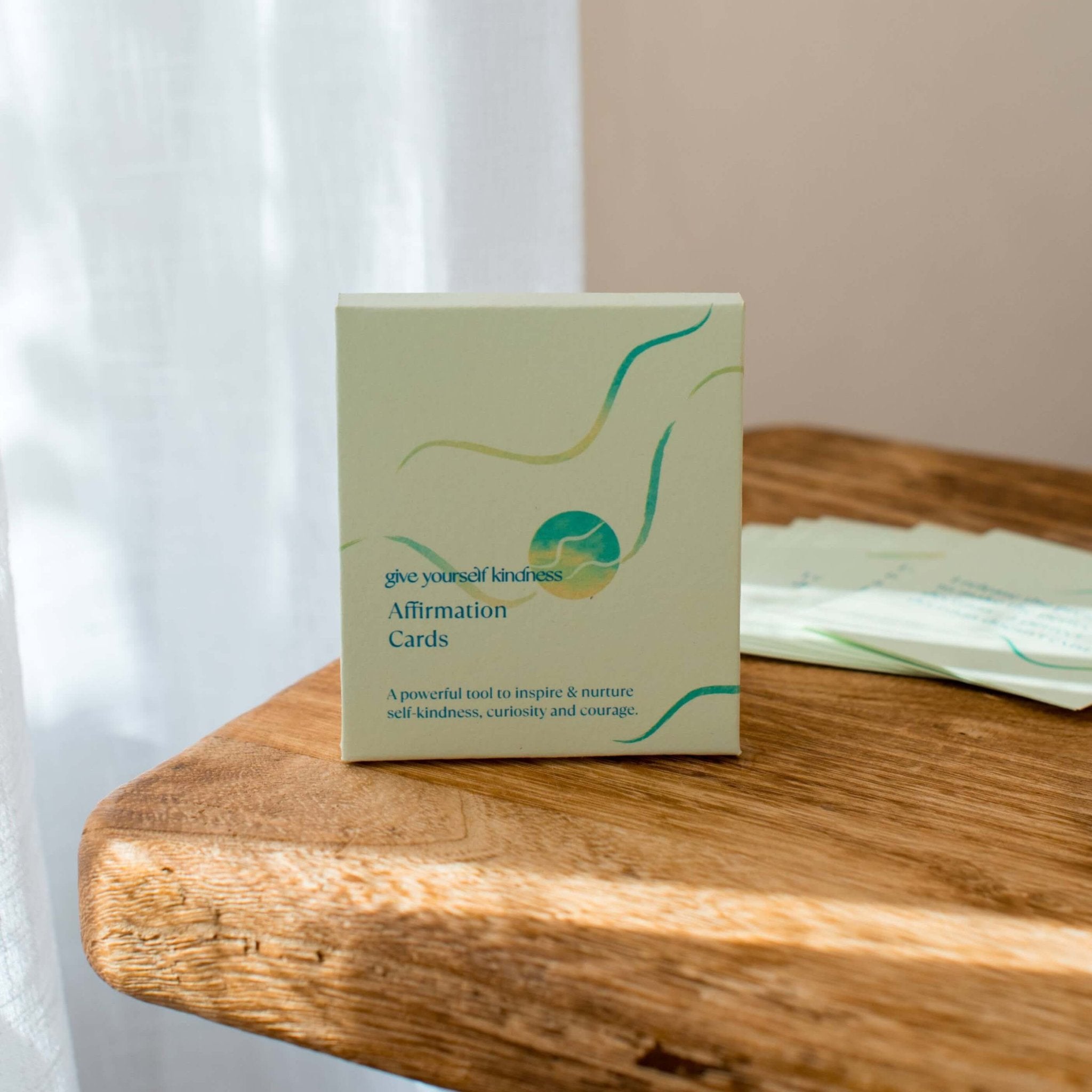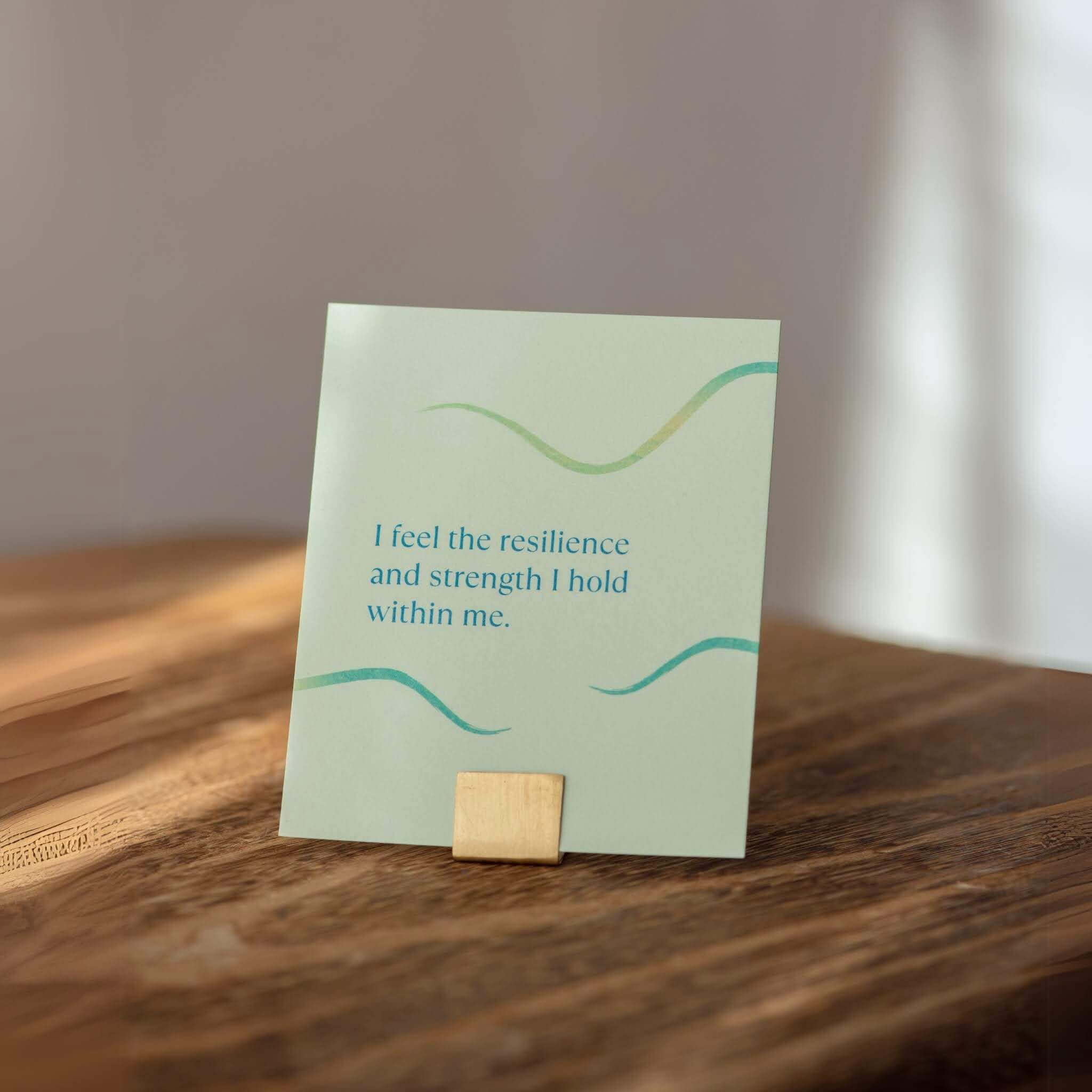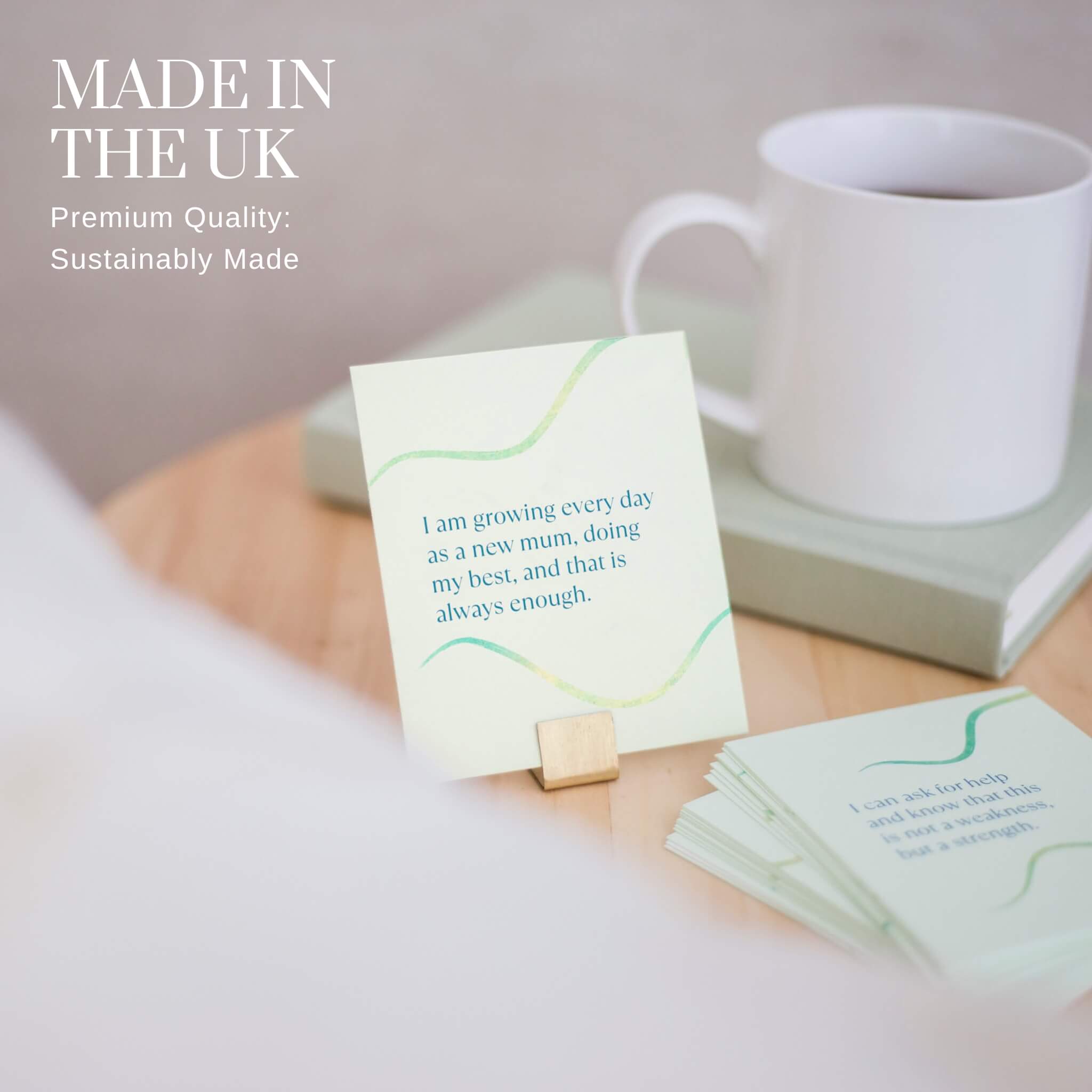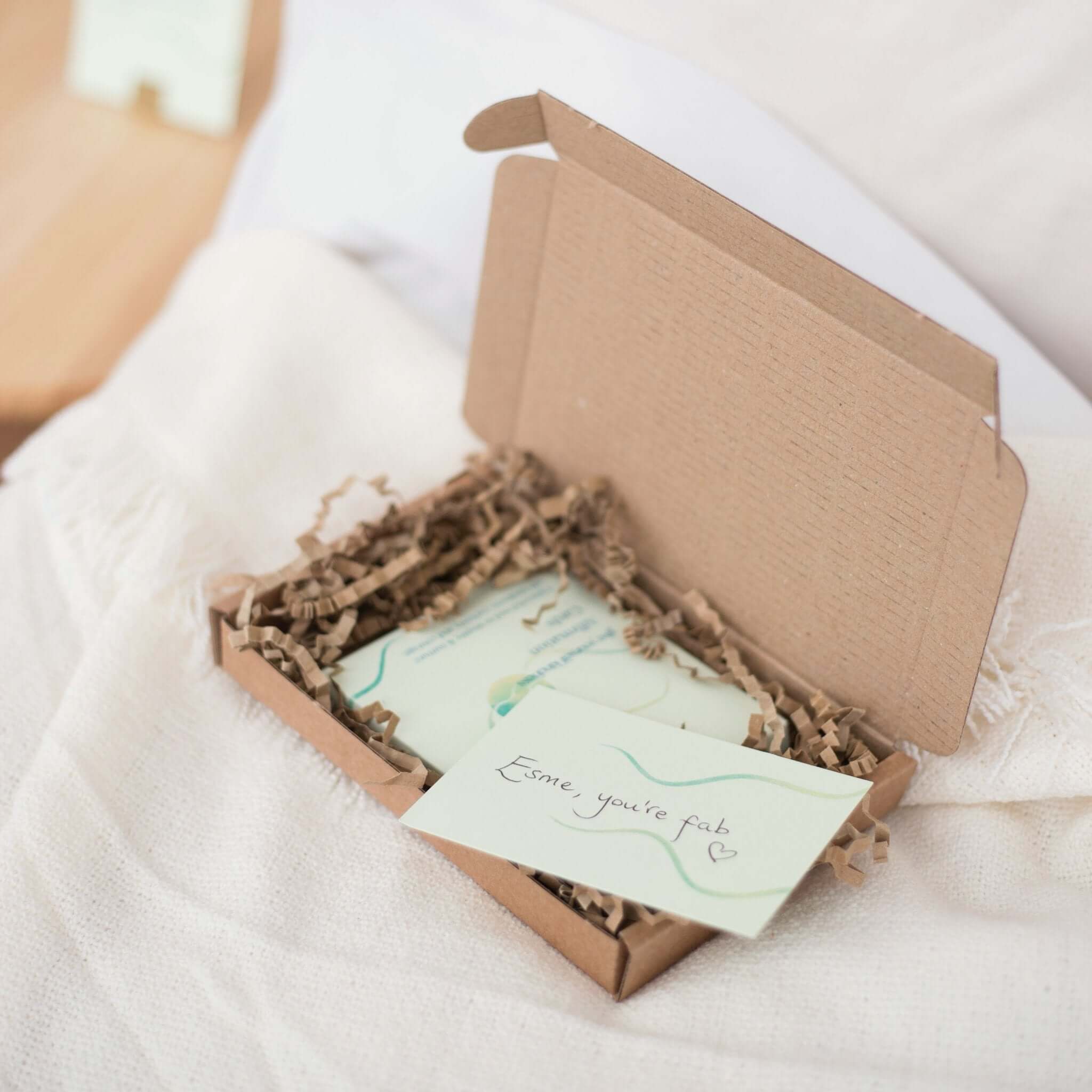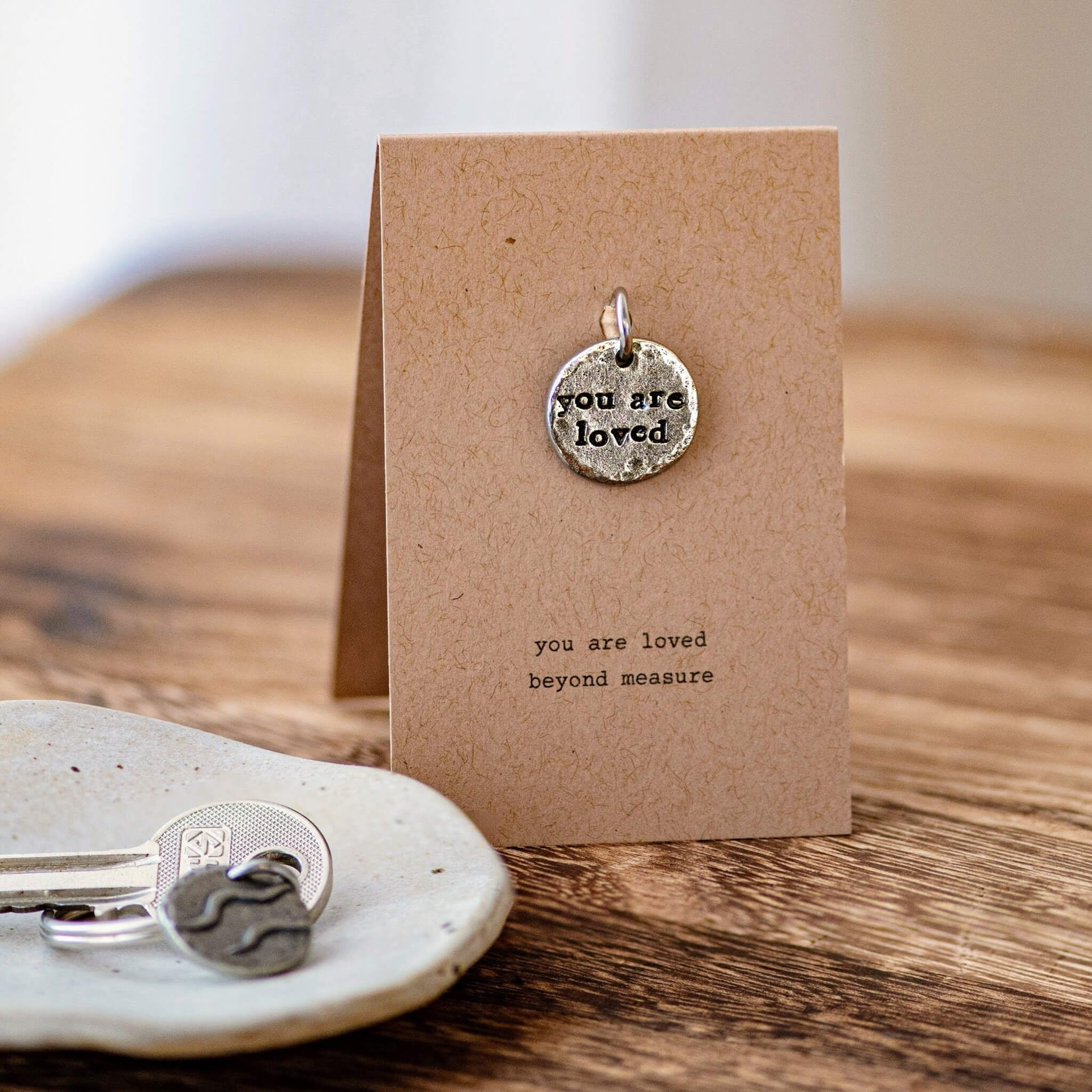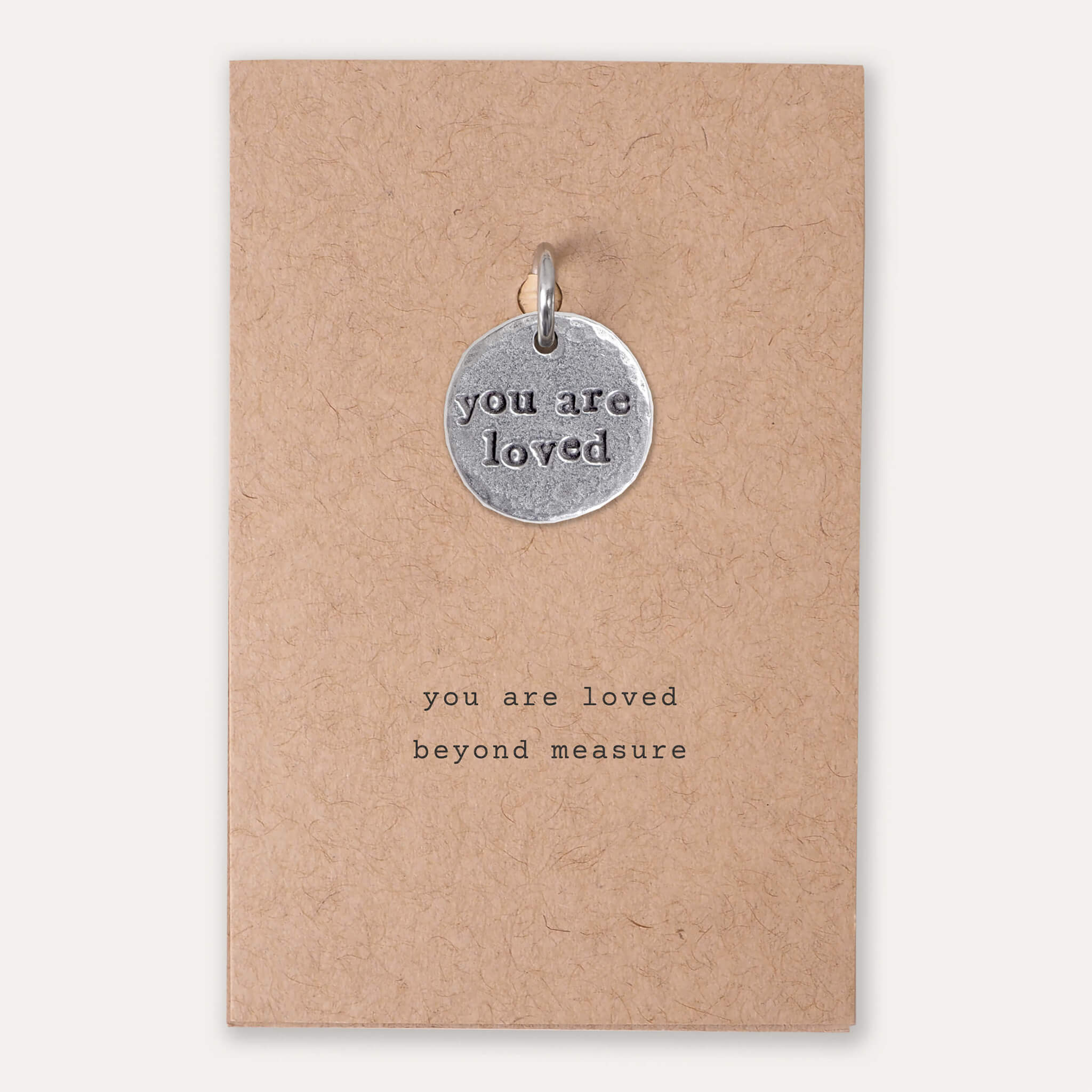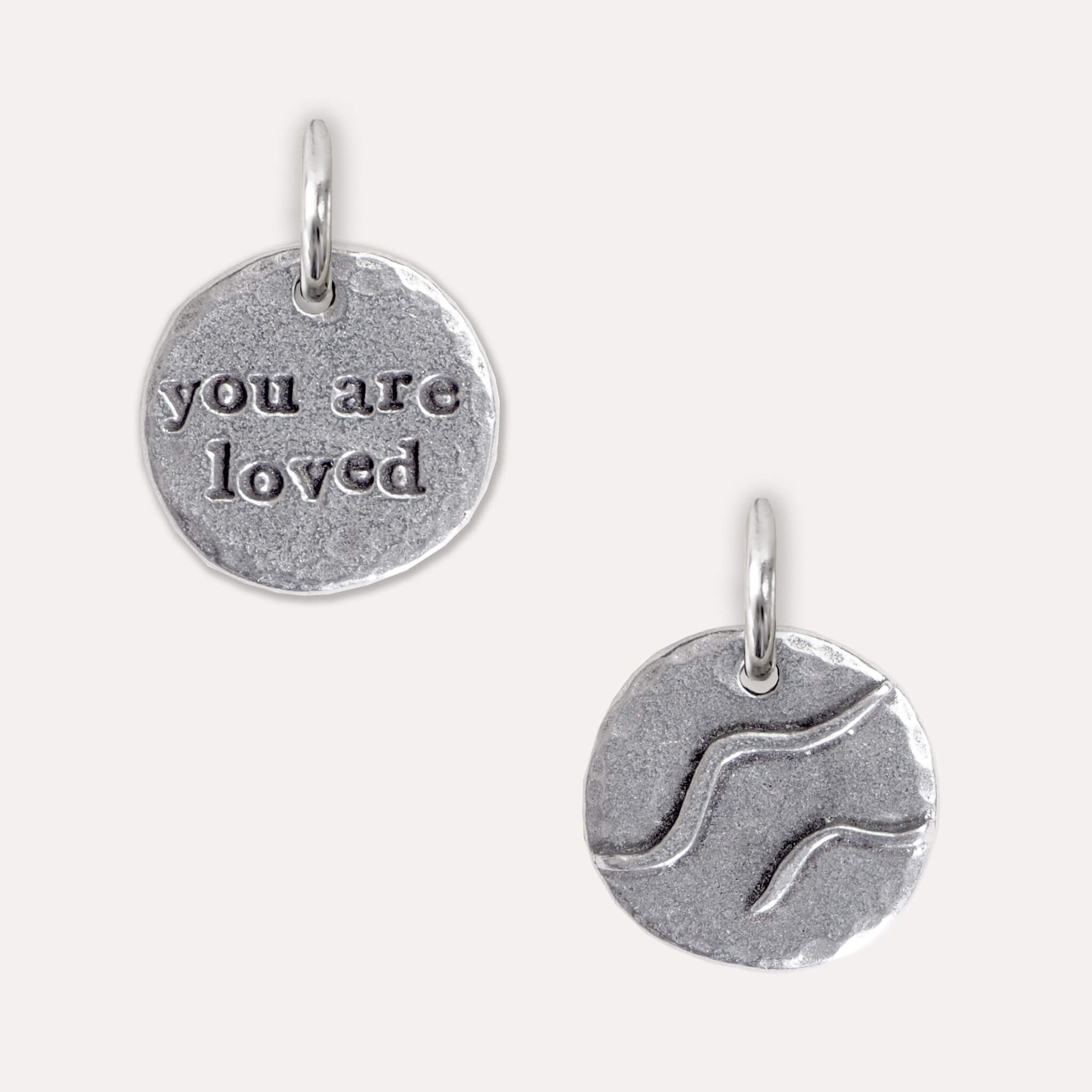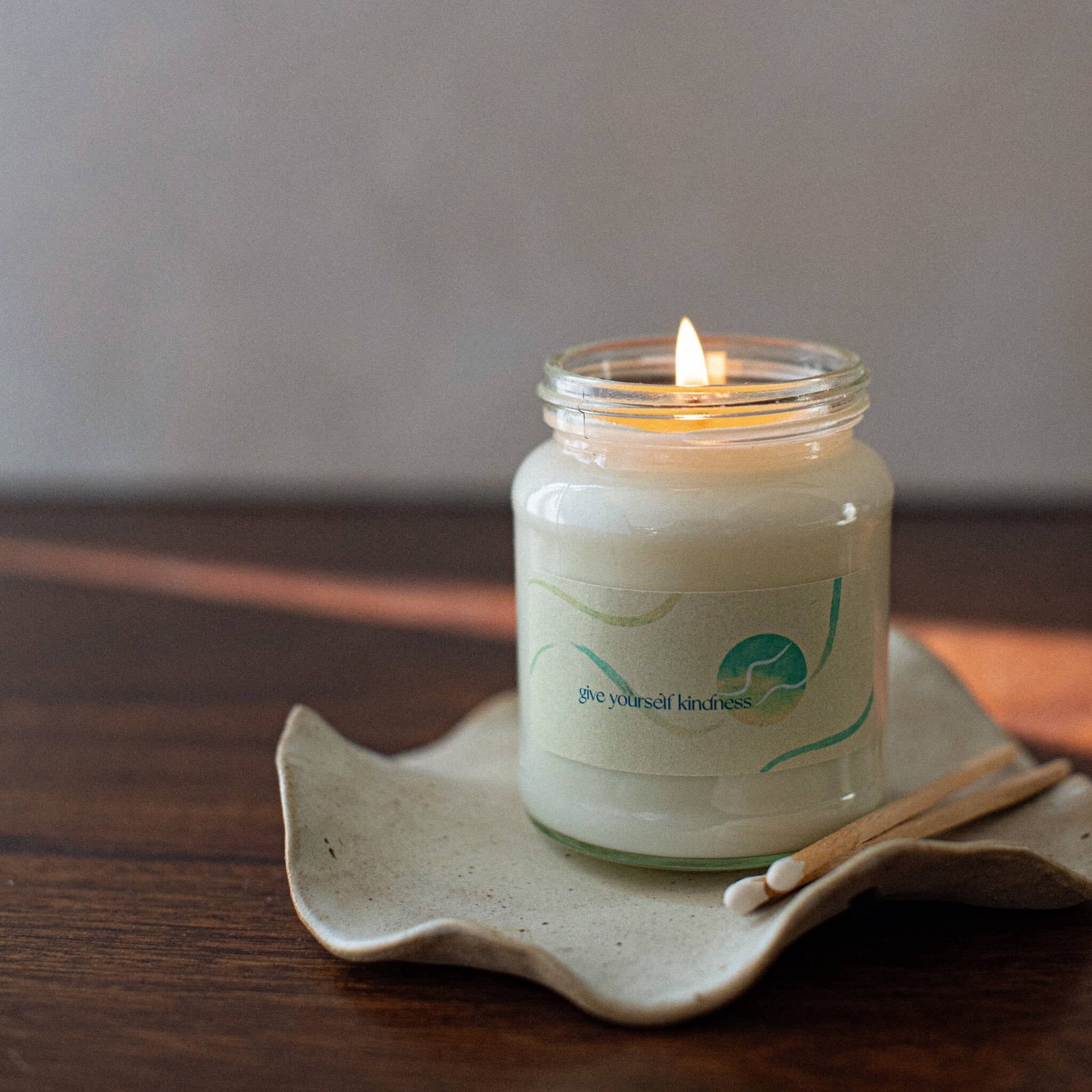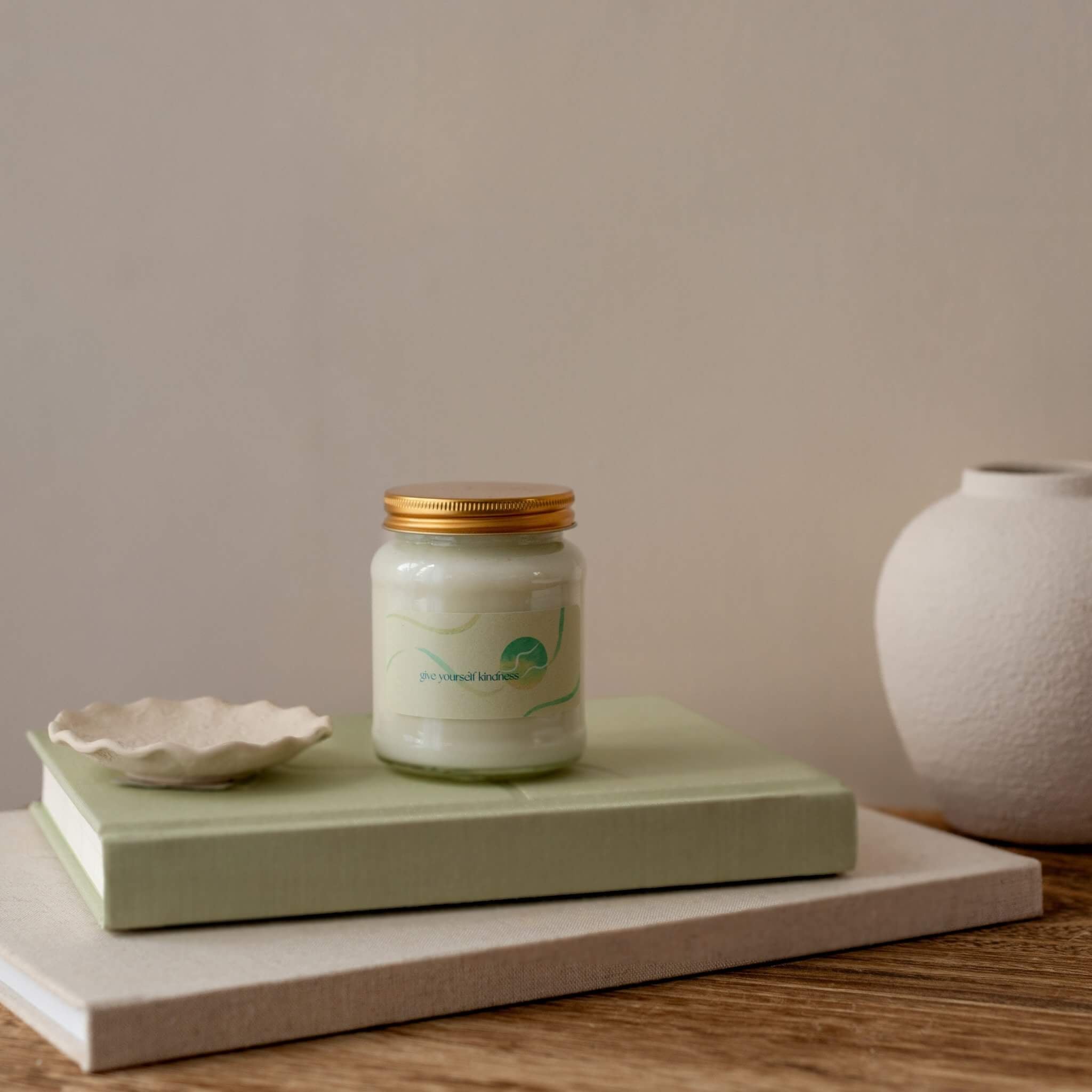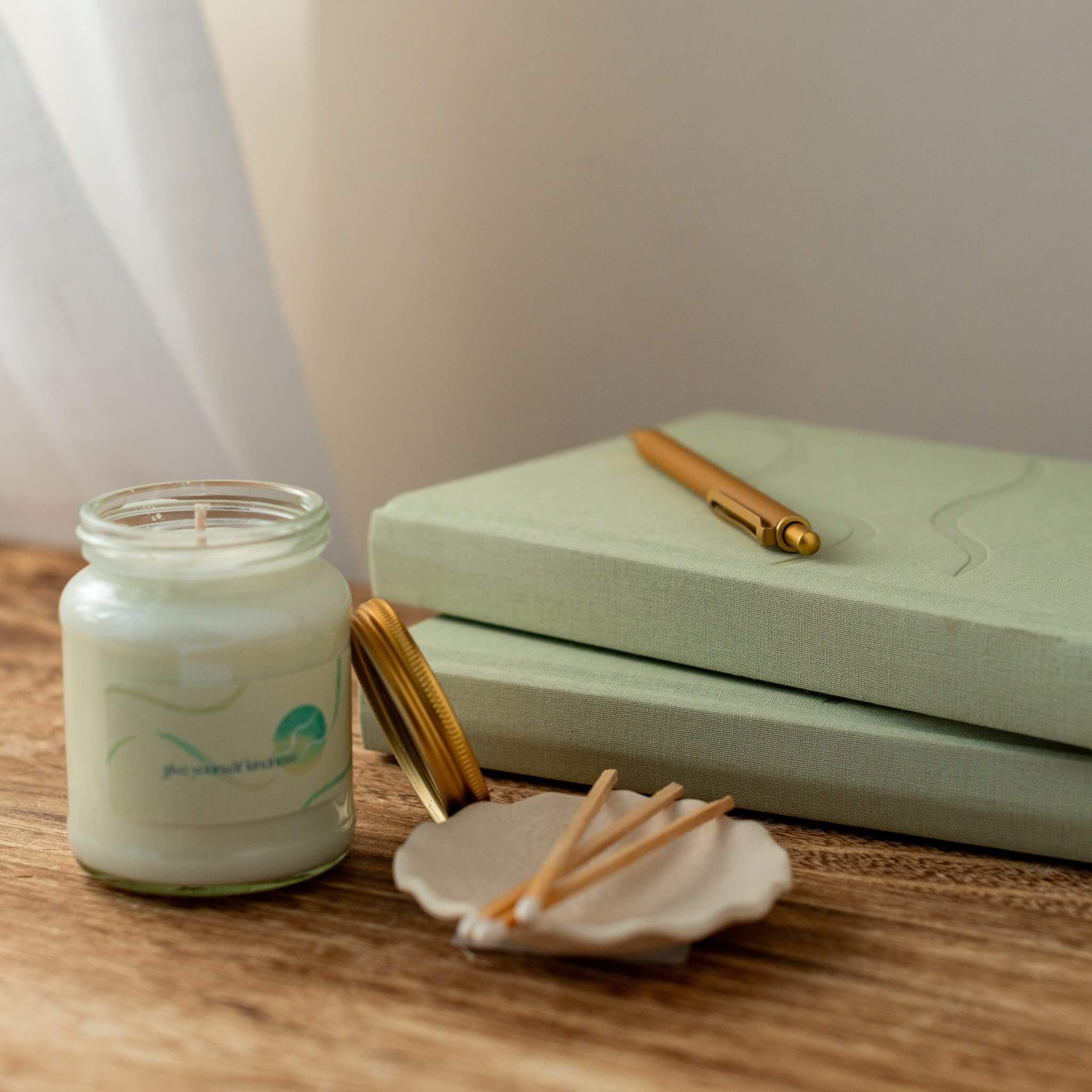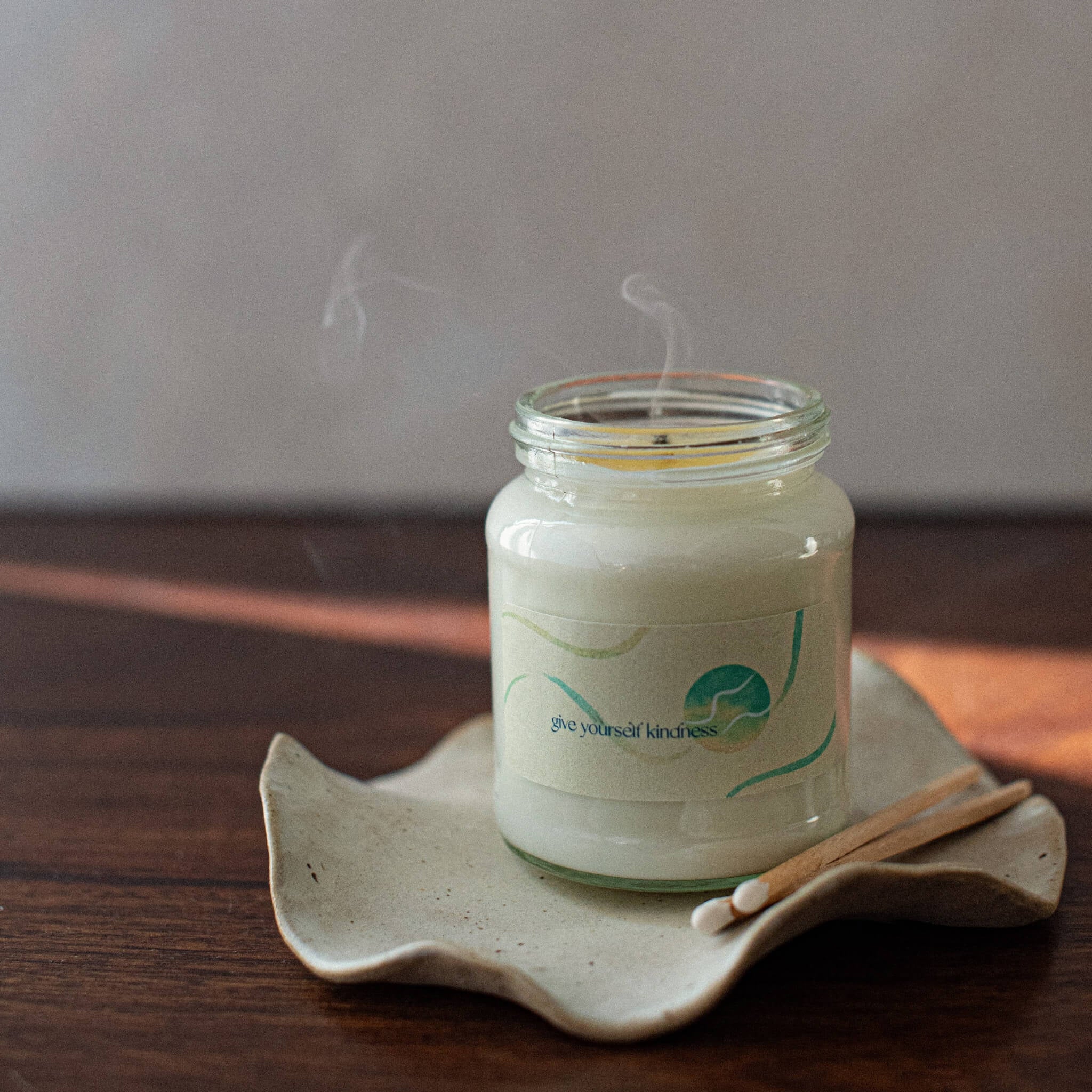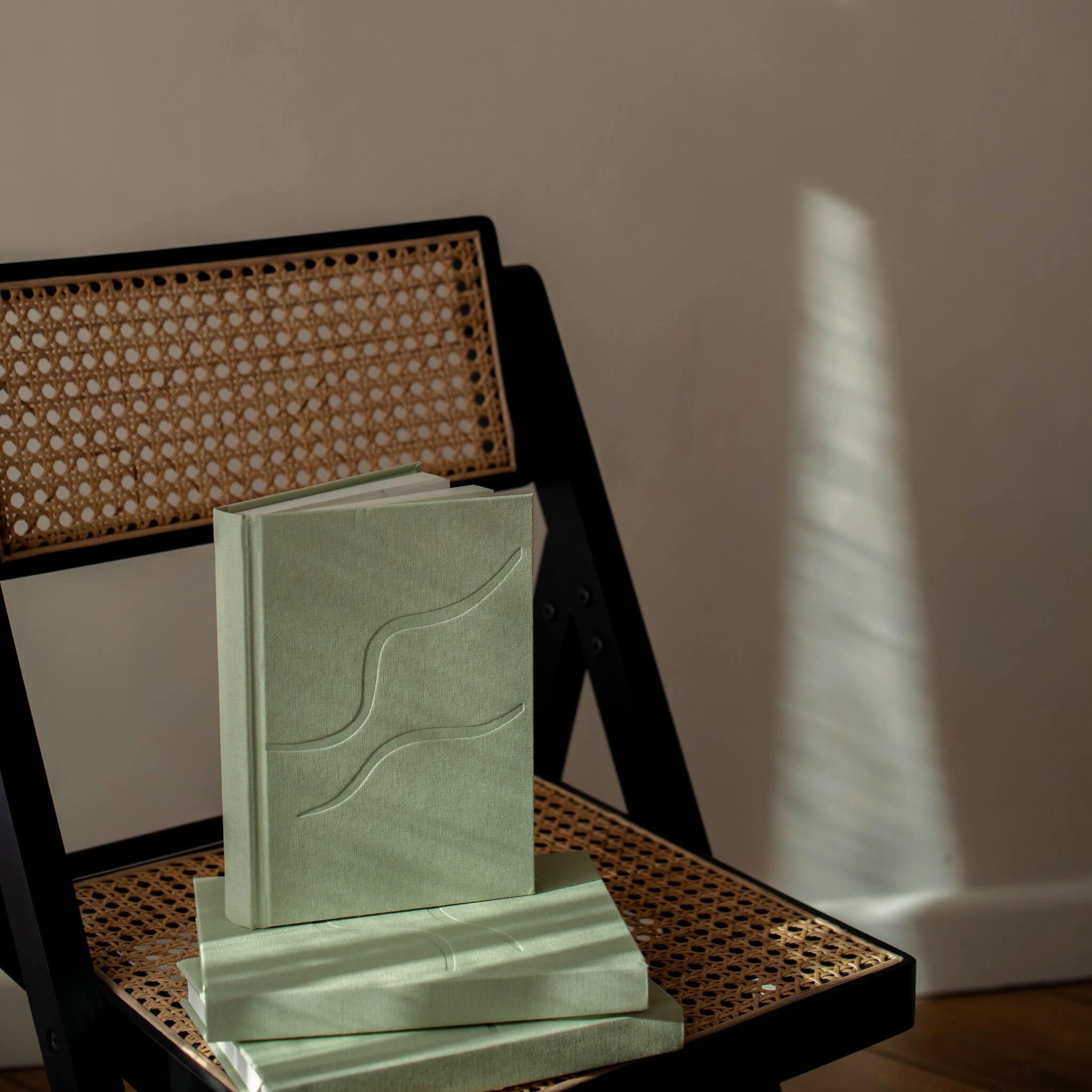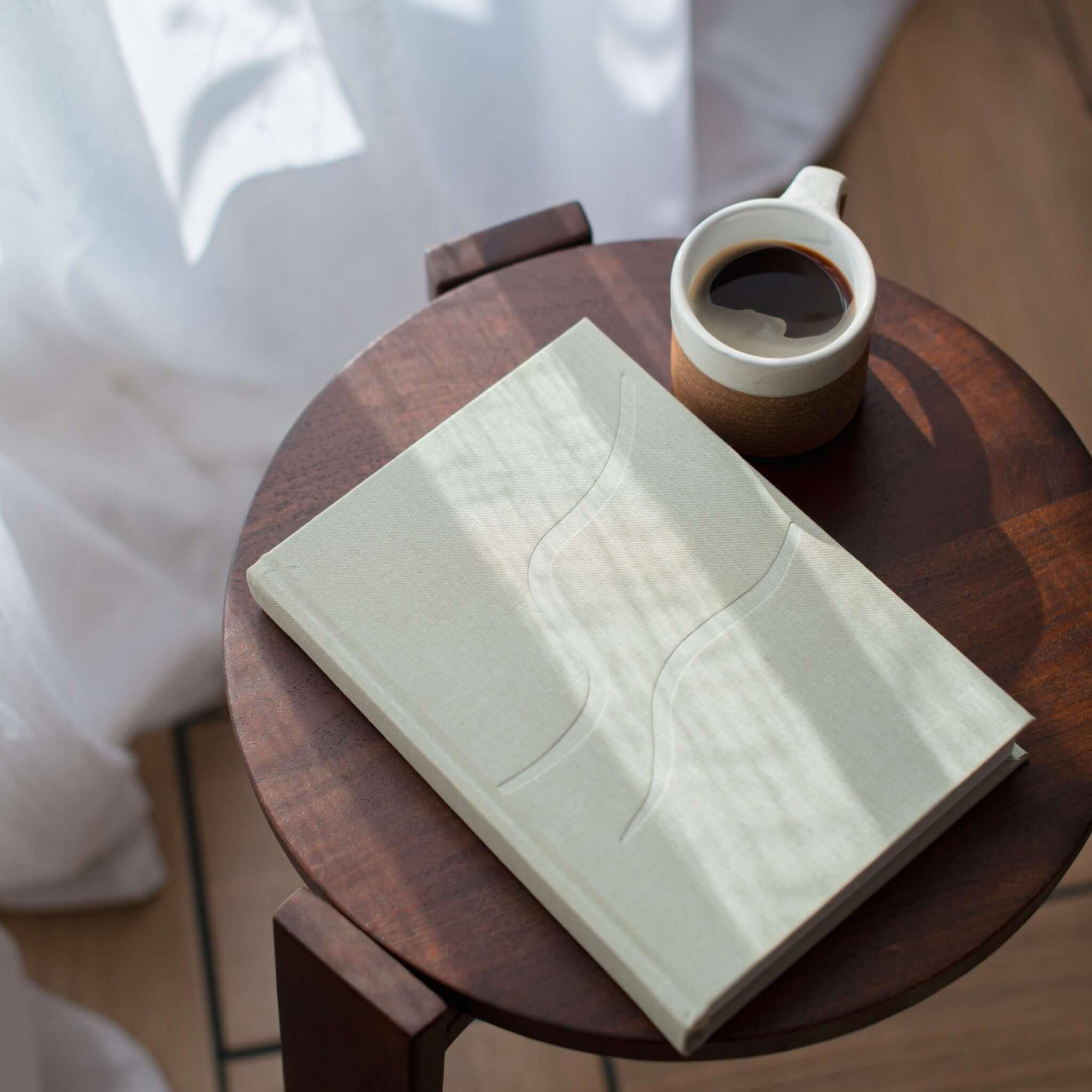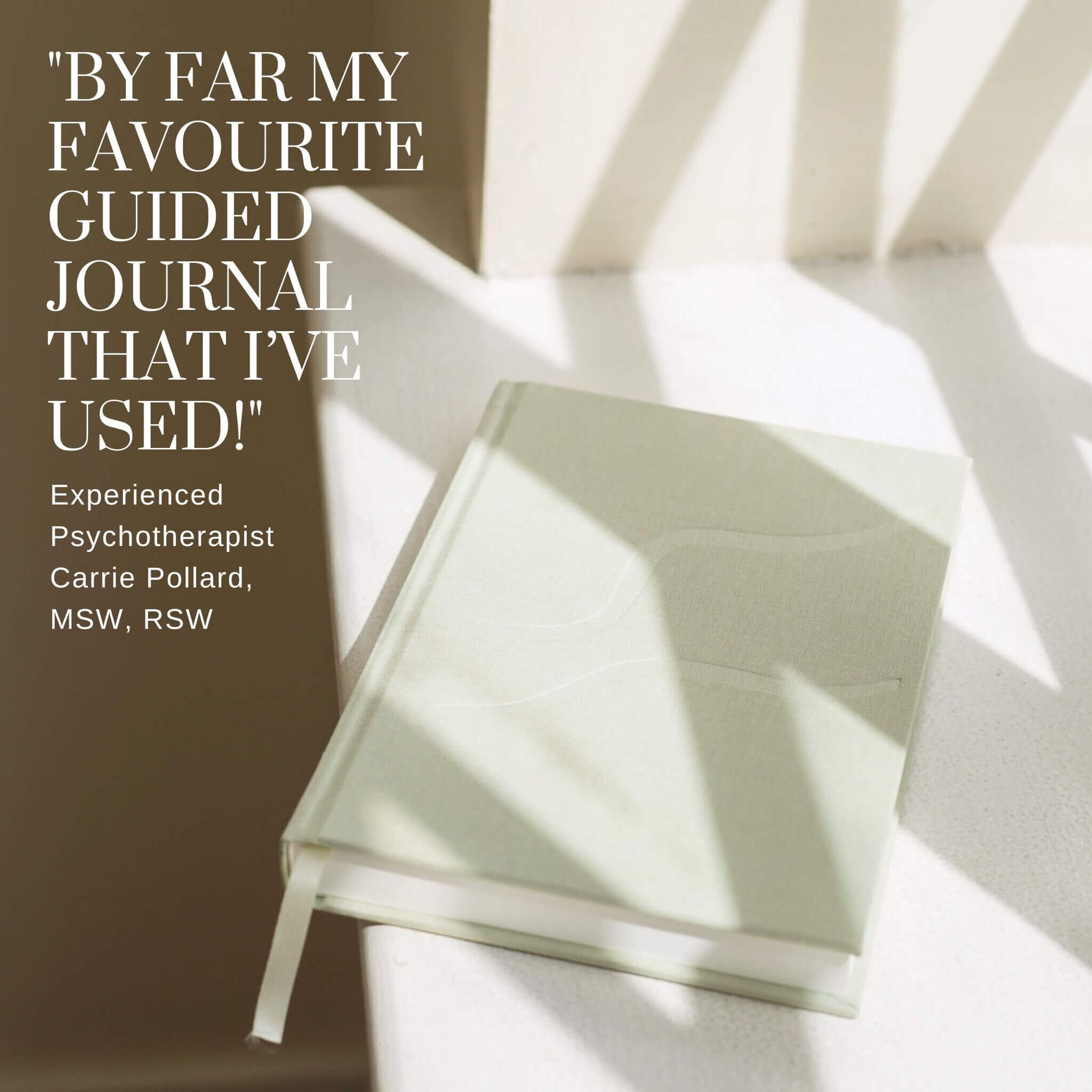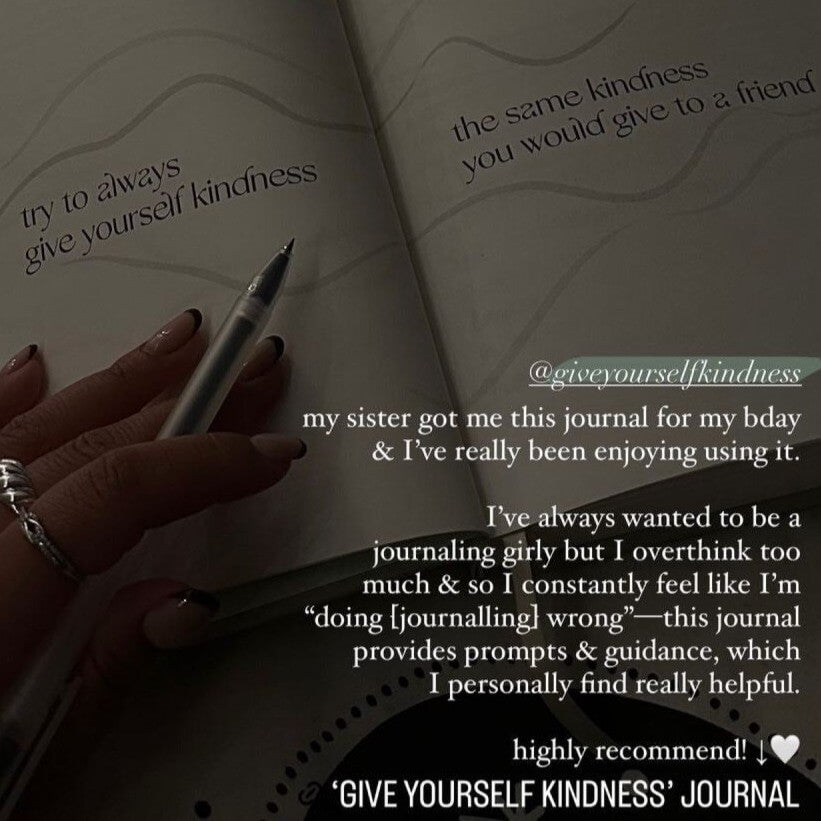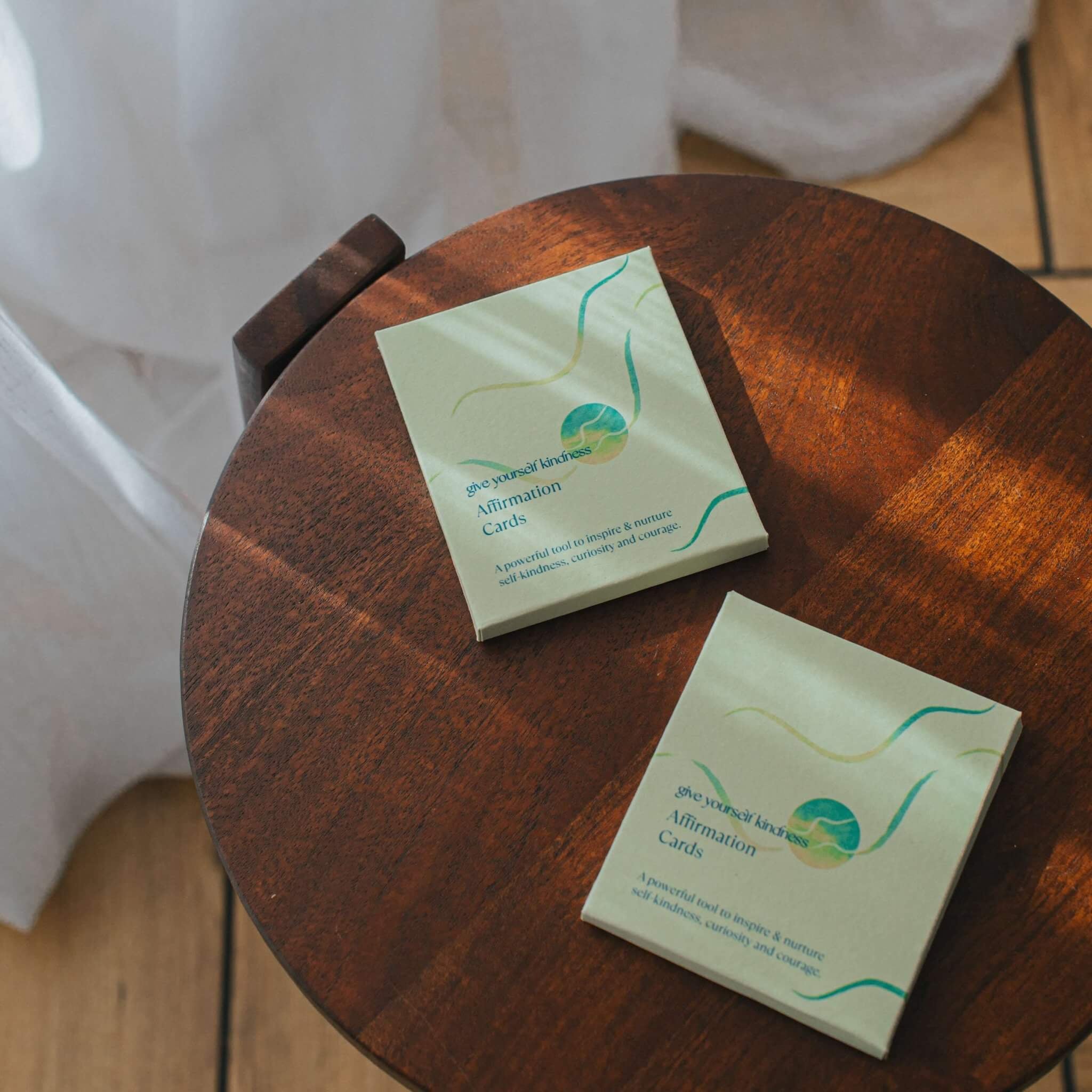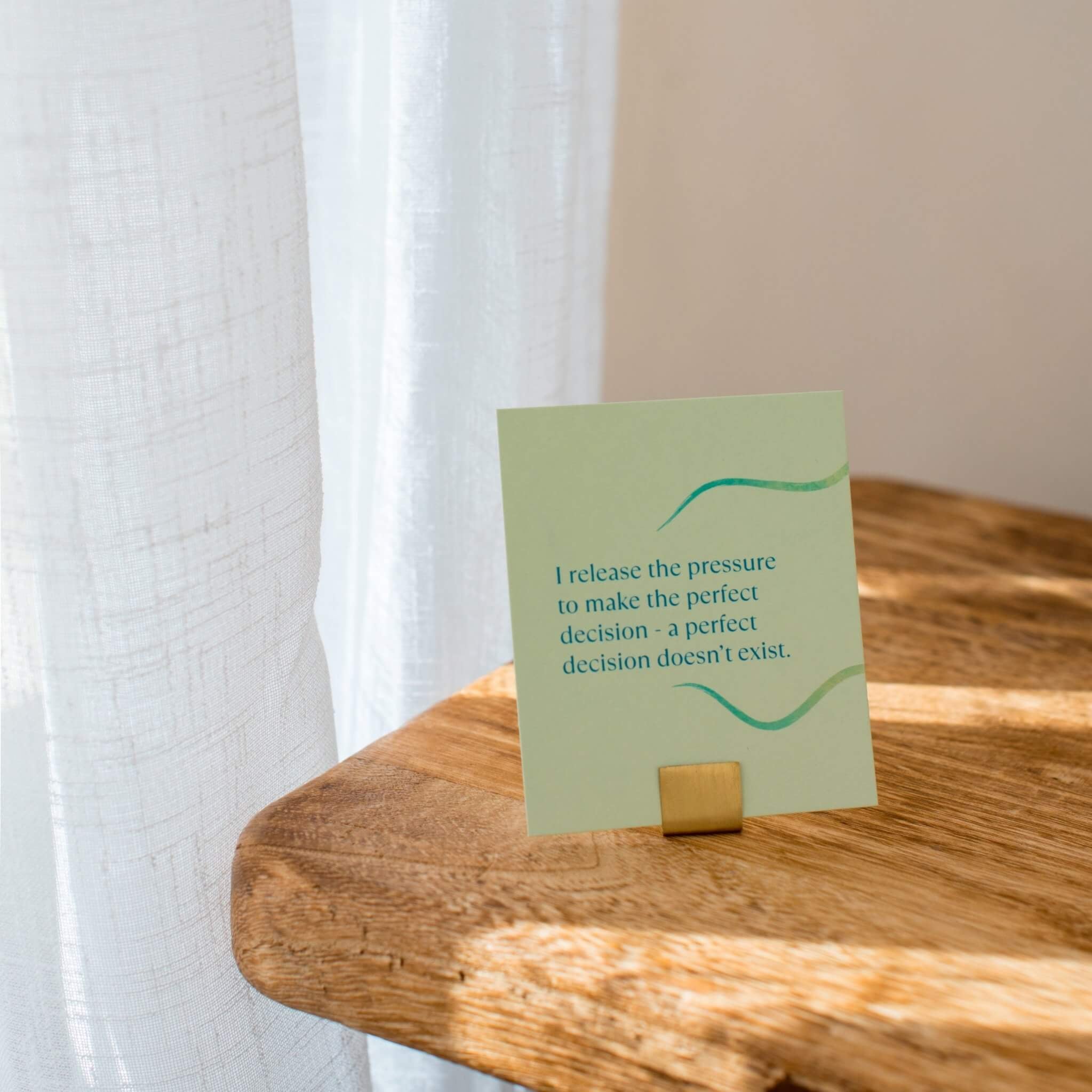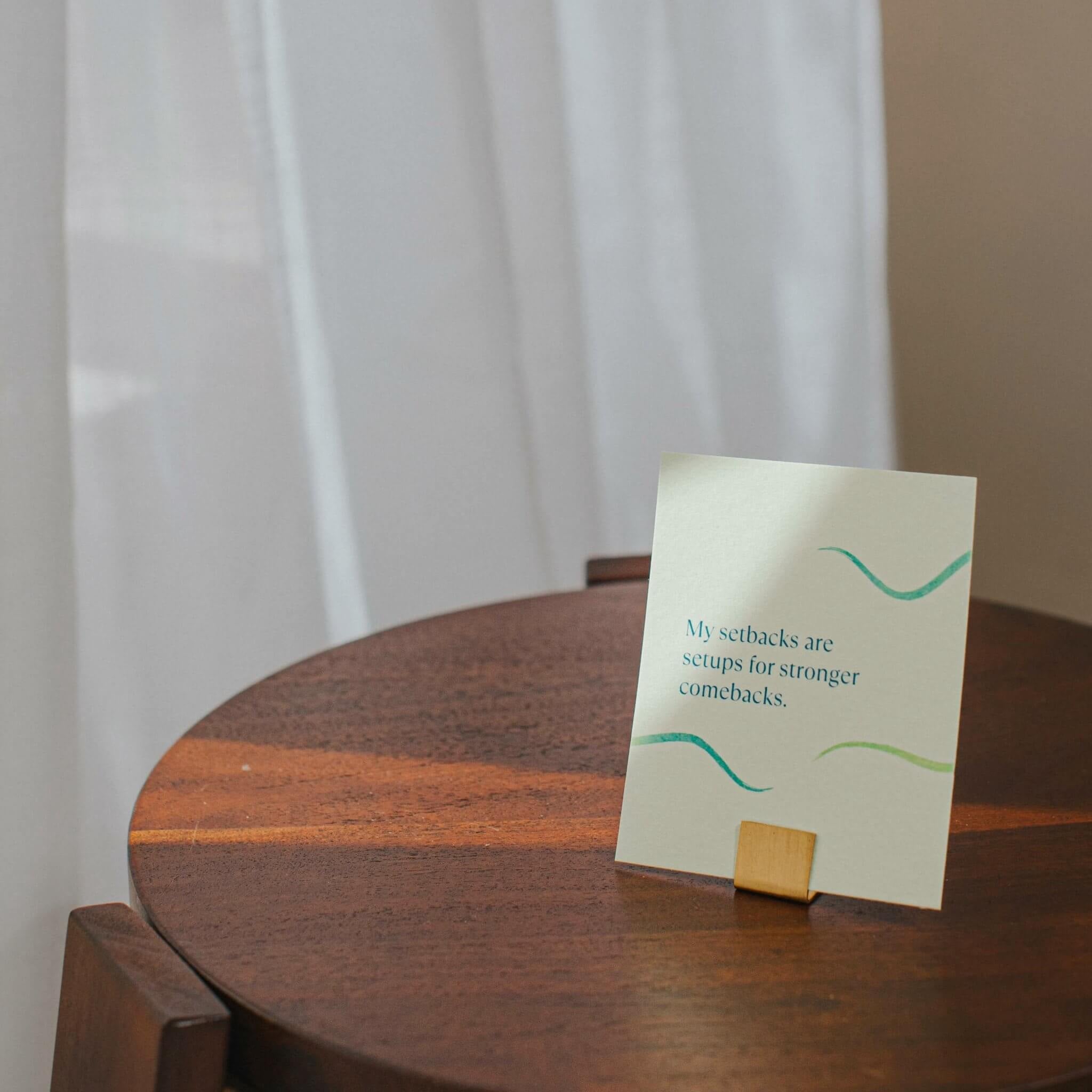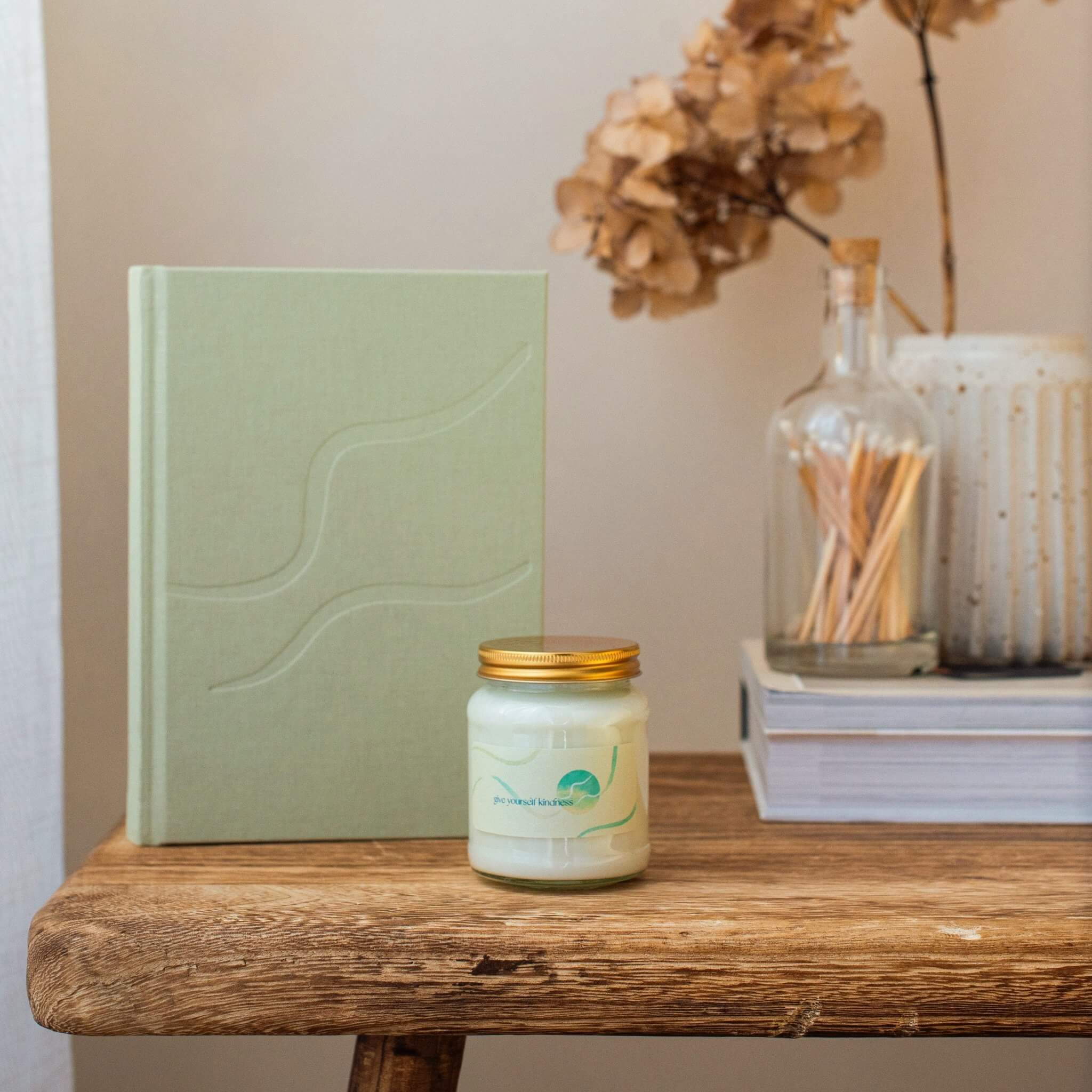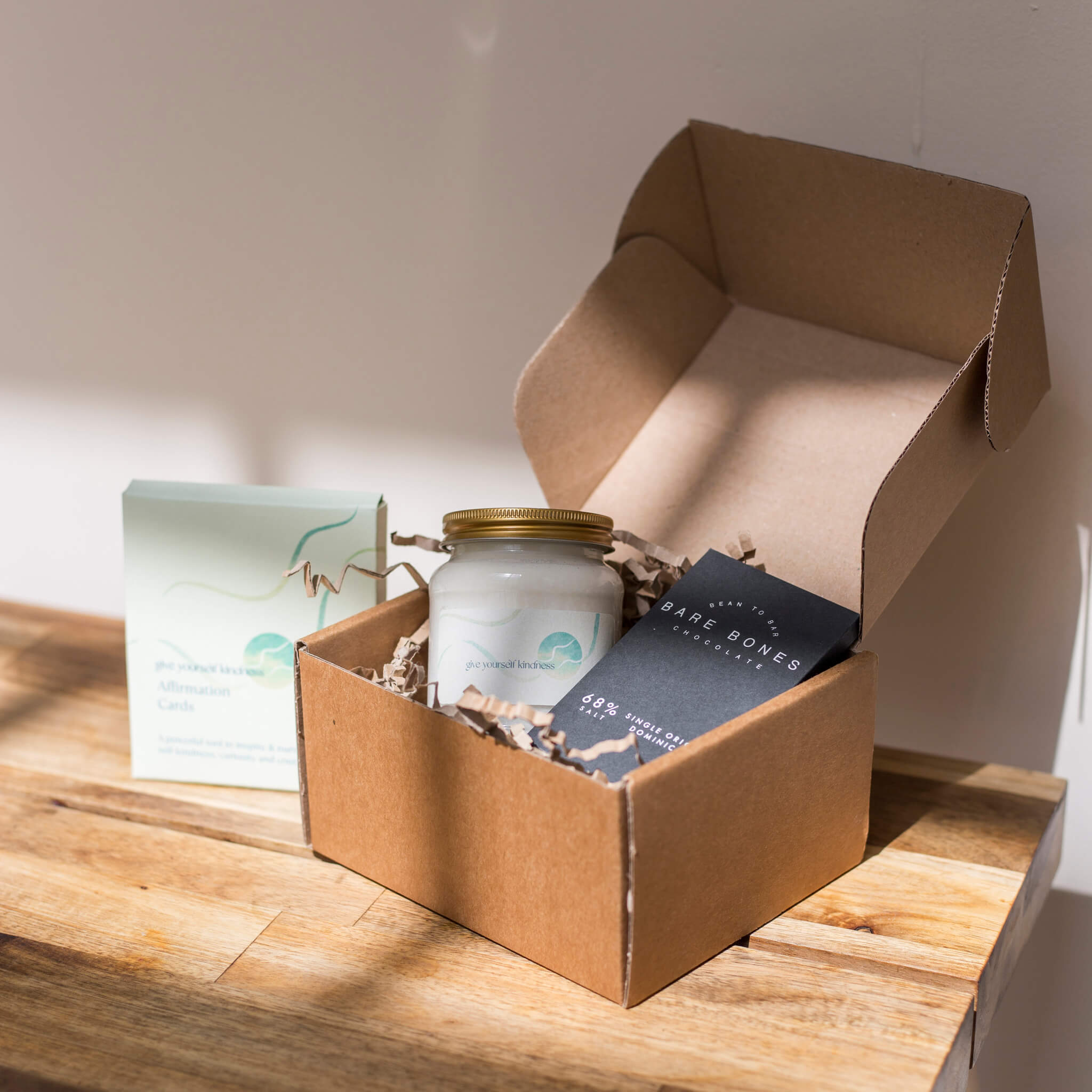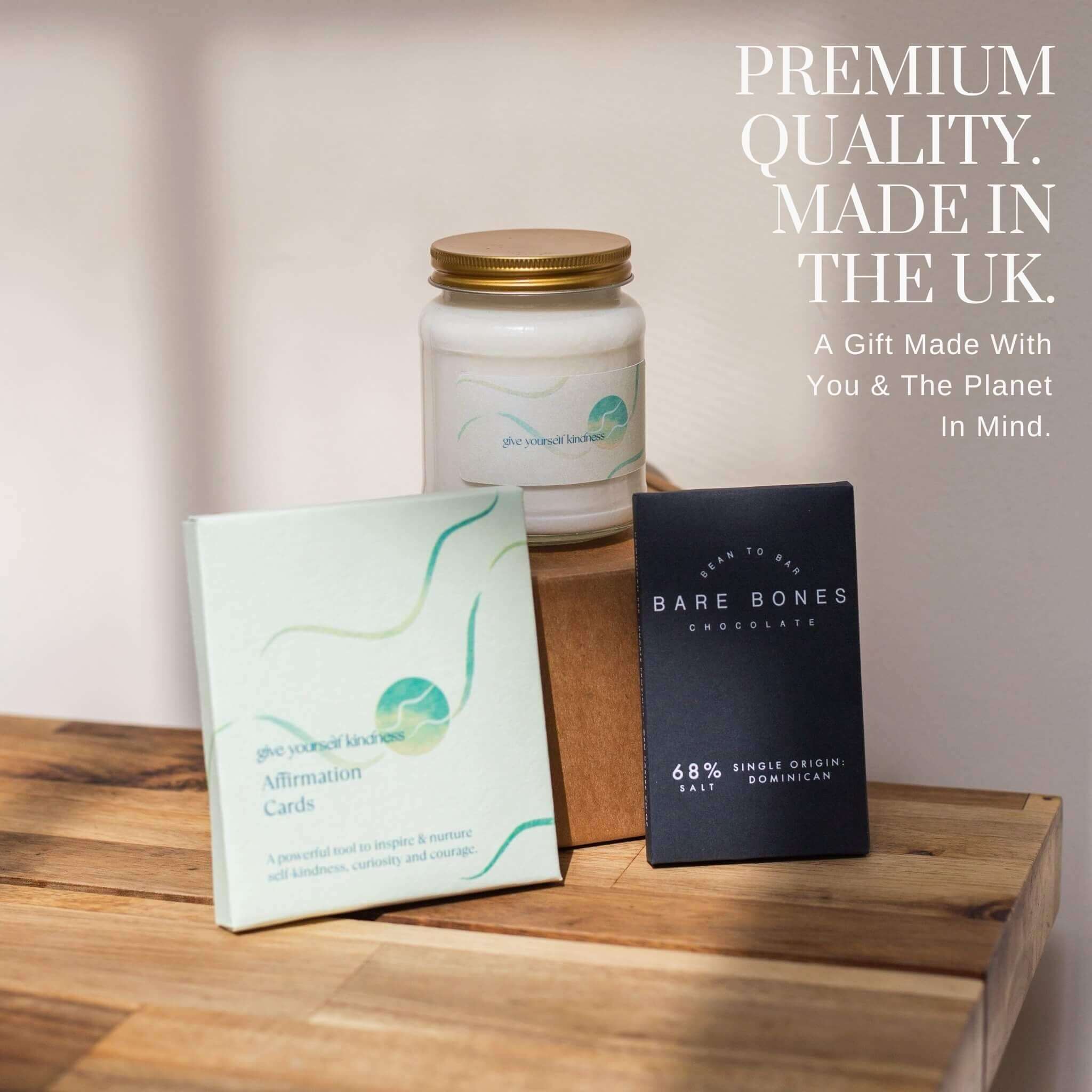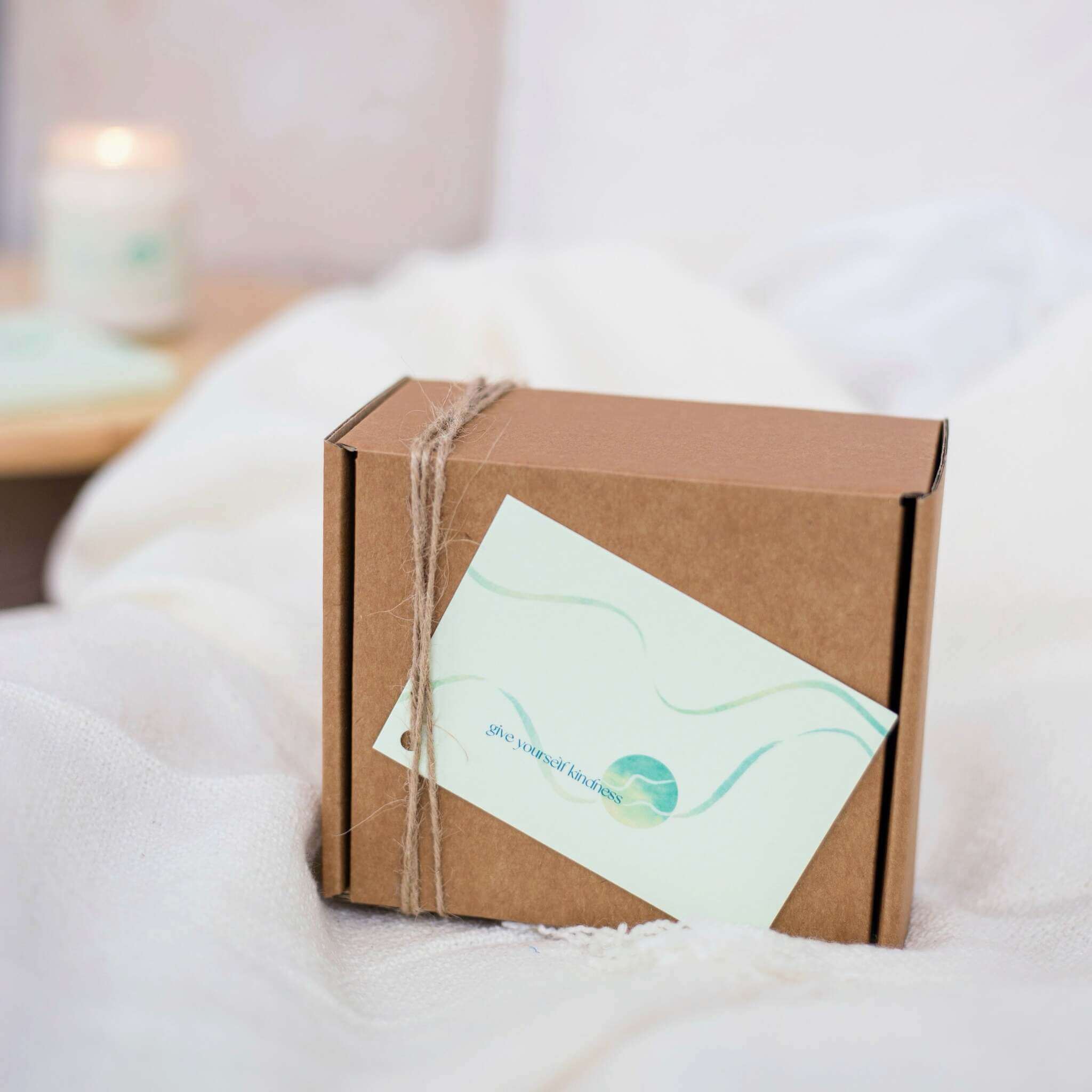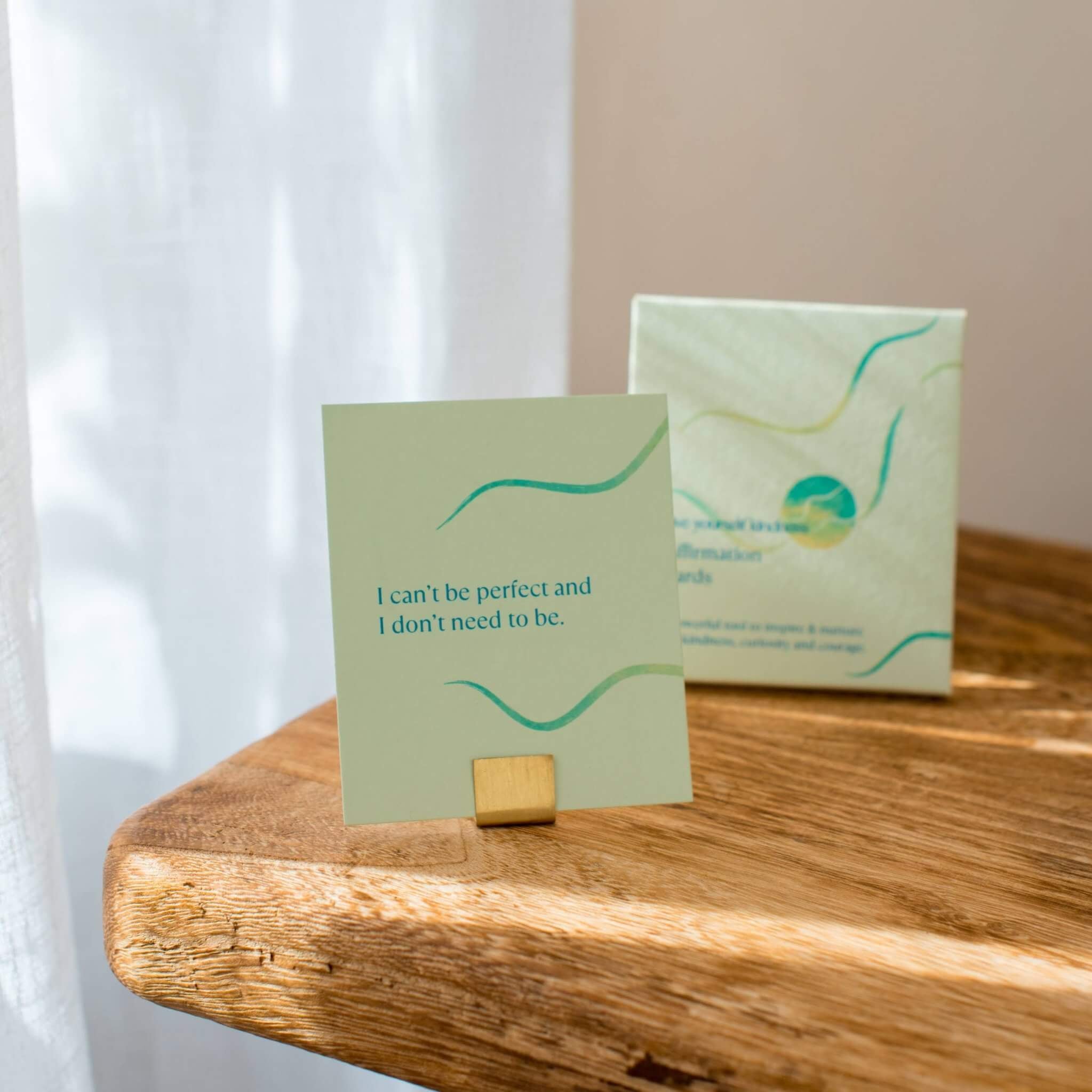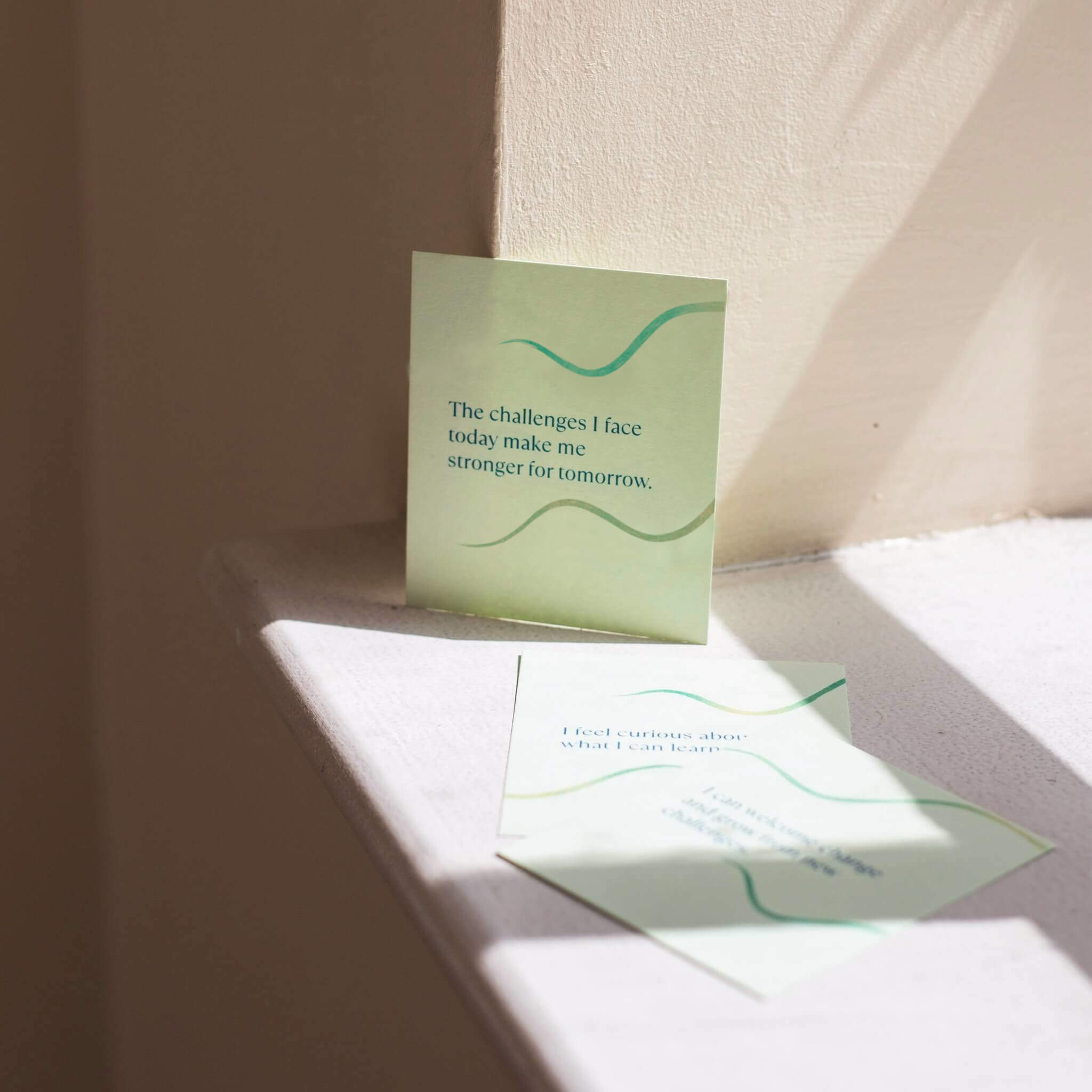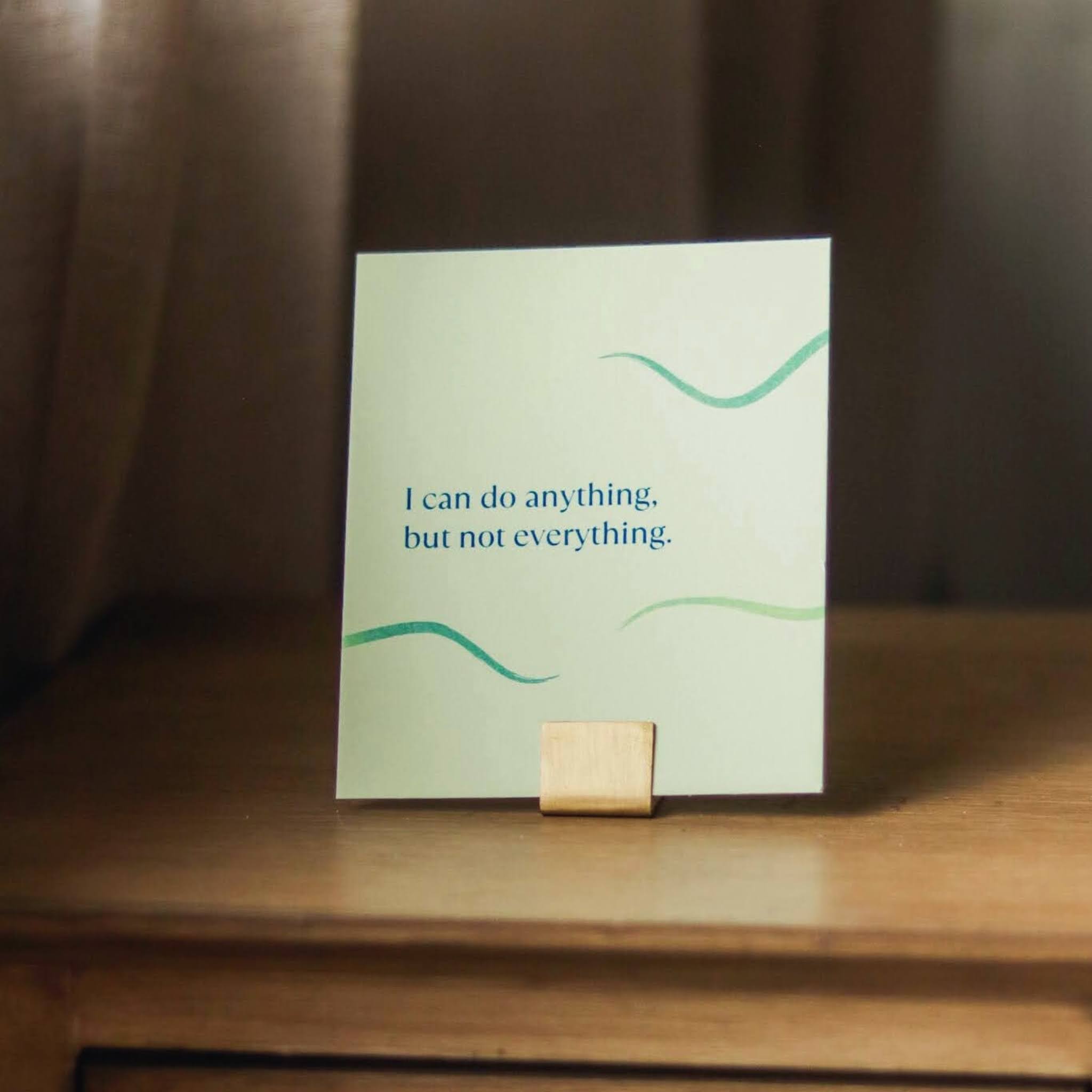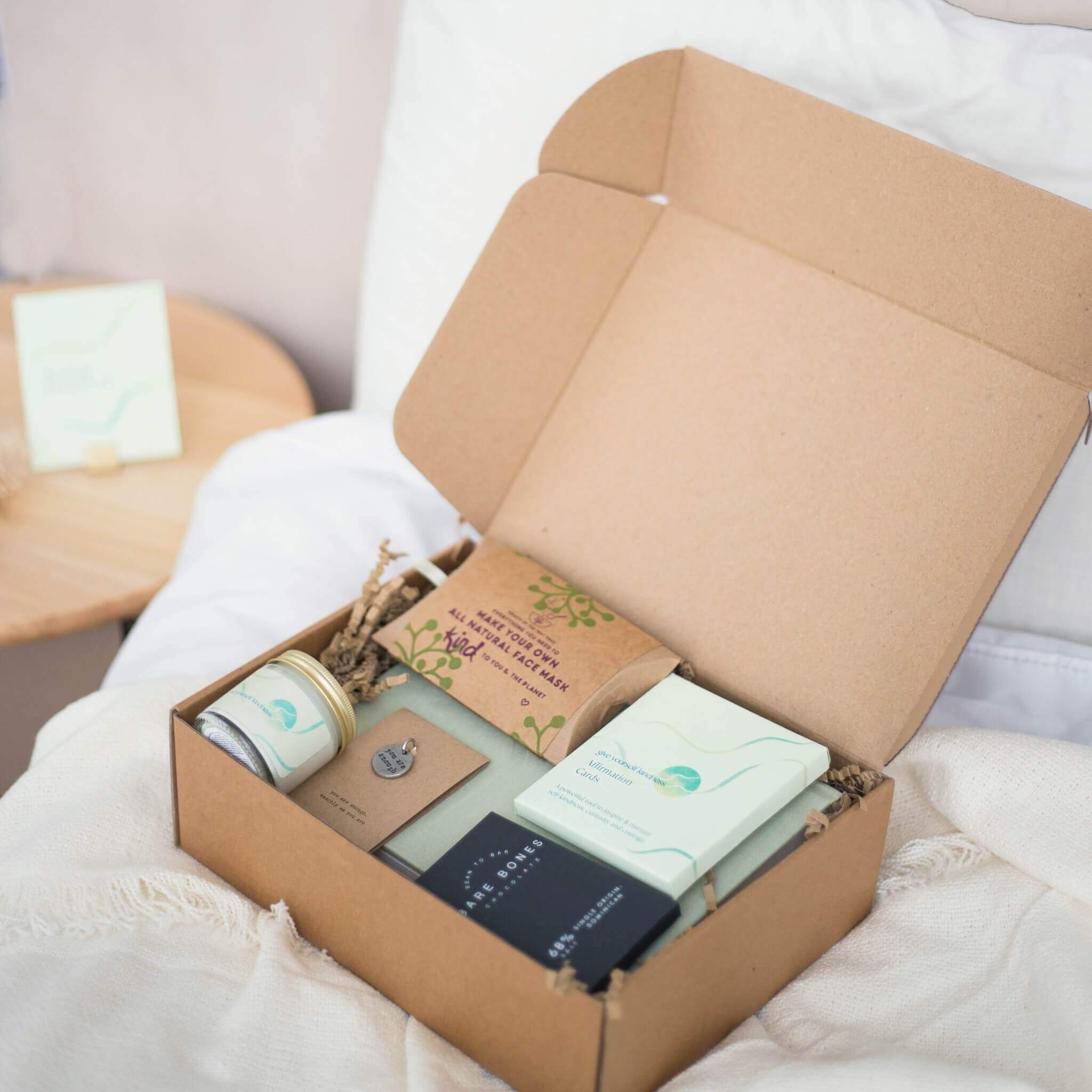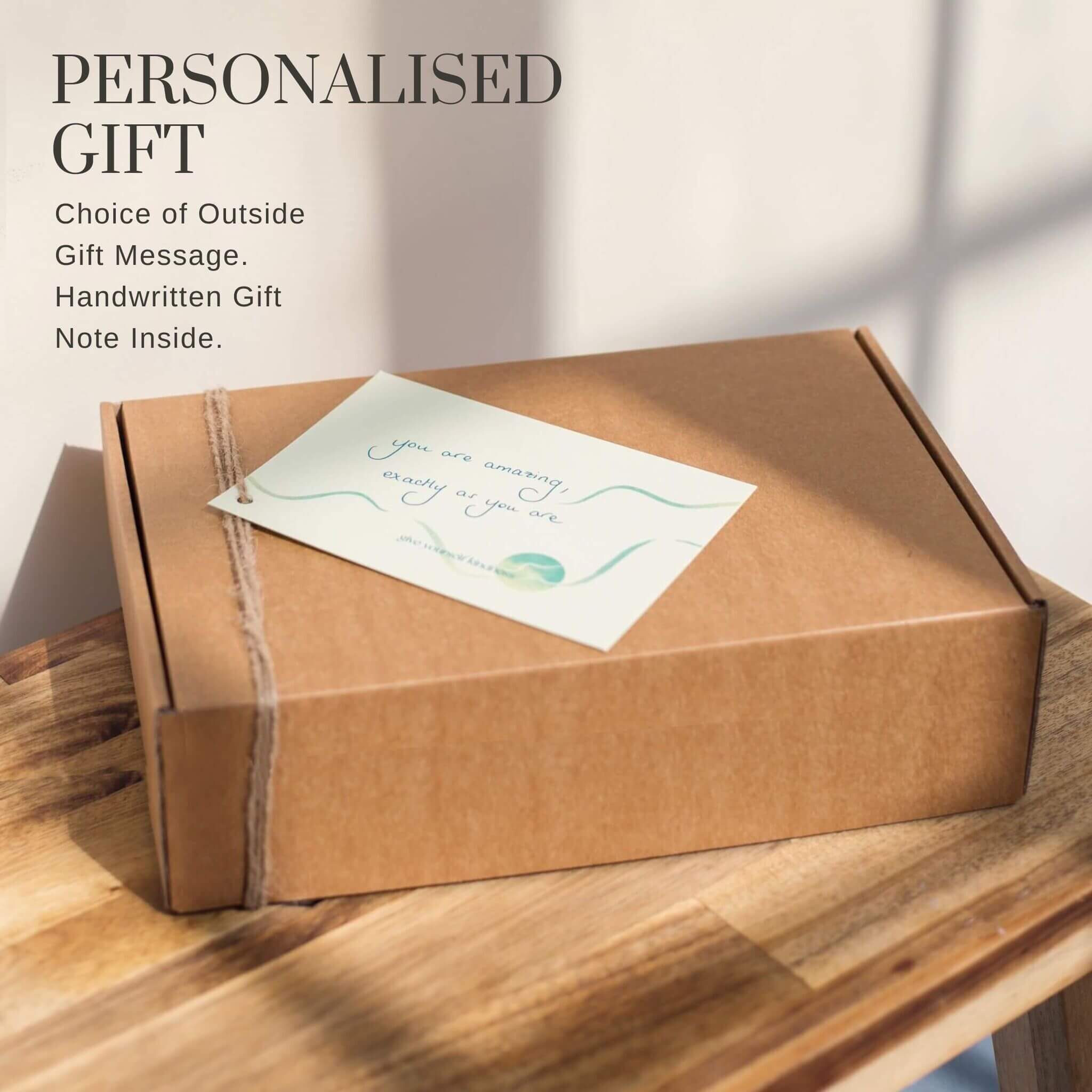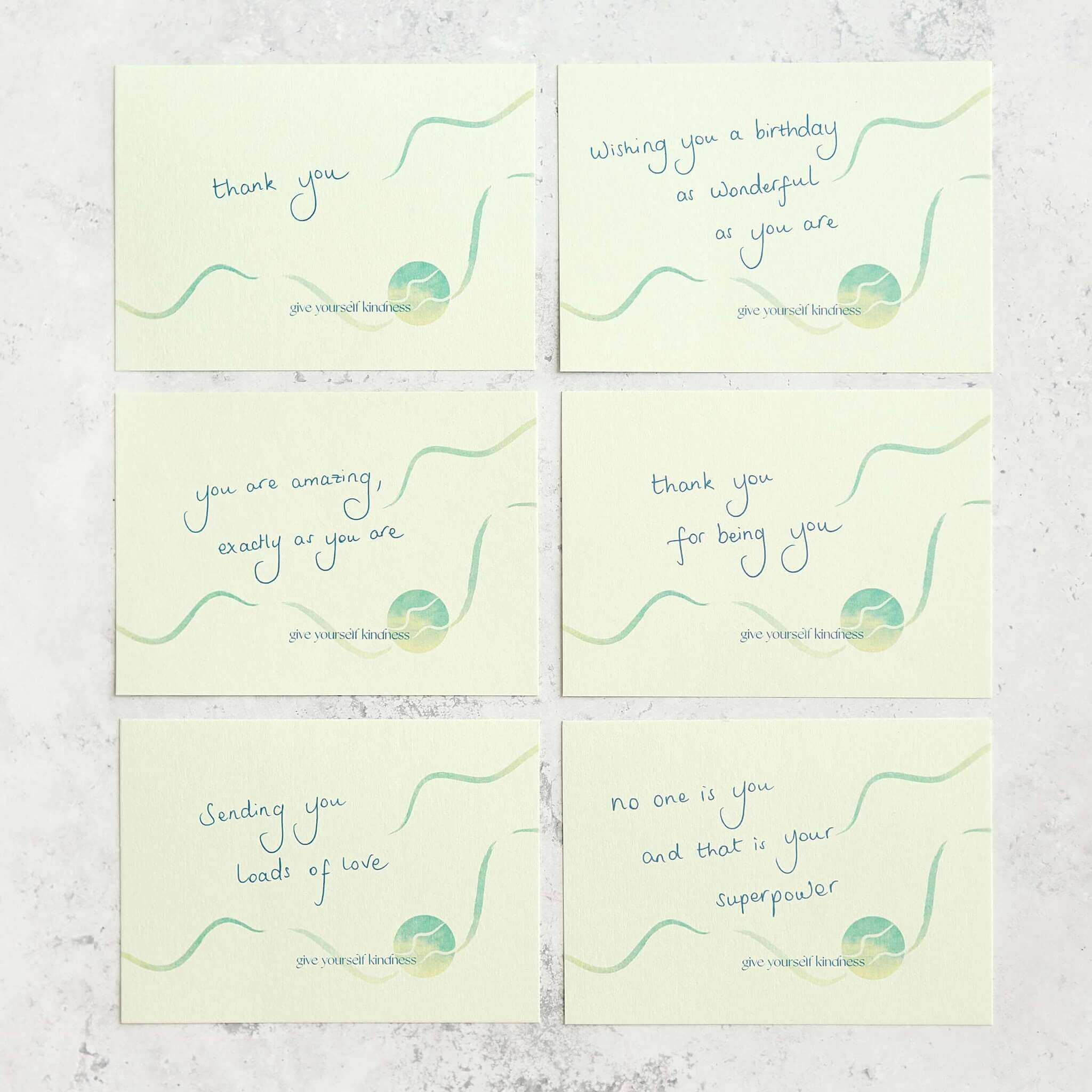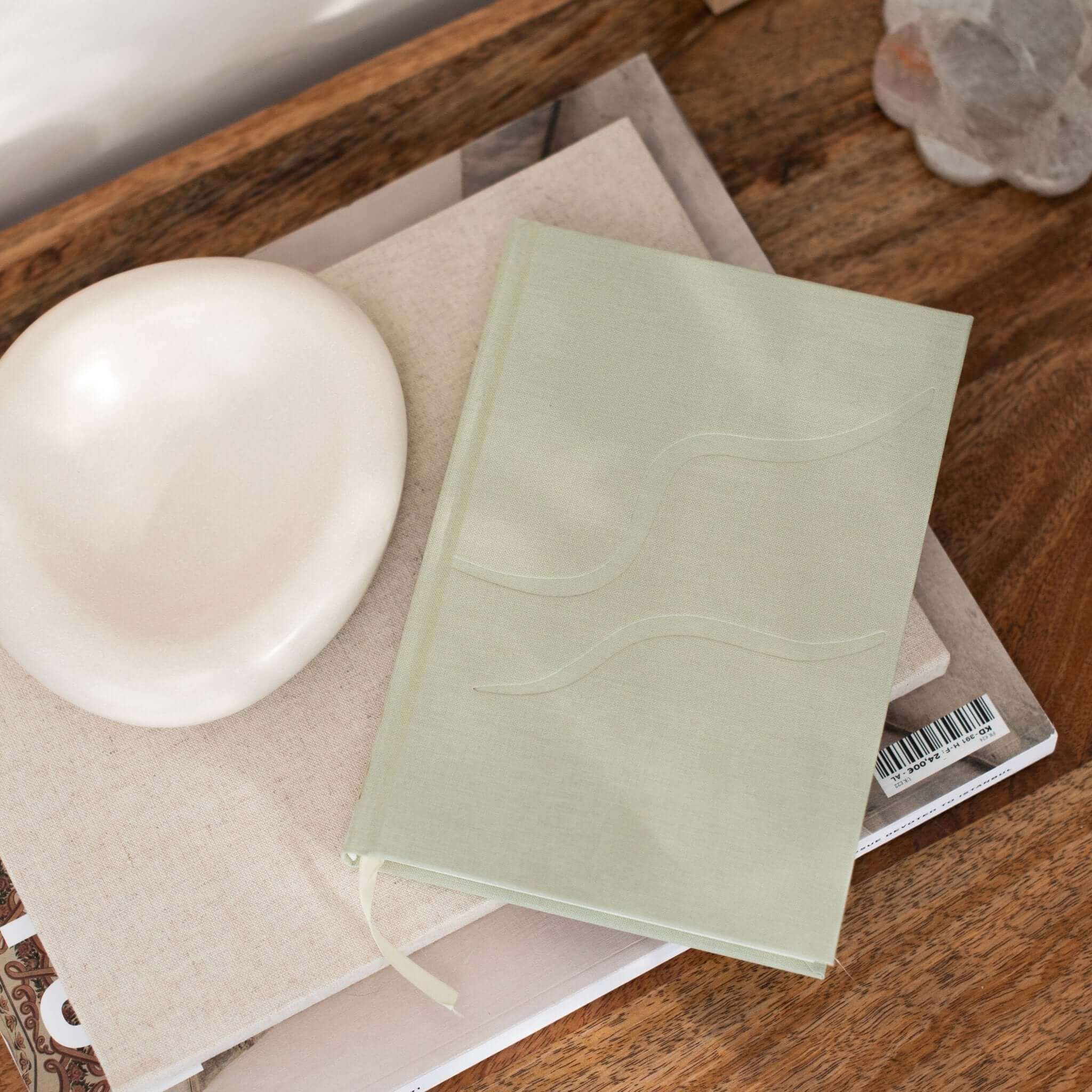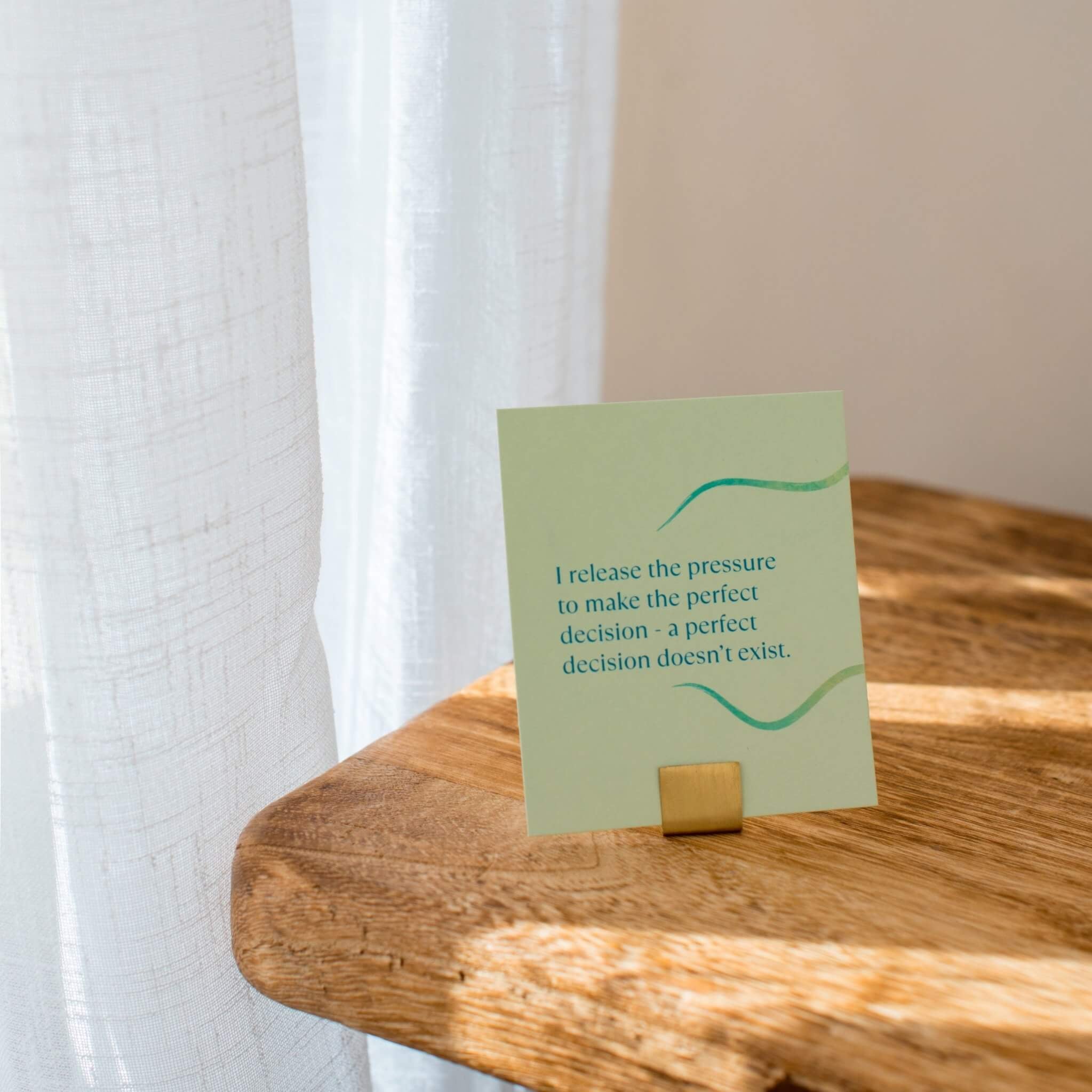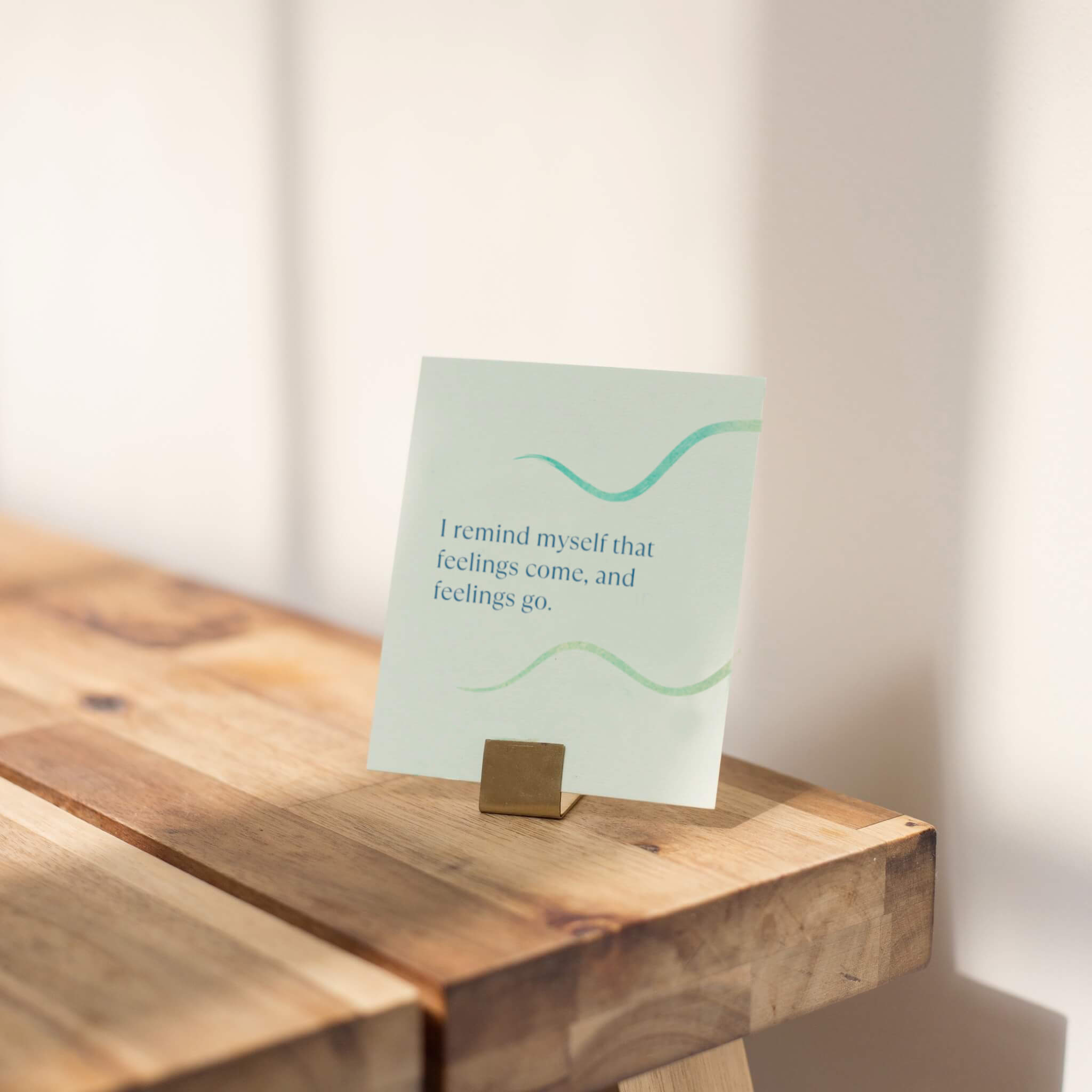How to start a journaling practice that can help you
At Give Yourself Kindness I want to emphasise that journaling is different for everyone.
I want you to know that you don't have to be a 'writer' to journal and that no journal practice is 'right' or 'wrong'.
Expert insights have always been really important throughout the story of the Give Yourself Kindness journal - whether you are a beginner journaller or have journalled before I wanted to create a place for all.
I also am aware that if you've never started journaling before it can be dawnting - if you feel like that - that's okay.
I reached out to 6 amazing therapists to get their top journaling tip. (or tips!)
Here's what they had to say...


Journaling: there are no rules
Journaling is a compassionate practice of self-connection. There are no rules or wrong ways of doing it.
'You can use words, doodles, or stickers, and it can look fancy or messy'
Your journal is your forever friend that is always there to non-judgmentally listen and help guide you to your own inner wisdom.
You can use words, doodles, or stickers, and it can look fancy or messy. You can make it a daily ‘check-in’ practice or pick it up in the hardest moments.
Personally, I try to use my journal to record moments of joy and gratitude, and even provide short updates on how difficult situations were resolved. I feel like it creates a bit more balance and closure, but this is my practice, and I hope you find one that resonates for you!


Shirvin Lee, MA, RCC is a Registered Clinical Counsellor based in Canada and supports clients to embrace mistakes and imperfections with kindness and compassion.

Journaling isn't a chore or something you have to do
Journaling isn't a chore or something you have to do - it's an opportunity to connect with yourself.
We're often lost in our thoughts and it can be easy to listen to the negativity and criticism instead of considering what the facts are. When you journal, you're able to write down, without judgement, whatever is on your mind.
'we're all human beings going through the hurdles of life'
This is a chance to practice self-compassion and acknowledging that we're all human beings going through the hurdles of life. It's normal to have feelings and being able to write them down is one way to sort through them.
Here's a prompt for you: What's something you haven't done for yourself lately?



There is no right or wrong way to journal
As a therapist, my top tip for journaling is to remember that there is no right or wrong way to do it.
Journaling is a deeply personal experience, and should fit your unique needs and preferences for the time of life that you’re in.
'Journaling is a deeply personal experience'
You may find comfort in free-writing, where you allow your thoughts to flow without any structure or rules. You may prefer using prompts to guide your entries, such as reflecting on your day, or setting daily or future intentions. Bullet journaling is another popular method, which combines organization with creativity by using bullet points, lists, and doodles to capture your thoughts or tasks. If you enjoy visual expression, art journaling can be a powerful tool, incorporating sketches, collages, and colors to convey your feelings and experiences.
'the best approach to journaling is the one that resonates with you'
Ultimately, the best approach to journaling is the one that resonates with you and provides a safe space for self-exploration and emotional processing that allows you to be present with your current thoughts and feelings.
Allow yourself the freedom to experiment with different styles and formats until you find what feels right for you.


Nina Holle is a psychotherapist and writer. She draws on insights from psychology, neuroscience, and various wisdom traditions. In her clinical practice and in her writing, she helps guide individuals on their journey towards personal growth, true wellbeing and a meaningful life.

Journal everyday - it’s like flossing
My top 3 tips:
- Journal everyday - it’s like flossing
- Journal in the evenings to integrate anything unprocessed from the day if you have trouble sleeping
- Use prompts or journal questions for guidance when struggling with specific challenges (e.g. how can I find more peace?)



Ask yourself a question: without judgement
My biggest tip for those beginning to journal is to ask yourself a question and answer it without judgement.
What support do I need right now? What are realistic action steps that I can take now? What am I proud of myself for in these moments?
Reflect on things you are concerned about and turn these thoughts into questions so that you have a focus of where your writing can help you go.
'turn these thoughts into questions'
There are many journal prompts you can find online for free centered around personal development, gratitude, and goal setting which can then be turned into thoughtful questions. Processing your thoughts and feelings on paper with a solution-focused idea in mind can be a powerful tool in your new journal journey.


Julie Burke (she/her/hers) is a Licensed Professional Counselor – Supervisor (LPC-S) in Austin, Texas. She is the owner + therapist of Violet Crown Therapy, a private practice that supports people with exploring authenticity, vulnerability, and connection.

Journaling should be what YOU need and done in any way that makes sense to you
If you do a quick google search, "what is journaling?" you'll get an answer that is something along these lines:
"the act of keeping a record of your personal thoughts, feelings, insights, and more. It can be written, drawn, or typed and can be on paper, your computer, or phone".
I love this definition because it captures what journaling is...which is a way for YOU to keep track of anything in your brain at any given time.
'there isn't a right or wrong way to journal'
There isn't a right or wrong way to journal and that's one of my favorite things about it...which is what I would remind any new (or old) journaler to keep in mind. Journaling should be what YOU need and done in any way that makes sense to you.
Do you prefer to write lists? Great. Draw your thoughts out? Awesome. Are you someone who needs or prefers prompts to get started? Perfect--you do you.
'lean into what you need and feel is best for you'
Do not place value (good or bad or anything in-between) on the way you journal or what's best for you--rather, lean into what you need and feel is best for you and focus on what's right for you to write (or doodle) your thoughts.


